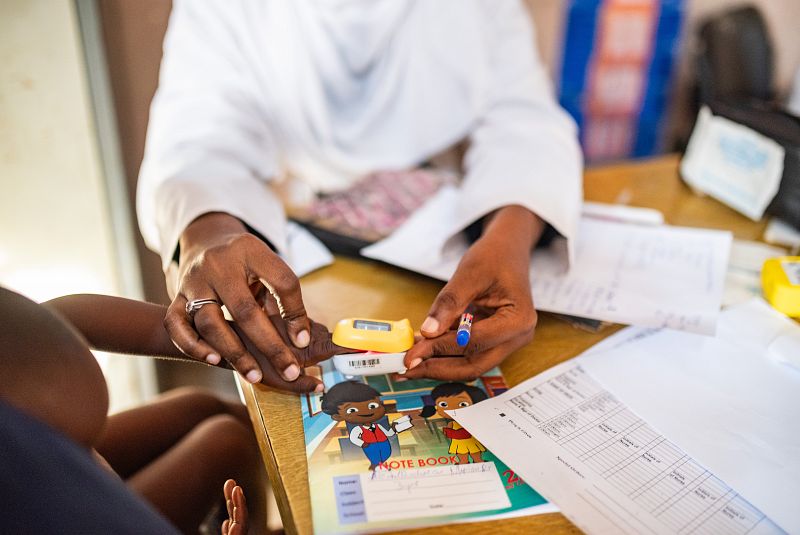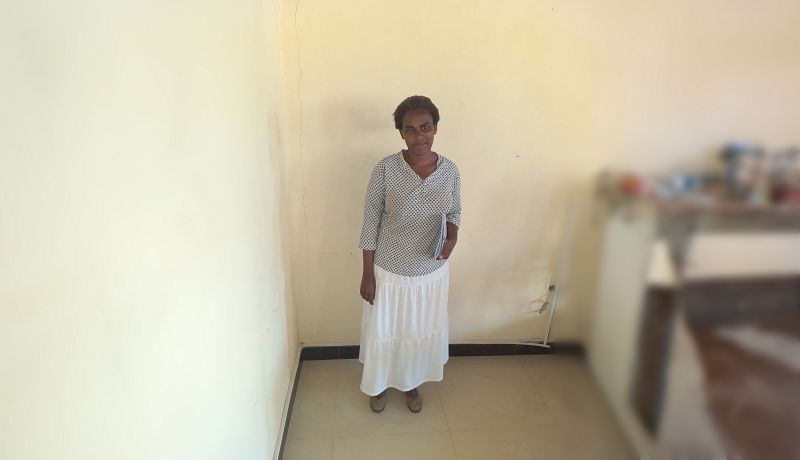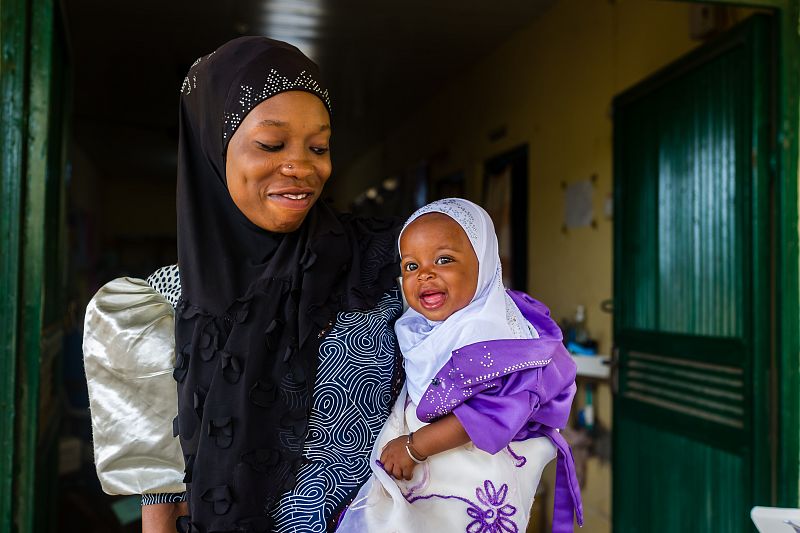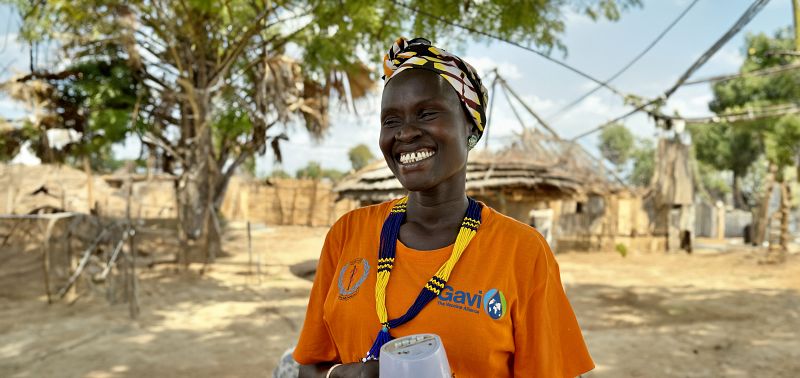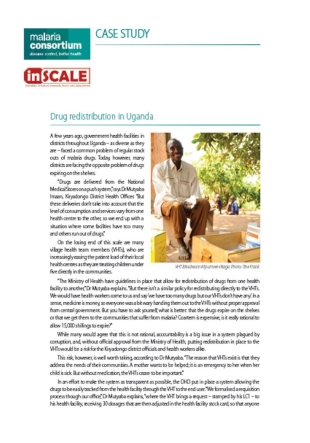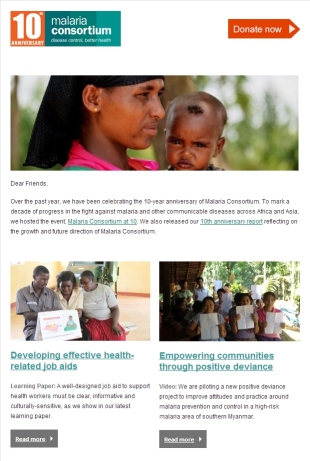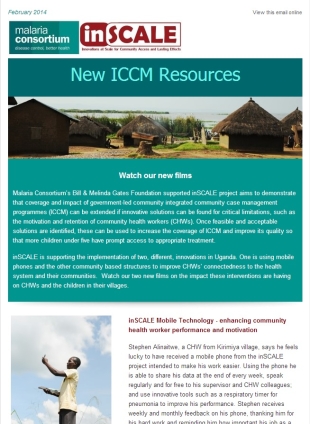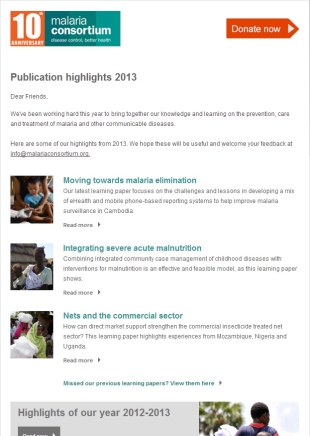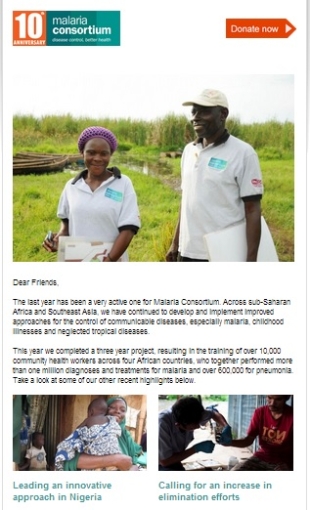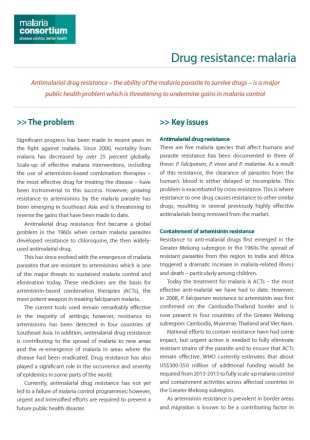Publications
Explore our publications to find useful evidence, lessons and recommendations from our work across Africa and Asia
Type
- Advocacy and positioning
- Advocacy briefs
- Advocacy reports
- Annual reviews
- Brochures
- Capacity statements
- Position statements
- Conference
- Briefing notes
- Posters
- Presentations
- Guidance and toolkits
- Guidance
- Training materials
- Learning
- Case studies
- Infographics
- Insight briefs
- Learning briefs
- Learning papers
- Newsletters
- Research and Technical
- Journal articles
- Project briefs
- Project reports
- Research briefs
- Synopses
- Technical briefs
Keyword
- ASTMH
- Advocacy
- COVID-19
- Capacity development
- Case management
- Case study
- Chemoprevention
- Child survival
- Climate
- Community delivery
- Costing and economic impact evaluation
- Data-informed decision-making
- Diagnosis
- Digital health
- Elimination
- Evidence generation
- Gender
- Genetic modification
- Health financing
- Health system strengthening
- Learning
- Logistics
- MNCH
- Malaria in pregnancy
- Monitoring and evaluation
- PMC
- Philanthropy
- Policy development
- Private sector
- Quality improvement
- Research
- Resistance management
- SBC
- SDGs
- SMC
- Scaled implementation
- Scholarships
- Surveillance
- Treatment
- Universal health coverage
- Urbanisation
- Vaccines
- Vector control
- Webinars
- iCCM
Diseases
Country
Language
Reset all search optionsCurrent search filters (499 results match ALL terms):
Language: English
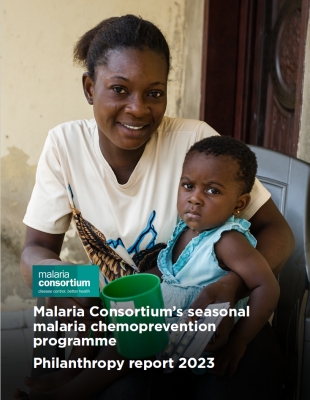 25/04/2024
Project report
25/04/2024
Project report
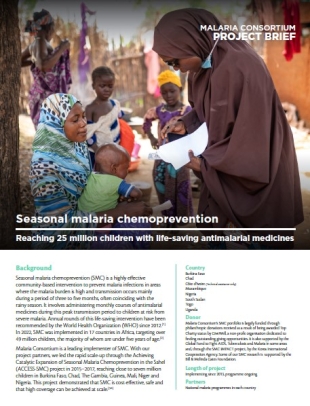 23/04/2024
Project brief
23/04/2024
Project brief
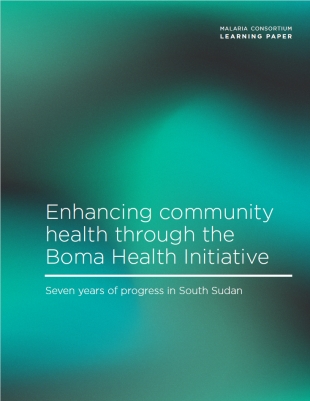 12/04/2024
Learning paper
12/04/2024
Learning paper
 30/03/2024
Journal article
30/03/2024
Journal article
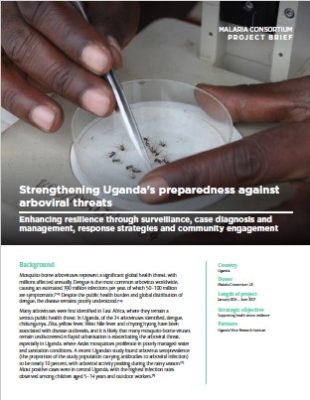 28/03/2024
Project brief
28/03/2024
Project brief
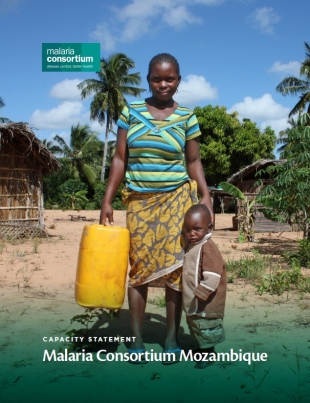 08/03/2024
Capacity statement
08/03/2024
Capacity statement
 08/03/2024
Journal article
08/03/2024
Journal article
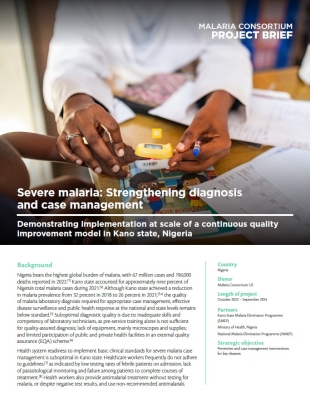 27/02/2024
Project brief
27/02/2024
Project brief
 02/02/2024
Journal article
02/02/2024
Journal article
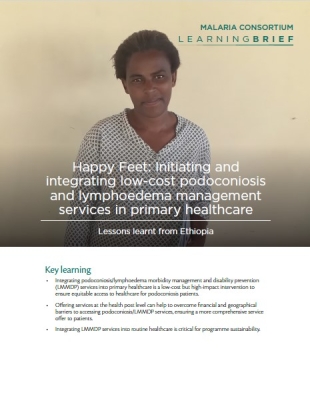 29/01/2024
Learning brief
29/01/2024
Learning brief
 24/01/2024
Journal article
24/01/2024
Journal article
 12/01/2024
Journal article
12/01/2024
Journal article
 02/01/2024
Journal article
02/01/2024
Journal article
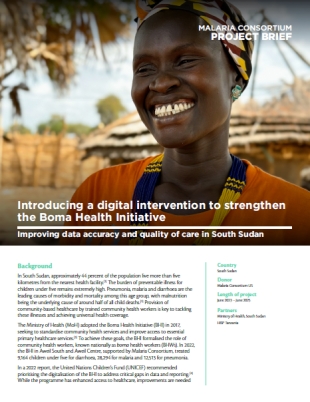 07/12/2023
Project brief
07/12/2023
Project brief
 24/11/2023
Journal article
24/11/2023
Journal article
 14/11/2023
Journal article
14/11/2023
Journal article
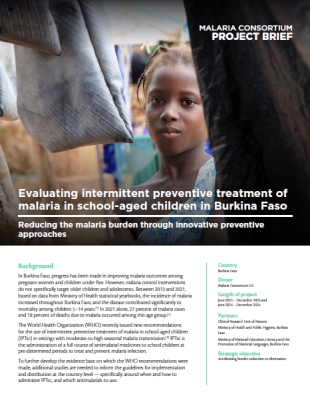 10/11/2023
Project brief
10/11/2023
Project brief
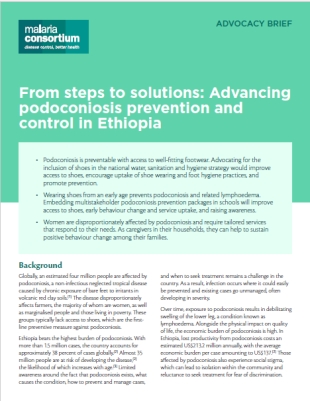 31/10/2023
Advocacy brief
31/10/2023
Advocacy brief
 24/10/2023
Journal article
24/10/2023
Journal article
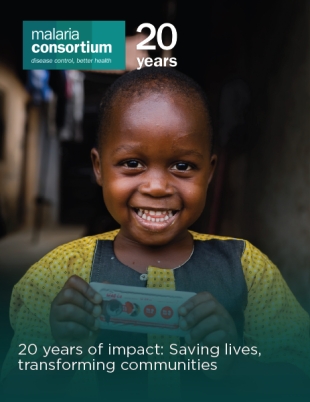 18/10/2023
Annual review
18/10/2023
Annual review
 21/09/2023
Technical brief
21/09/2023
Technical brief
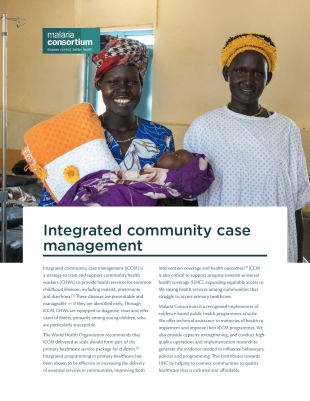 20/09/2023
Capacity statement
20/09/2023
Capacity statement
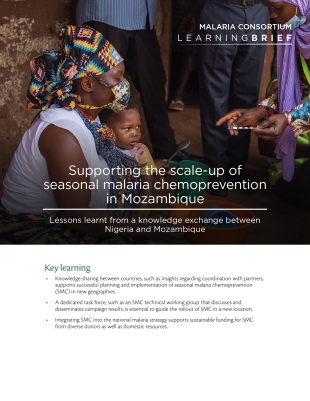 13/09/2023
Learning brief
13/09/2023
Learning brief
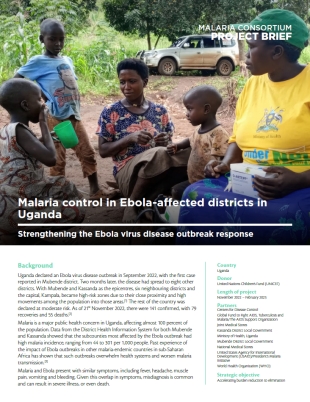 01/09/2023
Project brief
01/09/2023
Project brief
 21/07/2023
Journal article
21/07/2023
Journal article
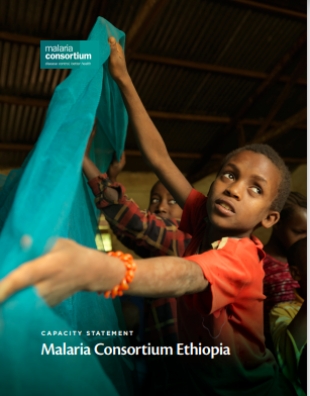 14/07/2023
Capacity statement
14/07/2023
Capacity statement
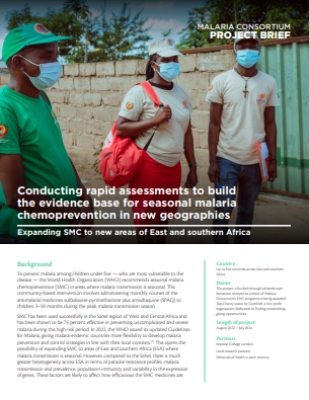 11/07/2023
Project brief
11/07/2023
Project brief
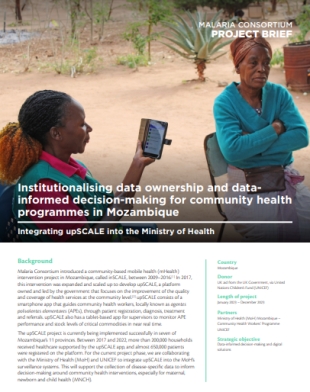 29/06/2023
Project brief
29/06/2023
Project brief
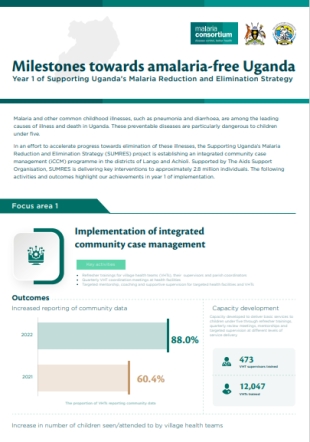 27/06/2023
Infographic
27/06/2023
Infographic
 12/06/2023
Journal article
12/06/2023
Journal article
 12/06/2023
Journal article
12/06/2023
Journal article
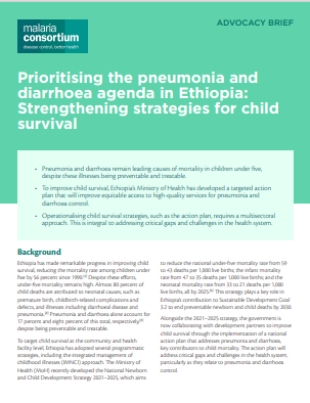 08/06/2023
Advocacy brief
08/06/2023
Advocacy brief
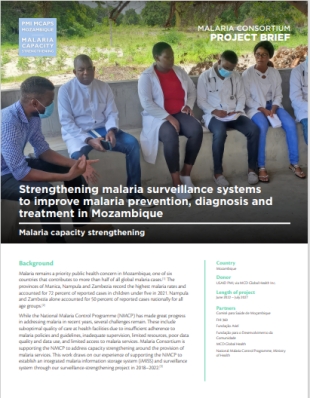 01/06/2023
Project brief
01/06/2023
Project brief
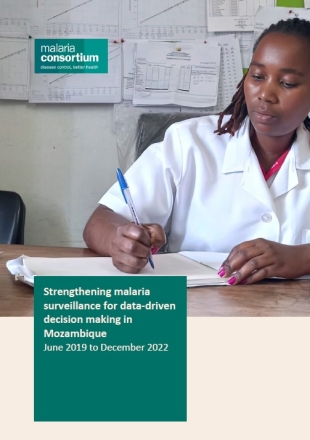 11/05/2023
Project report
11/05/2023
Project report
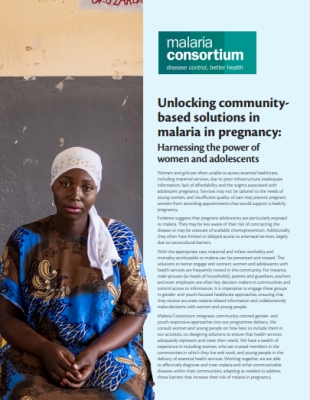 10/05/2023
Brochure
10/05/2023
Brochure
 05/05/2023
Journal article
05/05/2023
Journal article
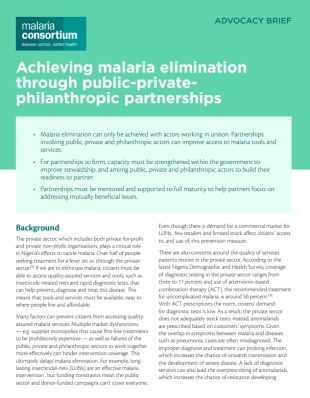 25/04/2023
Advocacy brief
25/04/2023
Advocacy brief
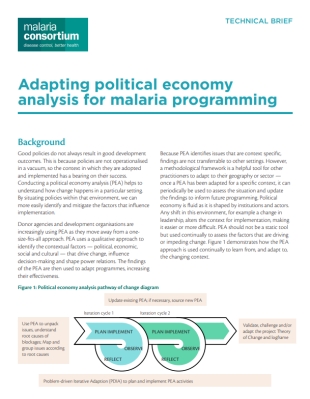 25/04/2023
Technical brief
25/04/2023
Technical brief
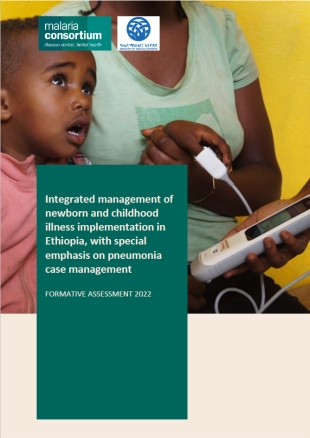 13/04/2023
Project report
13/04/2023
Project report
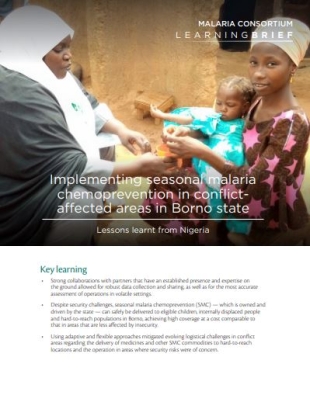 30/03/2023
Learning brief
30/03/2023
Learning brief
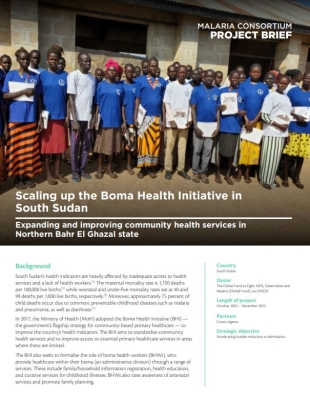 27/03/2023
Project brief
27/03/2023
Project brief
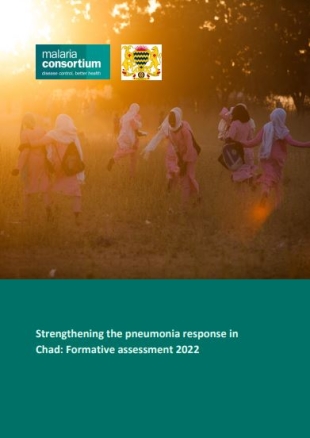 16/03/2023
Project report
16/03/2023
Project report
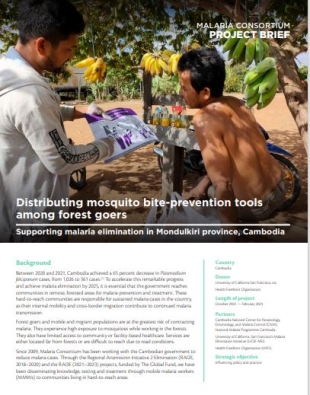 14/03/2023
Project brief
14/03/2023
Project brief
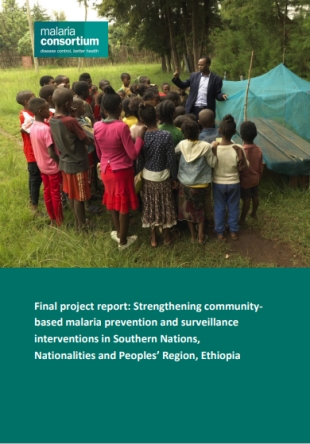 24/02/2023
Project report
24/02/2023
Project report
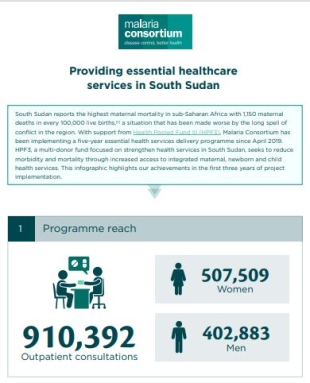 23/02/2023
Infographic
23/02/2023
Infographic
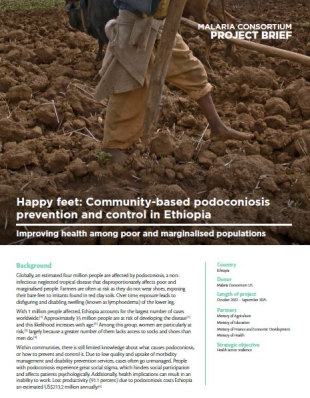 30/01/2023
Project brief
30/01/2023
Project brief
 30/01/2023
Journal article
30/01/2023
Journal article
 12/01/2023
Journal article
12/01/2023
Journal article
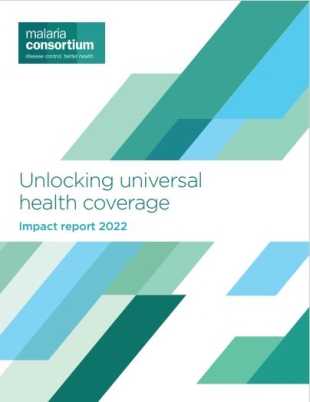 10/01/2023
Annual review
10/01/2023
Annual review
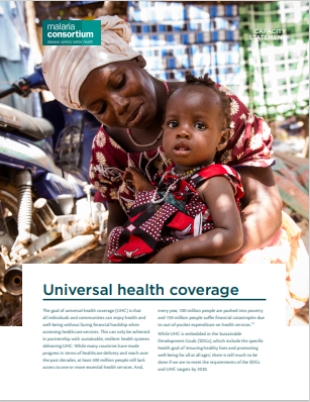 12/12/2022
Capacity statement
12/12/2022
Capacity statement
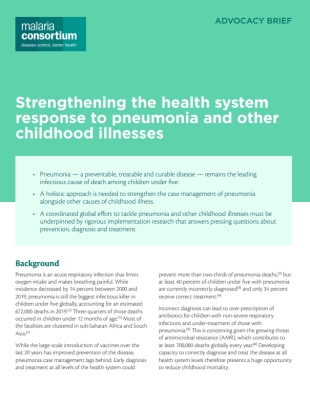 01/12/2022
Advocacy brief
01/12/2022
Advocacy brief
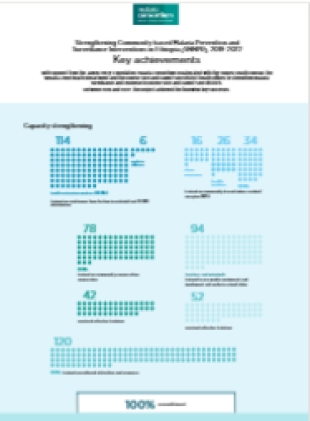 28/11/2022
Infographic
28/11/2022
Infographic
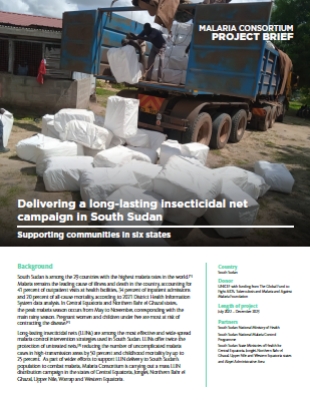 26/10/2022
Project brief
26/10/2022
Project brief
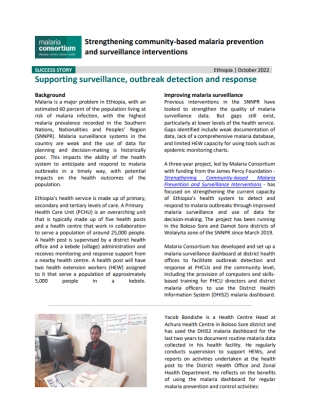 25/10/2022
Case study
25/10/2022
Case study
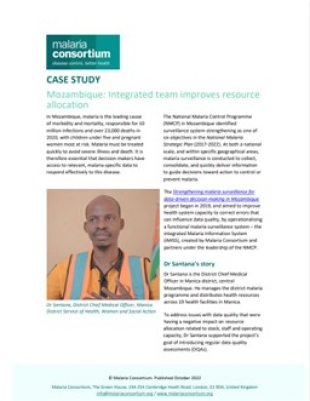 20/10/2022
Case study
20/10/2022
Case study
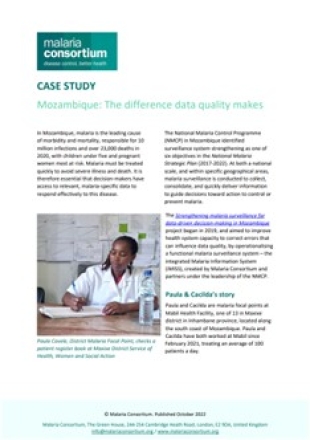 20/10/2022
Case study
20/10/2022
Case study
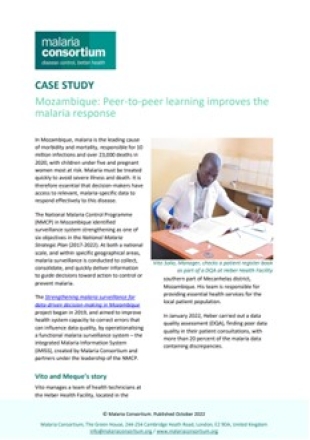 20/10/2022
Case study
20/10/2022
Case study
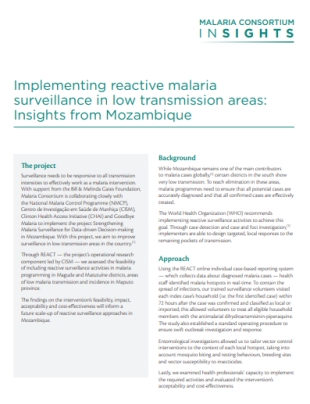 29/09/2022
Insight brief
29/09/2022
Insight brief
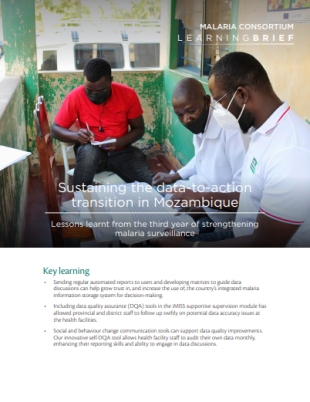 29/09/2022
Learning brief
29/09/2022
Learning brief
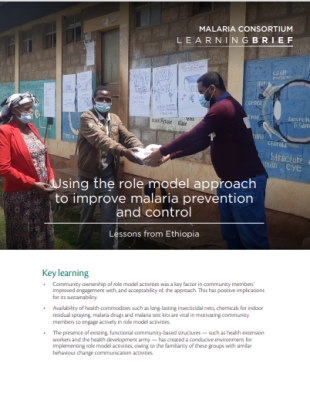 02/09/2022
Learning brief
02/09/2022
Learning brief
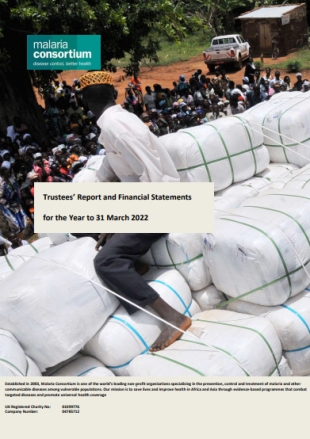 31/08/2022
Annual review
31/08/2022
Annual review
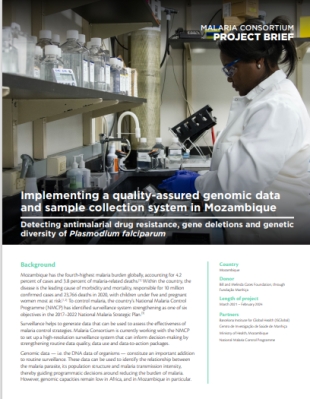 15/08/2022
Project brief
15/08/2022
Project brief
 12/08/2022
Synopsis
12/08/2022
Synopsis
 26/07/2022
Learning paper
26/07/2022
Learning paper
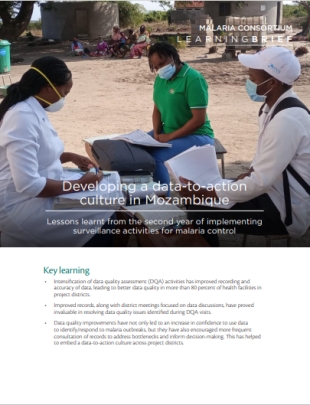 21/07/2022
Learning brief
21/07/2022
Learning brief
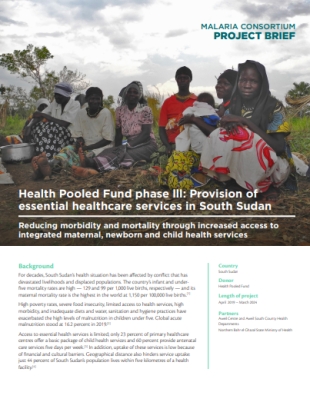 13/07/2022
Project brief
13/07/2022
Project brief
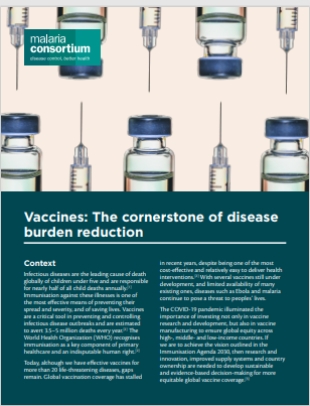 13/07/2022
Position statement
13/07/2022
Position statement
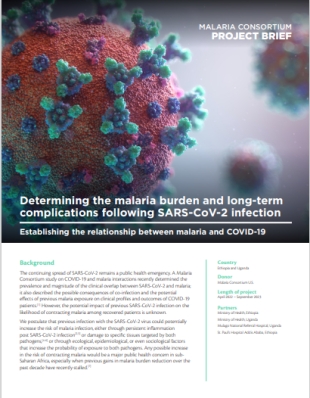 12/07/2022
Project brief
12/07/2022
Project brief
 01/07/2022
Journal article
01/07/2022
Journal article
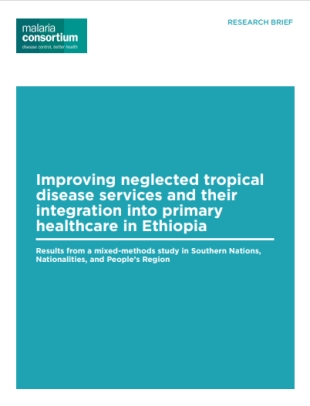 23/06/2022
Research brief
23/06/2022
Research brief
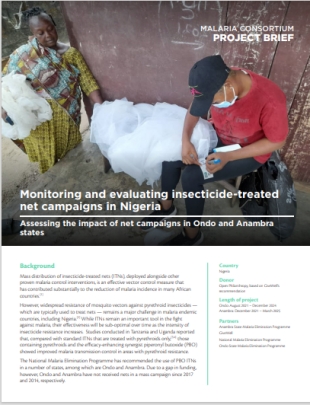 22/06/2022
Project brief
22/06/2022
Project brief
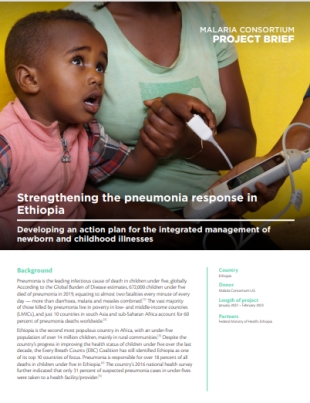 21/06/2022
Project brief
21/06/2022
Project brief
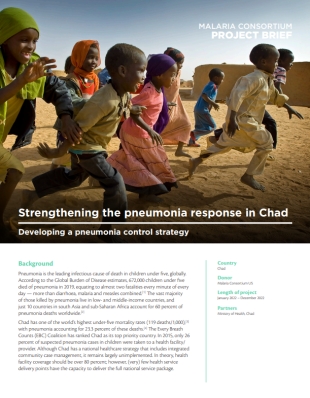 17/06/2022
Project brief
17/06/2022
Project brief
 16/06/2022
Journal article
16/06/2022
Journal article
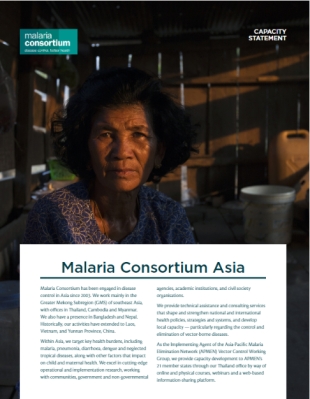 23/05/2022
Capacity statement
23/05/2022
Capacity statement
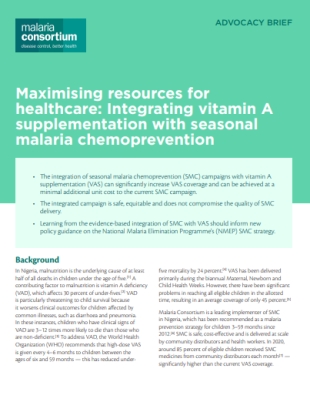 27/04/2022
Advocacy brief
27/04/2022
Advocacy brief
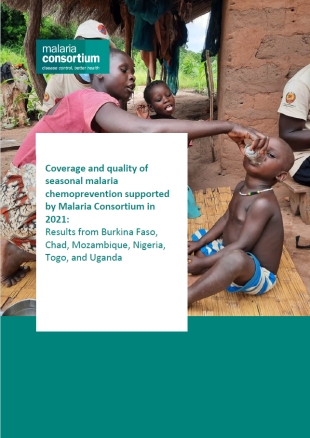 25/04/2022
Project report
25/04/2022
Project report
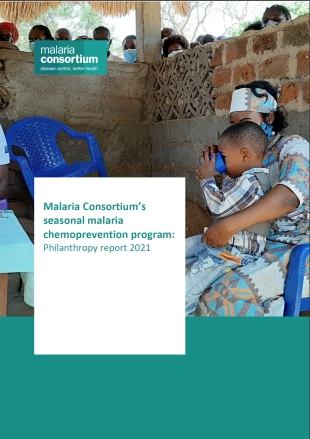 25/04/2022
Project report
25/04/2022
Project report
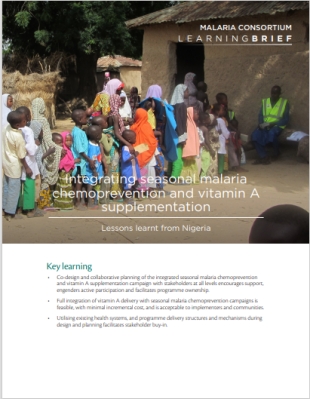 21/04/2022
Learning brief
21/04/2022
Learning brief
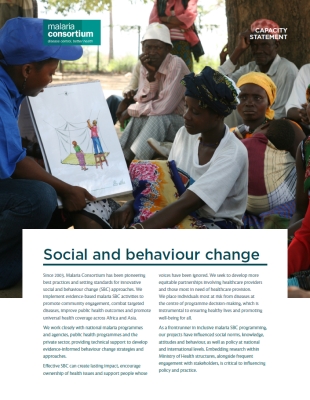 12/04/2022
Capacity statement
12/04/2022
Capacity statement
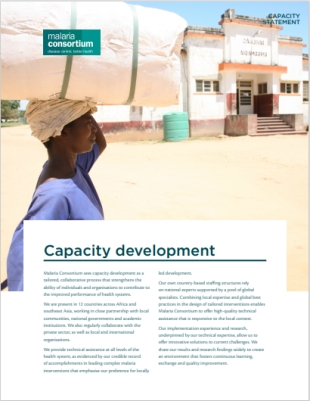 30/03/2022
Capacity statement
30/03/2022
Capacity statement
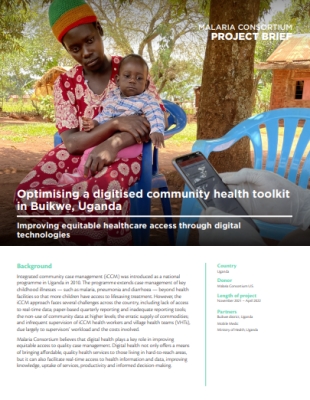 26/03/2022
Project brief
26/03/2022
Project brief
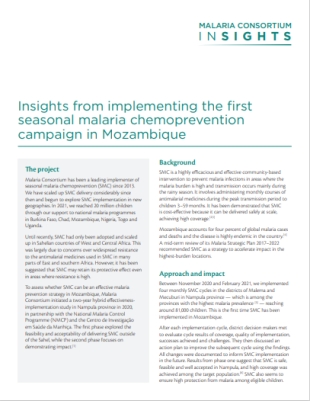 14/03/2022
Insight brief
14/03/2022
Insight brief
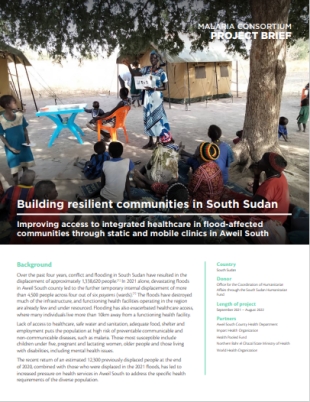 11/03/2022
Project brief
11/03/2022
Project brief
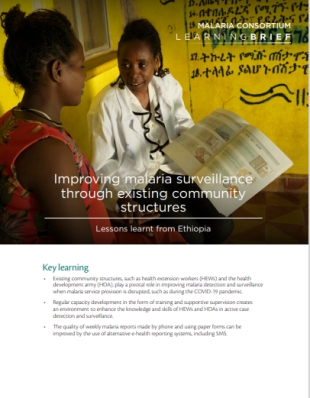 03/03/2022
Learning brief
03/03/2022
Learning brief
 01/03/2022
Journal article
01/03/2022
Journal article
 12/02/2022
Journal article
12/02/2022
Journal article
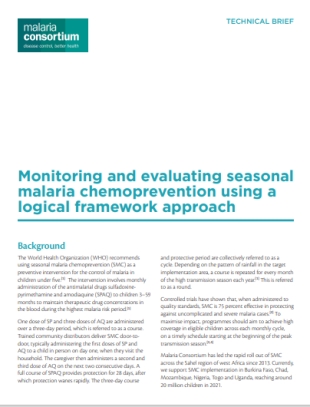 04/02/2022
Technical brief
04/02/2022
Technical brief
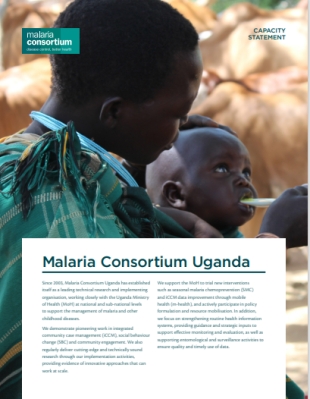 03/02/2022
Capacity statement
03/02/2022
Capacity statement
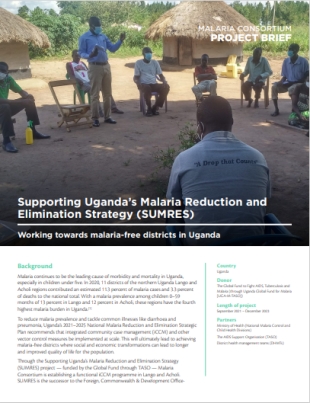 26/01/2022
Project brief
26/01/2022
Project brief
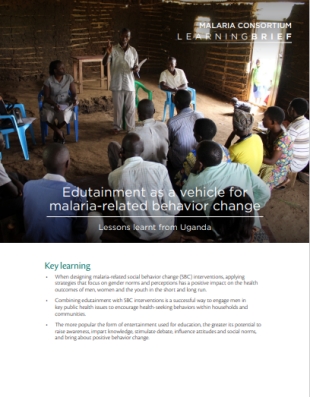 25/01/2022
Learning brief
25/01/2022
Learning brief
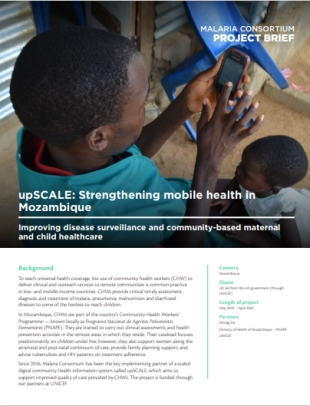 10/01/2022
Project brief
10/01/2022
Project brief
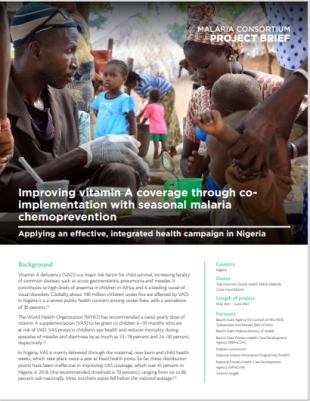 16/12/2021
Project brief
16/12/2021
Project brief
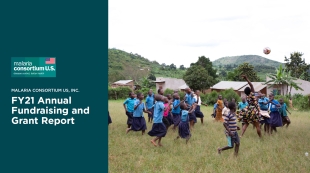 14/12/2021
Annual review
14/12/2021
Annual review
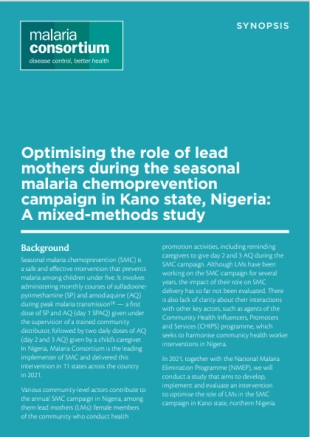 09/12/2021
Synopsis
09/12/2021
Synopsis
 04/12/2021
Journal article
04/12/2021
Journal article
 04/12/2021
Journal article
04/12/2021
Journal article
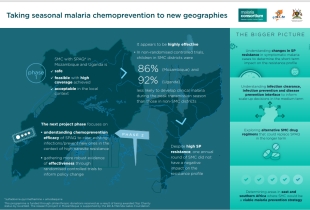 30/11/2021
Infographic
30/11/2021
Infographic
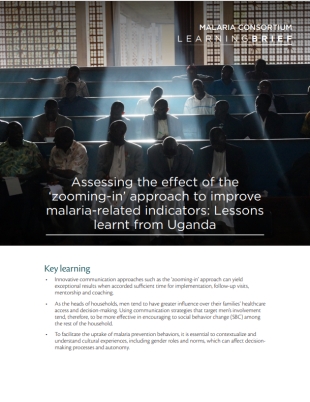 19/11/2021
Learning brief
19/11/2021
Learning brief
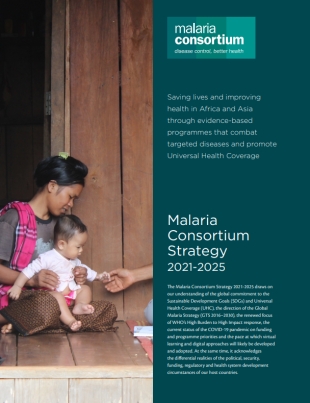 09/11/2021
Annual review
09/11/2021
Annual review
 25/10/2021
Journal article
25/10/2021
Journal article
 18/10/2021
Journal article
18/10/2021
Journal article
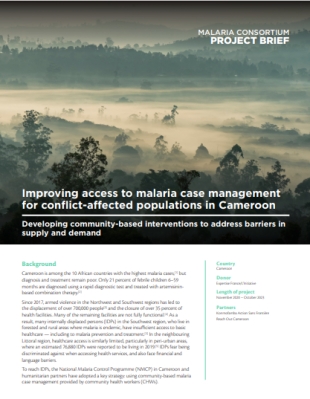 15/10/2021
Project brief
15/10/2021
Project brief
 15/10/2021
Journal article
15/10/2021
Journal article
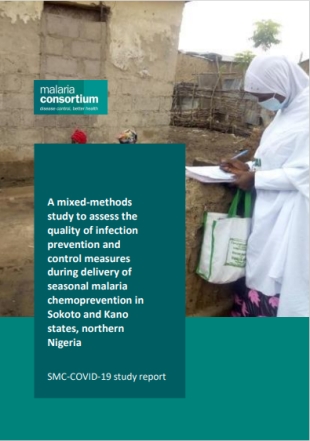 15/10/2021
Project report
15/10/2021
Project report
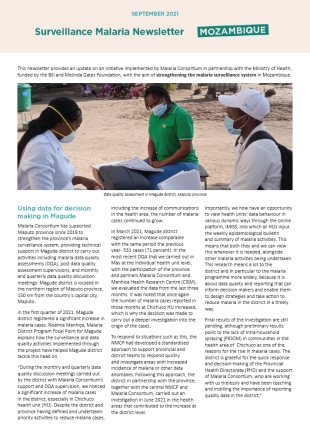 28/09/2021
Newsletter
28/09/2021
Newsletter
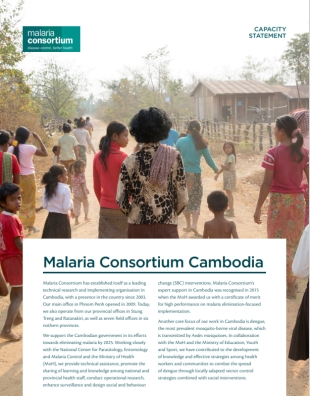 24/09/2021
Capacity statement
24/09/2021
Capacity statement
 17/09/2021
Journal article
17/09/2021
Journal article
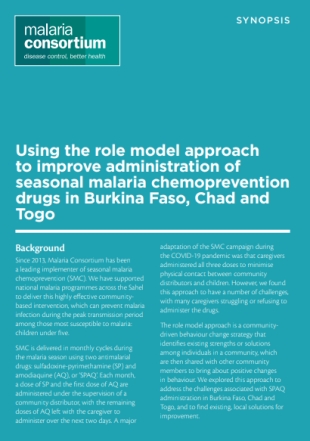 09/09/2021
Synopsis
09/09/2021
Synopsis
 09/09/2021
Journal article
09/09/2021
Journal article
 08/09/2021
Journal article
08/09/2021
Journal article
 07/09/2021
Journal article
07/09/2021
Journal article
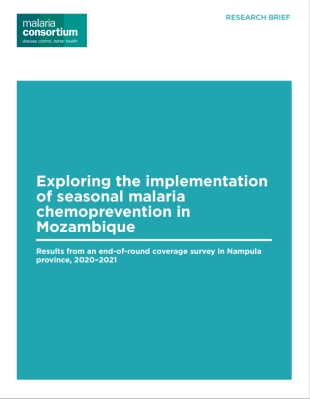 06/09/2021
Research brief
06/09/2021
Research brief
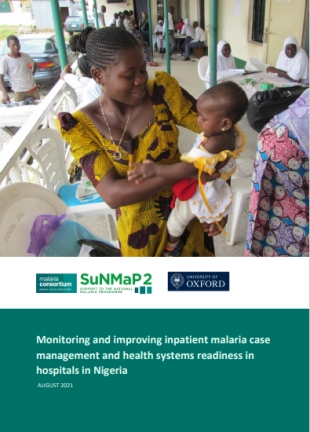 31/08/2021
Project report
31/08/2021
Project report
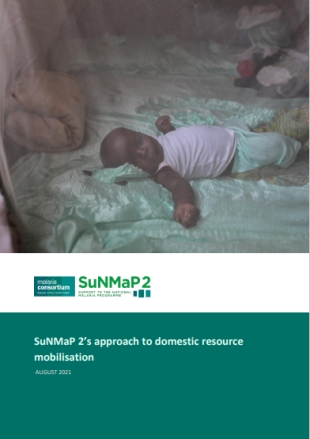 31/08/2021
Project report
31/08/2021
Project report
 19/08/2021
Journal article
19/08/2021
Journal article
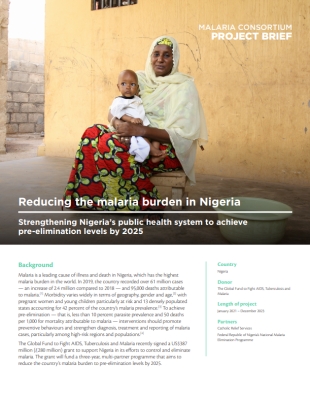 10/08/2021
Project brief
10/08/2021
Project brief
 10/08/2021
Journal article
10/08/2021
Journal article
 05/08/2021
Journal article
05/08/2021
Journal article
 23/07/2021
Journal article
23/07/2021
Journal article
 22/07/2021
Journal article
22/07/2021
Journal article
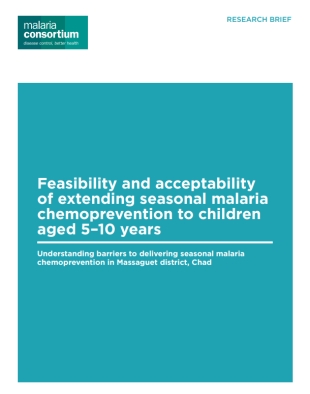 15/07/2021
Research brief
15/07/2021
Research brief
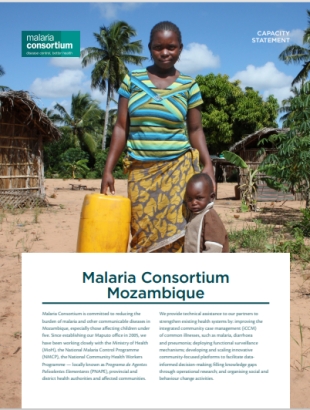 06/07/2021
Capacity statement
06/07/2021
Capacity statement
 02/07/2021
Journal article
02/07/2021
Journal article
 26/06/2021
Journal article
26/06/2021
Journal article
 13/06/2021
Journal article
13/06/2021
Journal article
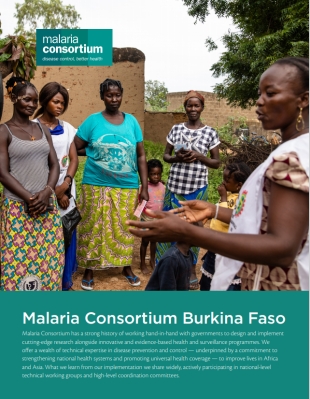 09/06/2021
Brochure
09/06/2021
Brochure
 09/06/2021
Journal article
09/06/2021
Journal article
 09/06/2021
Journal article
09/06/2021
Journal article
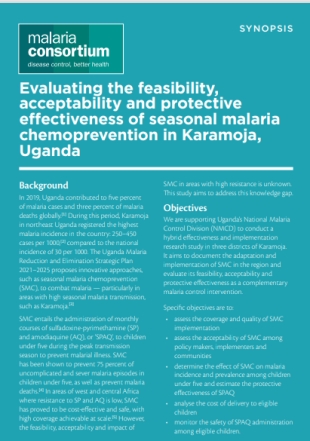 02/06/2021
Synopsis
02/06/2021
Synopsis
 29/05/2021
Journal article
29/05/2021
Journal article
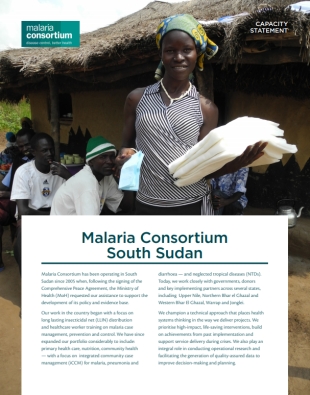 28/05/2021
Capacity statement
28/05/2021
Capacity statement
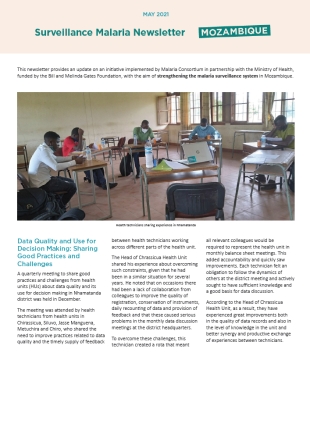 28/05/2021
Newsletter
28/05/2021
Newsletter
 24/05/2021
Journal article
24/05/2021
Journal article
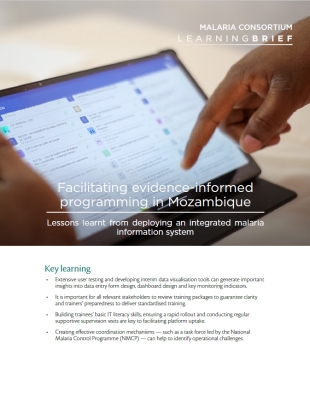 20/05/2021
Learning brief
20/05/2021
Learning brief
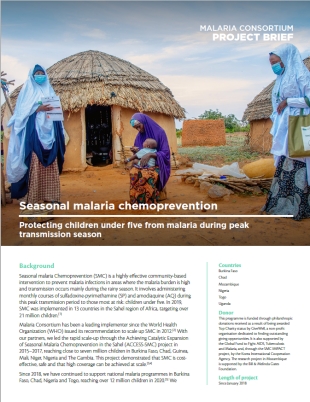 13/05/2021
Project brief
13/05/2021
Project brief
 13/05/2021
Journal article
13/05/2021
Journal article
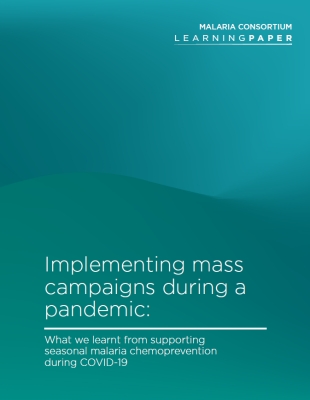 29/04/2021
Learning paper
29/04/2021
Learning paper
 27/04/2021
Journal article
27/04/2021
Journal article
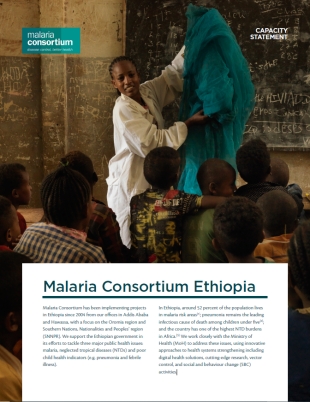 19/04/2021
Capacity statement
19/04/2021
Capacity statement
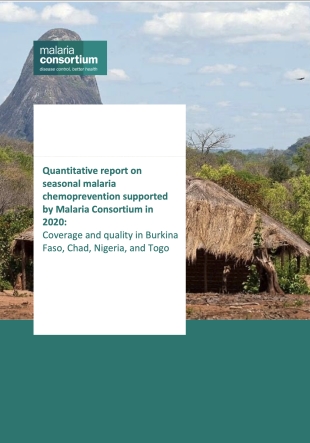 16/04/2021
Project report
16/04/2021
Project report
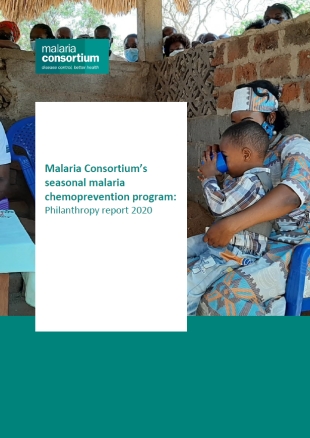 16/04/2021
Project report
16/04/2021
Project report
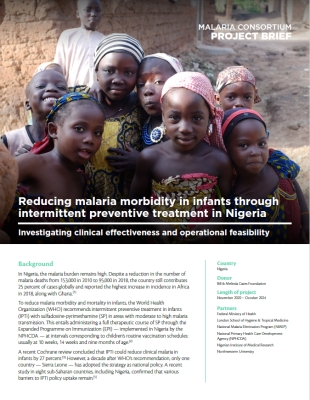 31/03/2021
Project brief
31/03/2021
Project brief
 31/03/2021
Journal article
31/03/2021
Journal article
 26/03/2021
Journal article
26/03/2021
Journal article
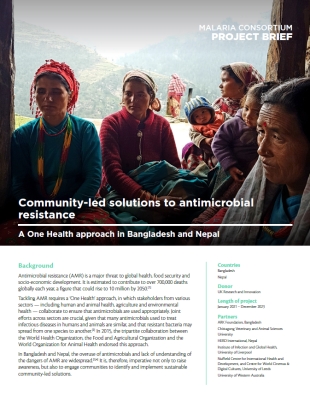 12/03/2021
Project brief
12/03/2021
Project brief
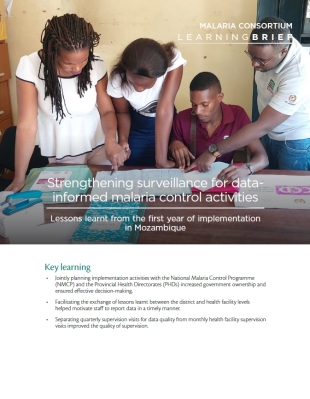 11/03/2021
Learning brief
11/03/2021
Learning brief
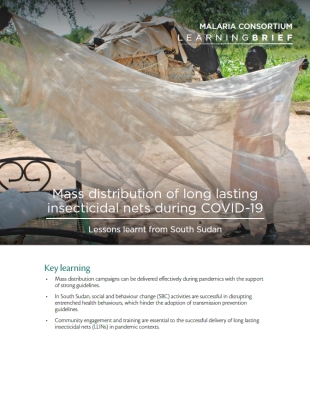 04/03/2021
Learning brief
04/03/2021
Learning brief
 01/03/2021
Journal article
01/03/2021
Journal article
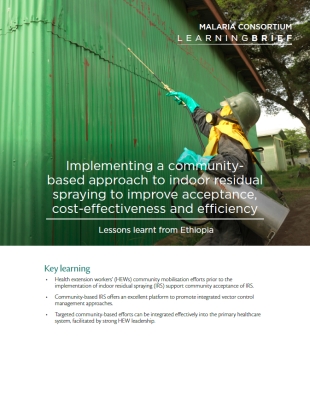 26/02/2021
Learning brief
26/02/2021
Learning brief
 25/02/2021
Journal article
25/02/2021
Journal article
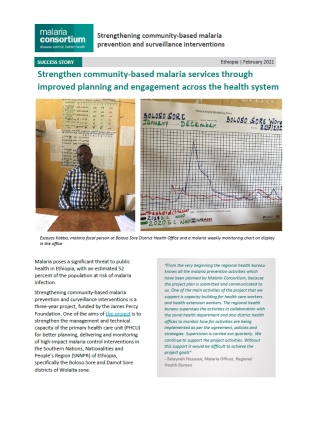 25/02/2021
Case study
25/02/2021
Case study
 25/02/2021
Journal article
25/02/2021
Journal article
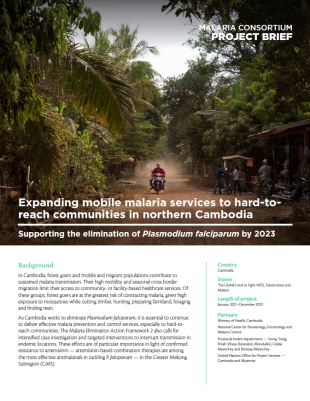 24/02/2021
Project brief
24/02/2021
Project brief
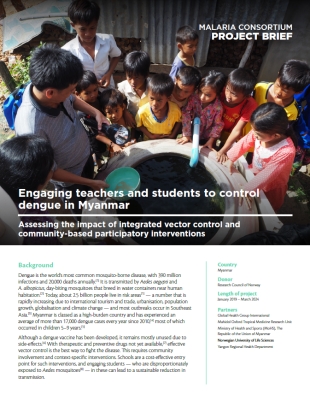 24/02/2021
Project brief
24/02/2021
Project brief
 22/02/2021
Journal article
22/02/2021
Journal article
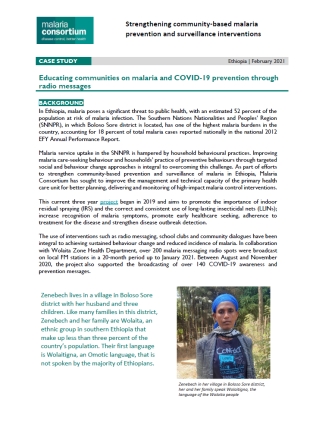 15/02/2021
Case study
15/02/2021
Case study
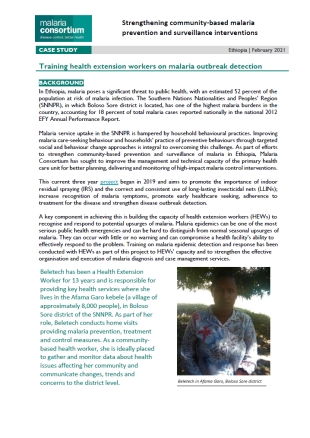 14/02/2021
Case study
14/02/2021
Case study
 10/02/2021
Journal article
10/02/2021
Journal article
 29/01/2021
Journal article
29/01/2021
Journal article
 29/01/2021
Journal article
29/01/2021
Journal article
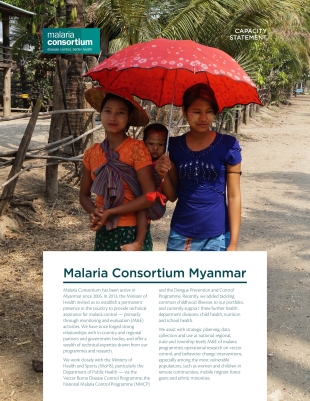 23/12/2020
Capacity statement
23/12/2020
Capacity statement
 14/12/2020
Journal article
14/12/2020
Journal article
 05/12/2020
Journal article
05/12/2020
Journal article
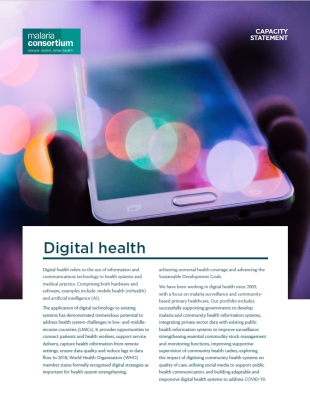 04/12/2020
Capacity statement
04/12/2020
Capacity statement
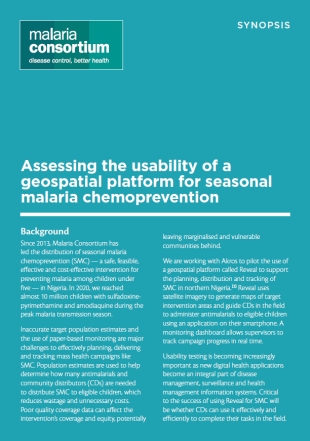 26/11/2020
Synopsis
26/11/2020
Synopsis
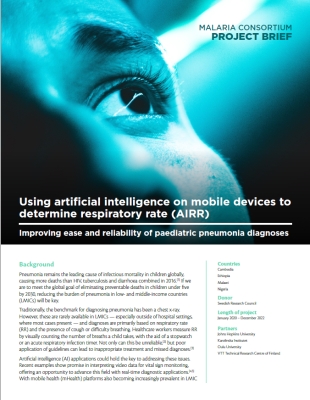 11/11/2020
Project brief
11/11/2020
Project brief
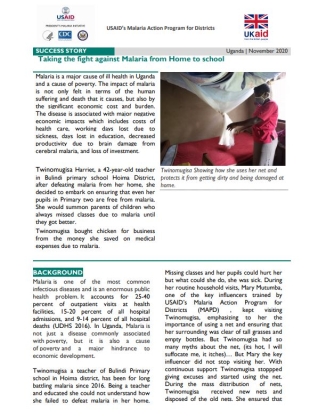 03/11/2020
Case study
03/11/2020
Case study
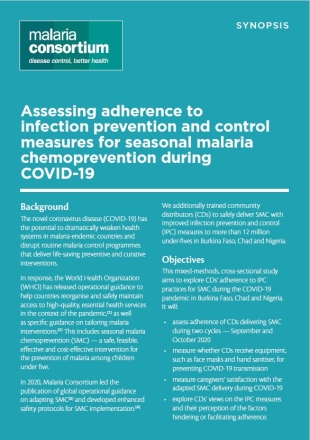 02/11/2020
Synopsis
02/11/2020
Synopsis
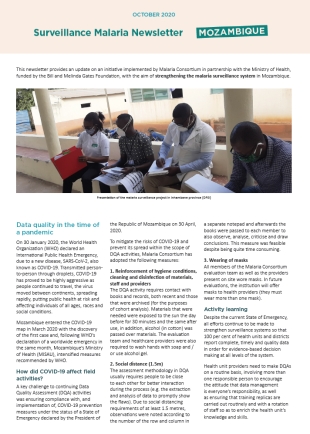 01/11/2020
Newsletter
01/11/2020
Newsletter
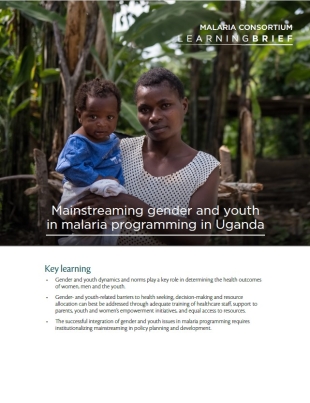 30/10/2020
Learning brief
30/10/2020
Learning brief
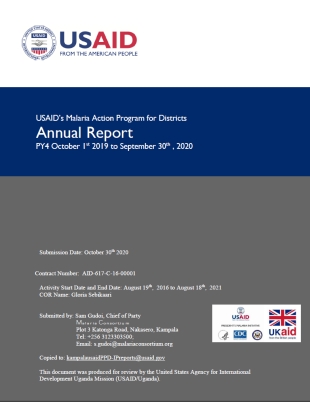 30/10/2020
Project report
30/10/2020
Project report
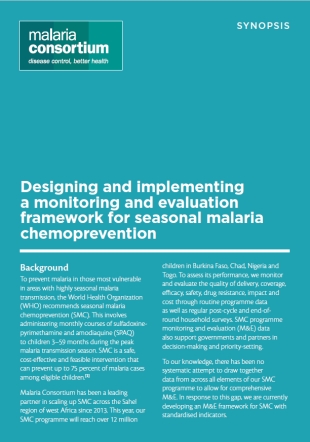 19/10/2020
Synopsis
19/10/2020
Synopsis
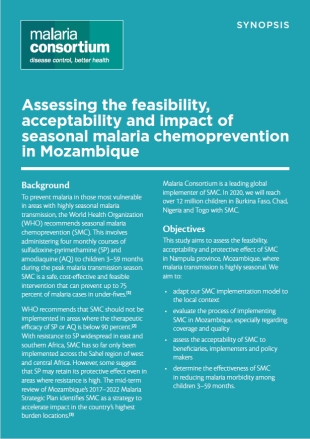 22/09/2020
Synopsis
22/09/2020
Synopsis
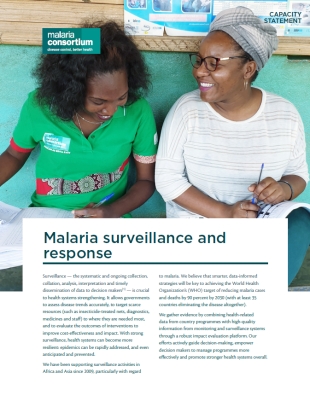 29/07/2020
Capacity statement
29/07/2020
Capacity statement
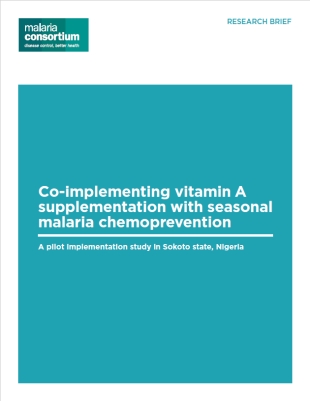 24/07/2020
Research brief
24/07/2020
Research brief
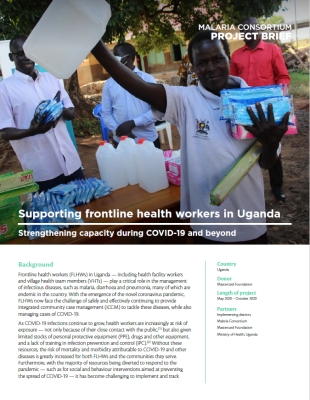 23/07/2020
Project brief
23/07/2020
Project brief
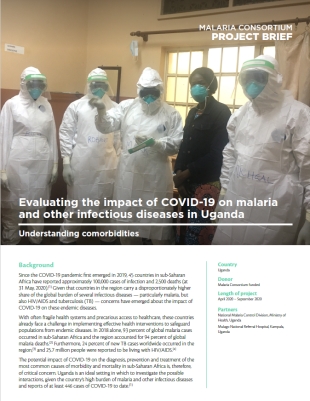 18/06/2020
Project brief
18/06/2020
Project brief
 17/06/2020
Journal article
17/06/2020
Journal article
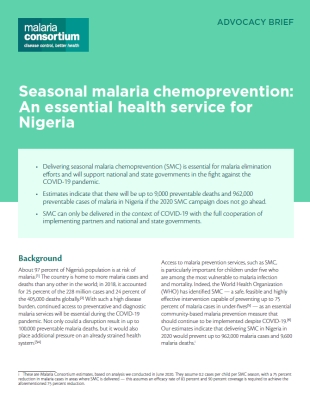 10/06/2020
Advocacy brief
10/06/2020
Advocacy brief
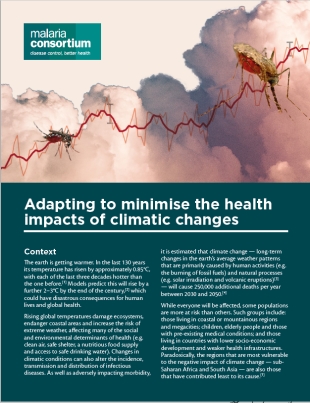 05/06/2020
Position statement
05/06/2020
Position statement
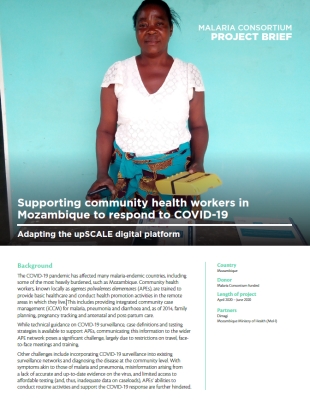 29/05/2020
Project brief
29/05/2020
Project brief
 26/05/2020
Journal article
26/05/2020
Journal article
 22/05/2020
Case study
22/05/2020
Case study
 14/05/2020
Journal article
14/05/2020
Journal article
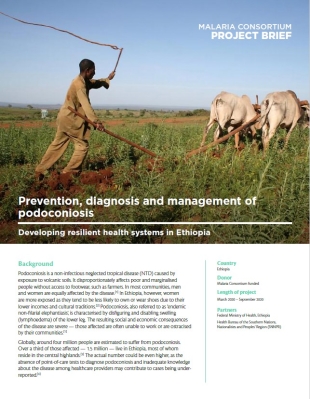 30/04/2020
Project brief
30/04/2020
Project brief
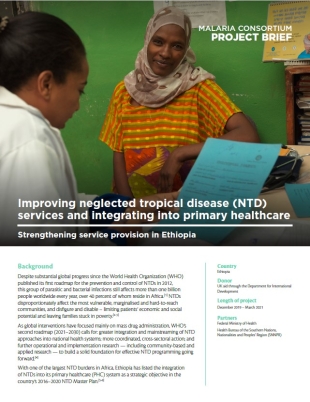 27/04/2020
Project brief
27/04/2020
Project brief
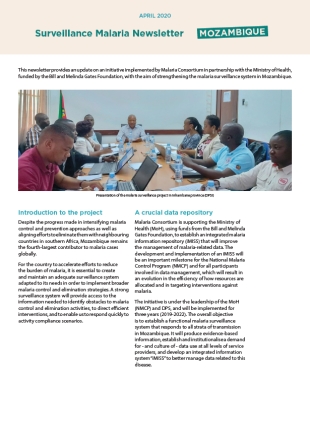 26/04/2020
Newsletter
26/04/2020
Newsletter
 06/04/2020
Journal article
06/04/2020
Journal article
 02/04/2020
Journal article
02/04/2020
Journal article
 30/03/2020
Journal article
30/03/2020
Journal article
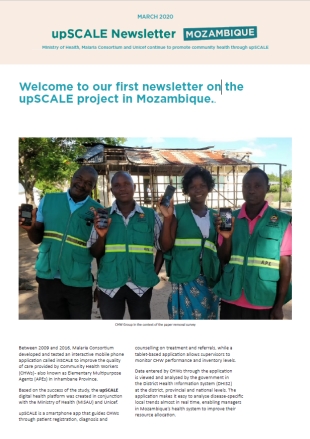 30/03/2020
Newsletter
30/03/2020
Newsletter
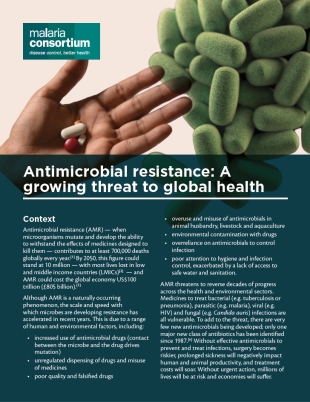 26/03/2020
Position statement
26/03/2020
Position statement
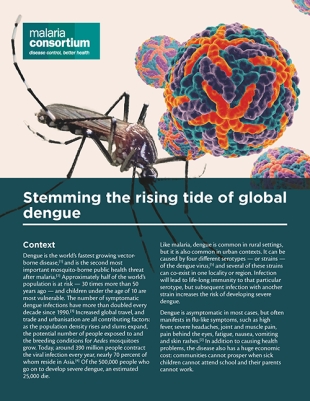 24/03/2020
Position statement
24/03/2020
Position statement
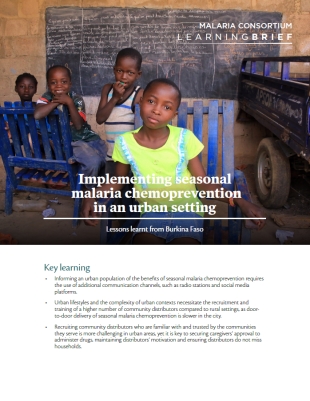 24/03/2020
Learning brief
24/03/2020
Learning brief
 27/02/2020
Journal article
27/02/2020
Journal article
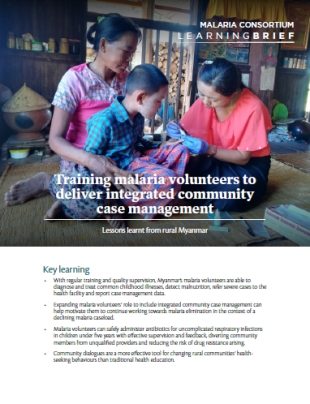 27/02/2020
Learning brief
27/02/2020
Learning brief
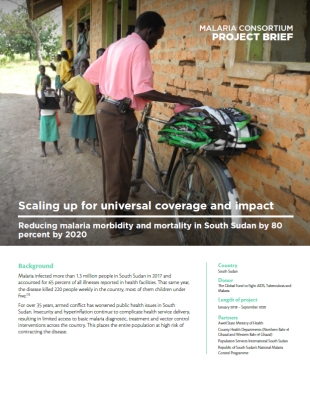 11/02/2020
Project brief
11/02/2020
Project brief
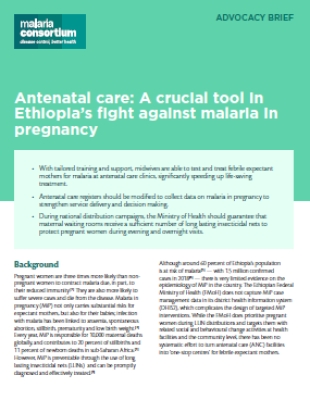 07/02/2020
Advocacy brief
07/02/2020
Advocacy brief
 12/01/2020
Journal article
12/01/2020
Journal article
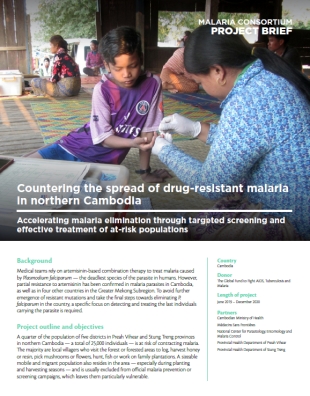 20/12/2019
Project brief
20/12/2019
Project brief
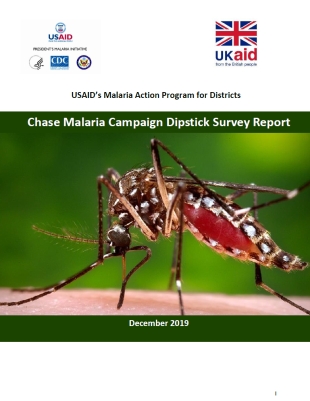 20/12/2019
Project report
20/12/2019
Project report
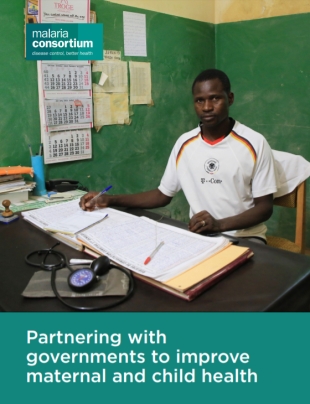 17/12/2019
Brochure
17/12/2019
Brochure
 17/12/2019
Journal article
17/12/2019
Journal article
 17/12/2019
Journal article
17/12/2019
Journal article
 13/12/2019
Journal article
13/12/2019
Journal article
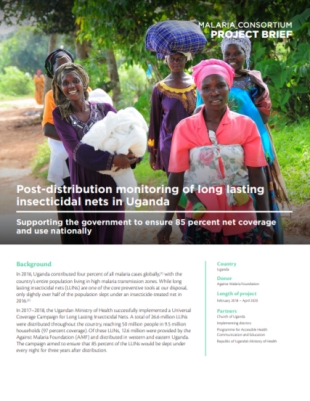 10/12/2019
Project brief
10/12/2019
Project brief
 05/12/2019
Journal article
05/12/2019
Journal article
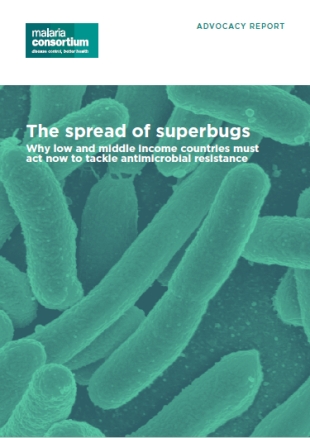 20/11/2019
Advocacy report
20/11/2019
Advocacy report
 18/11/2019
Journal article
18/11/2019
Journal article
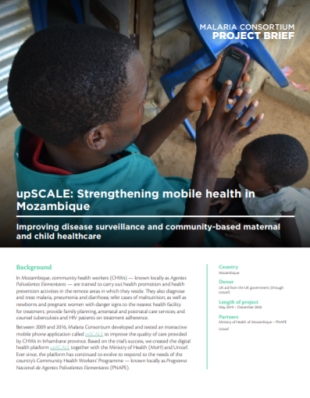 12/11/2019
Project brief
12/11/2019
Project brief
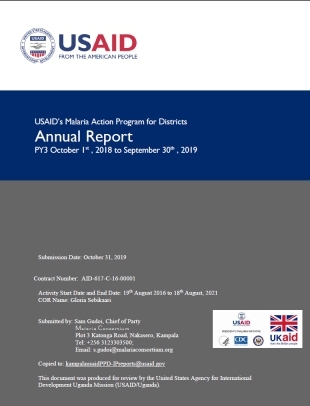 30/10/2019
Project report
30/10/2019
Project report
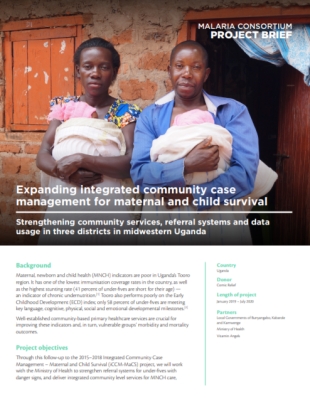 24/10/2019
Project brief
24/10/2019
Project brief
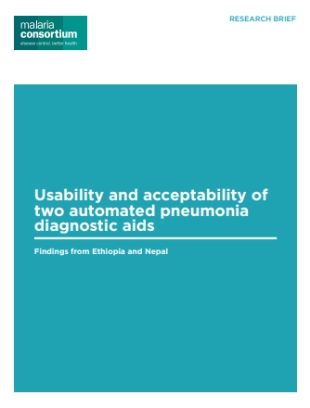 03/10/2019
Research brief
03/10/2019
Research brief
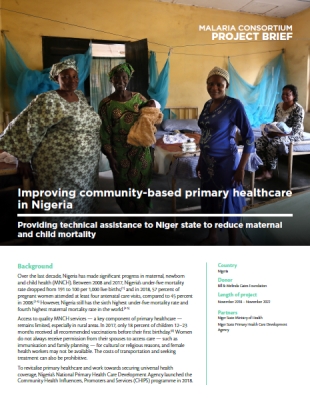 27/09/2019
Project brief
27/09/2019
Project brief
 23/09/2019
Journal article
23/09/2019
Journal article
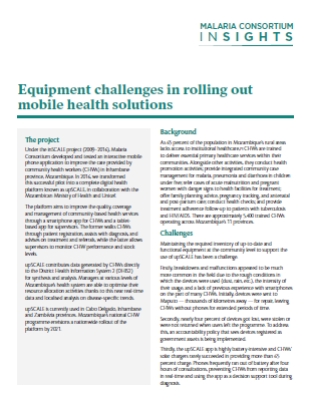 23/09/2019
Insight brief
23/09/2019
Insight brief
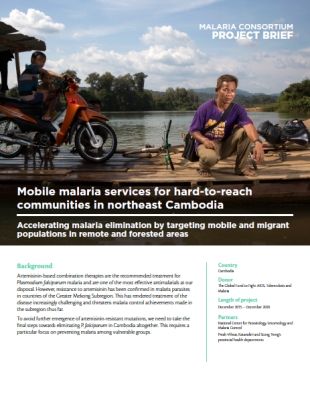 10/09/2019
Project brief
10/09/2019
Project brief
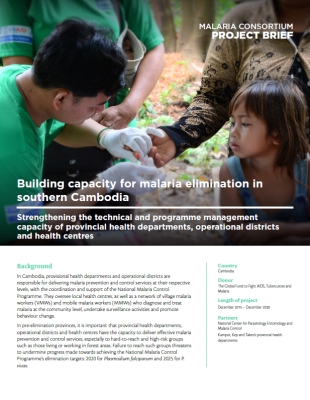 10/09/2019
Project brief
10/09/2019
Project brief
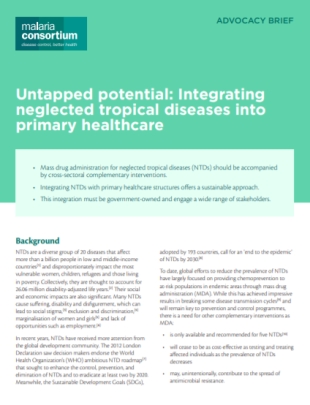 09/09/2019
Advocacy brief
09/09/2019
Advocacy brief
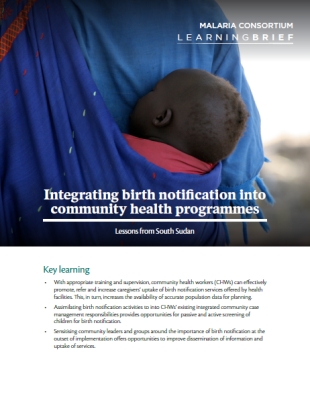 02/09/2019
Learning brief
02/09/2019
Learning brief
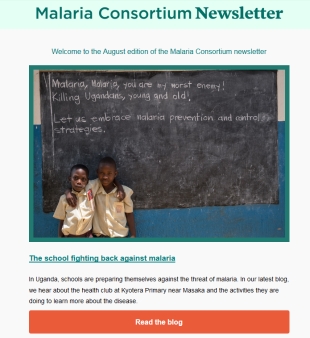 30/08/2019
Newsletter
30/08/2019
Newsletter
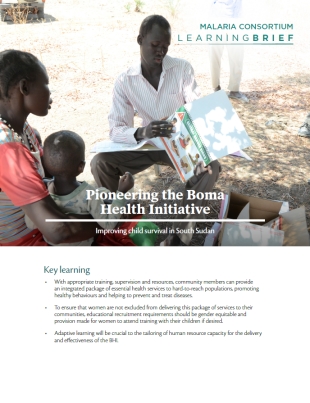 30/08/2019
Learning brief
30/08/2019
Learning brief
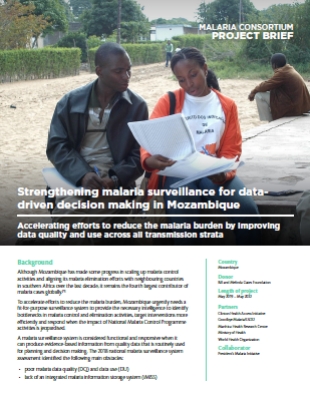 29/07/2019
Project brief
29/07/2019
Project brief
 05/07/2019
Journal article
05/07/2019
Journal article
 01/07/2019
Journal article
01/07/2019
Journal article
 27/06/2019
Journal article
27/06/2019
Journal article
 27/06/2019
Journal article
27/06/2019
Journal article
 27/06/2019
Journal article
27/06/2019
Journal article
 25/06/2019
Journal article
25/06/2019
Journal article
 20/06/2019
Project brief
20/06/2019
Project brief
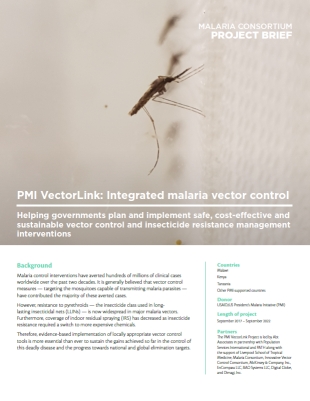 20/06/2019
Project brief
20/06/2019
Project brief
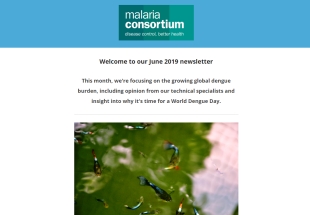 20/06/2019
Newsletter
20/06/2019
Newsletter
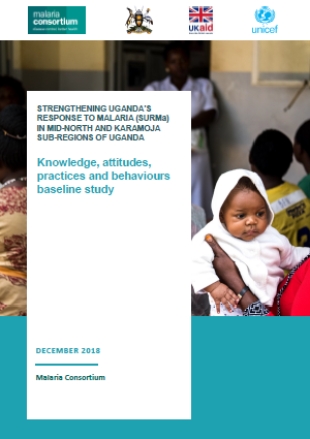 30/05/2019
Project report
30/05/2019
Project report
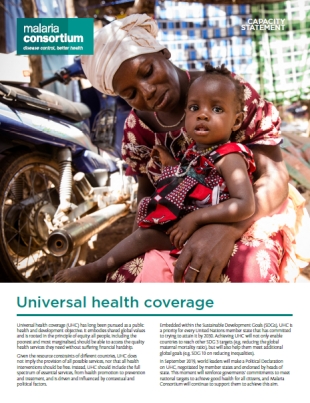 20/05/2019
Capacity statement
20/05/2019
Capacity statement
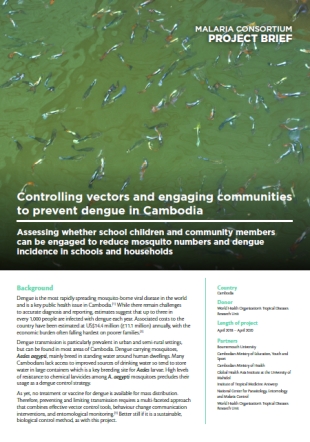 17/05/2019
Project brief
17/05/2019
Project brief
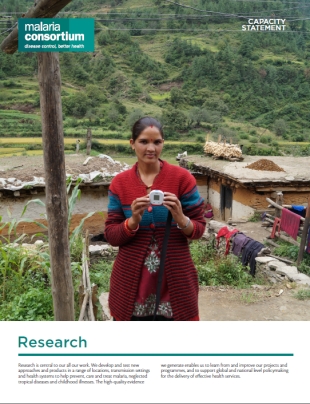 07/05/2019
Capacity statement
07/05/2019
Capacity statement
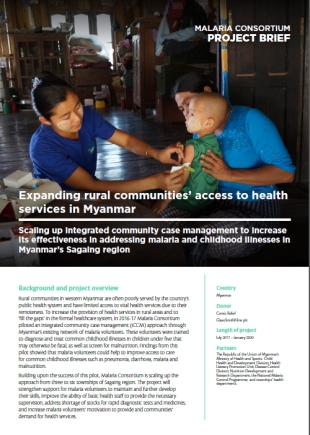 25/04/2019
Project brief
25/04/2019
Project brief
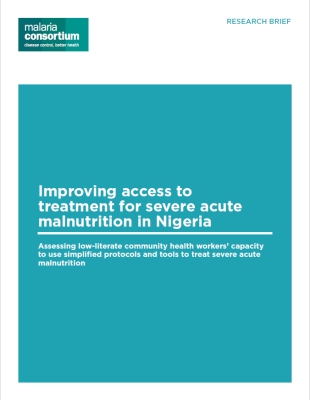 05/04/2019
Research brief
05/04/2019
Research brief
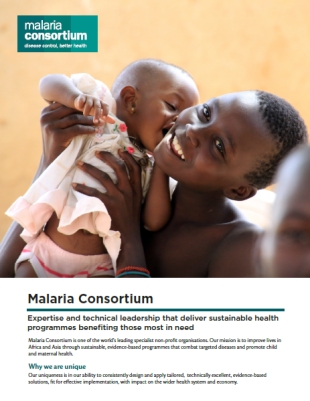 30/03/2019
Capacity statement
30/03/2019
Capacity statement
 10/03/2019
Journal article
10/03/2019
Journal article
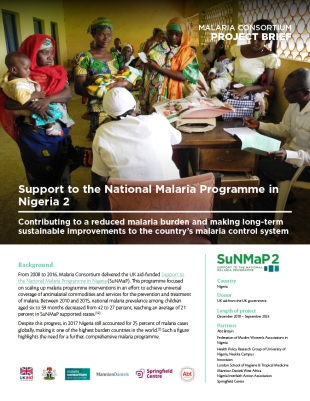 11/02/2019
Project brief
11/02/2019
Project brief
 08/02/2019
Journal article
08/02/2019
Journal article
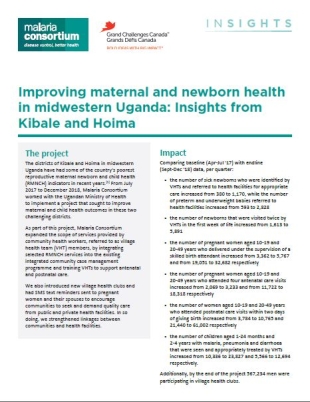 06/02/2019
Insight brief
06/02/2019
Insight brief
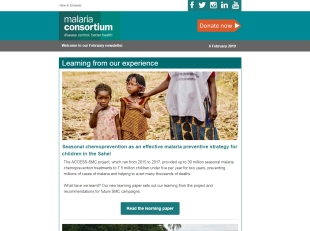 06/02/2019
Newsletter
06/02/2019
Newsletter
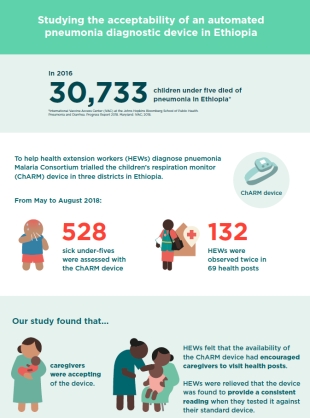 04/02/2019
Infographic
04/02/2019
Infographic
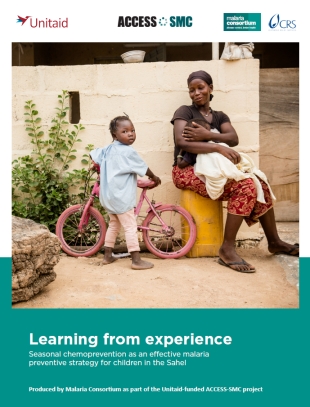 28/01/2019
Learning paper
28/01/2019
Learning paper
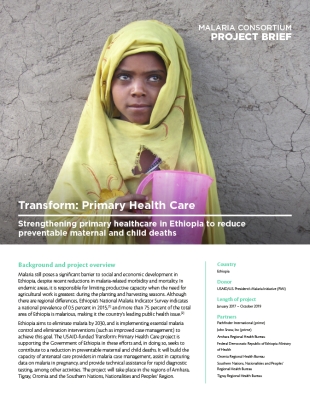 22/01/2019
Project brief
22/01/2019
Project brief
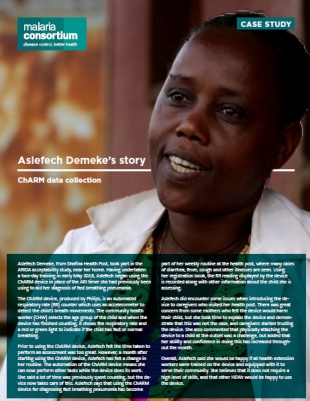 21/01/2019
Case study
21/01/2019
Case study
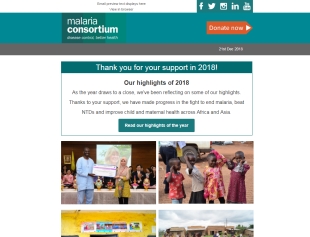 21/12/2018
Newsletter
21/12/2018
Newsletter
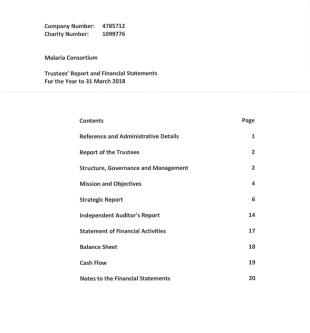 11/12/2018
Annual review
11/12/2018
Annual review
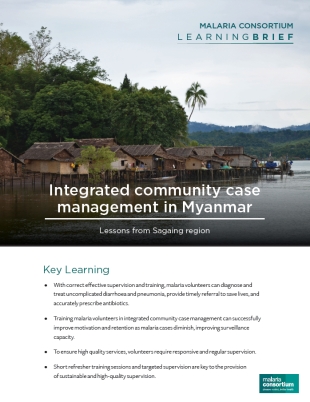 29/11/2018
Learning brief
29/11/2018
Learning brief
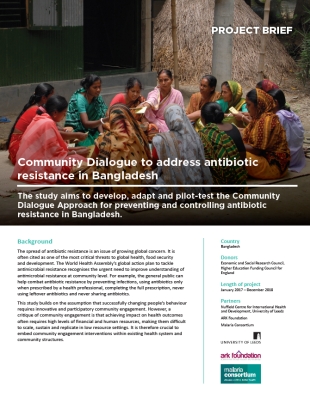 16/11/2018
Project brief
16/11/2018
Project brief
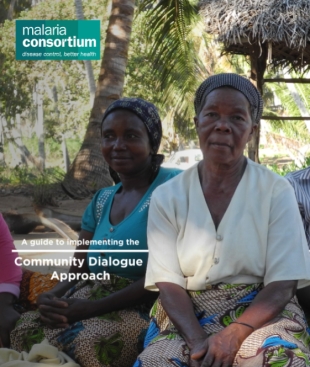 16/11/2018
Training materials
16/11/2018
Training materials
 12/11/2018
Journal article
12/11/2018
Journal article
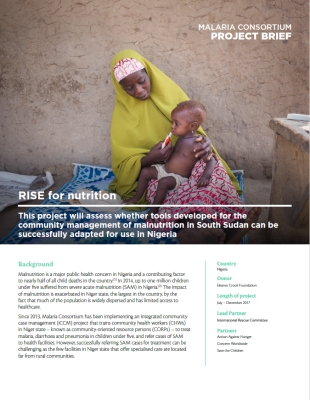 30/10/2018
Project brief
30/10/2018
Project brief
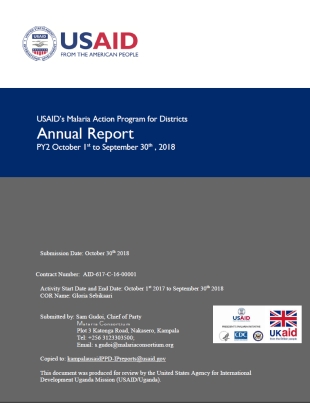 30/10/2018
Project report
30/10/2018
Project report
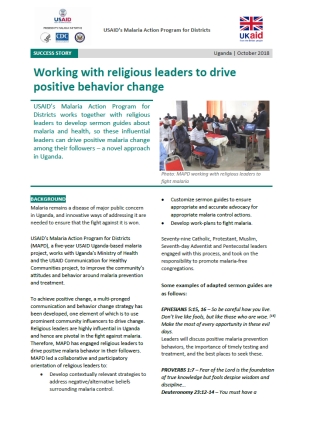 15/10/2018
Case study
15/10/2018
Case study
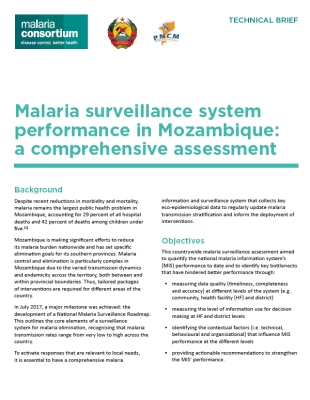 02/10/2018
Technical brief
02/10/2018
Technical brief
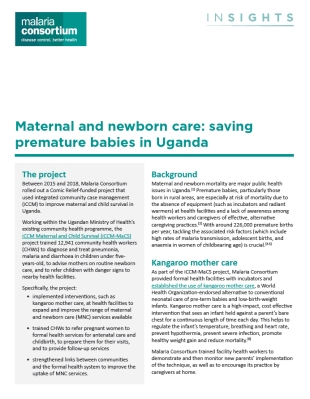 24/09/2018
Insight brief
24/09/2018
Insight brief
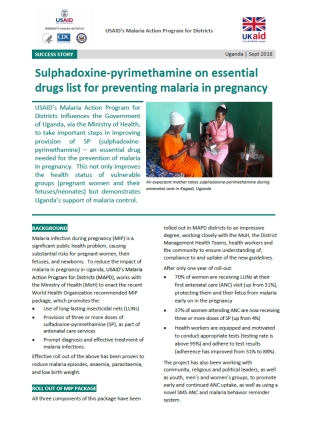 15/09/2018
Case study
15/09/2018
Case study
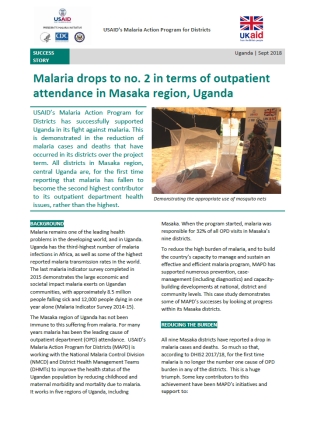 12/09/2018
Case study
12/09/2018
Case study
 06/09/2018
Journal article
06/09/2018
Journal article
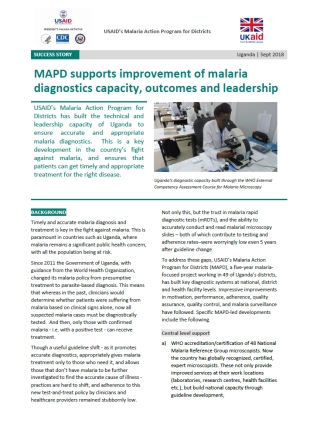 05/09/2018
Case study
05/09/2018
Case study
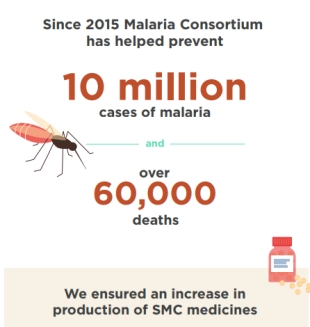 30/08/2018
Infographic
30/08/2018
Infographic
 17/08/2018
Journal article
17/08/2018
Journal article
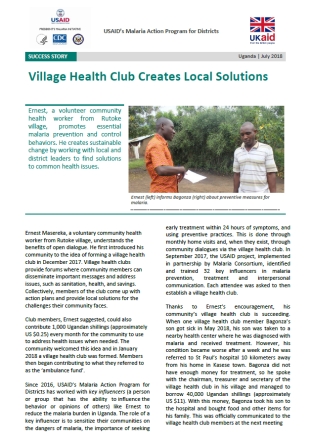 23/07/2018
Case study
23/07/2018
Case study
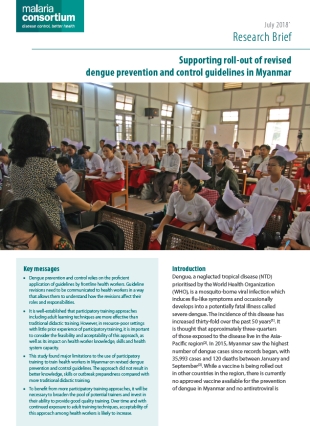 20/07/2018
Research brief
20/07/2018
Research brief
 07/06/2018
Project brief
07/06/2018
Project brief
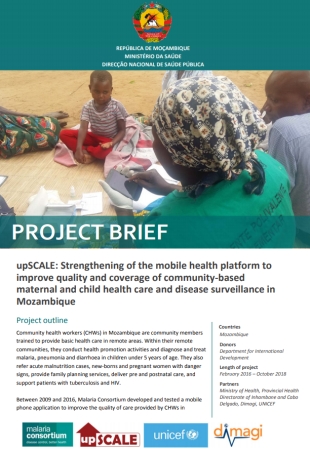 15/05/2018
Project brief
15/05/2018
Project brief
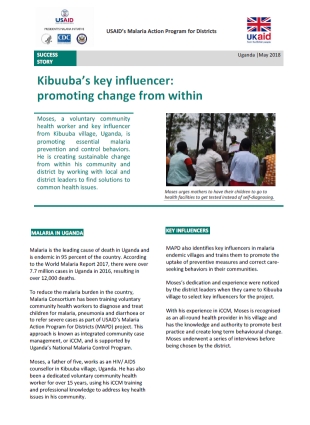 02/05/2018
Case study
02/05/2018
Case study
 12/04/2018
Journal article
12/04/2018
Journal article
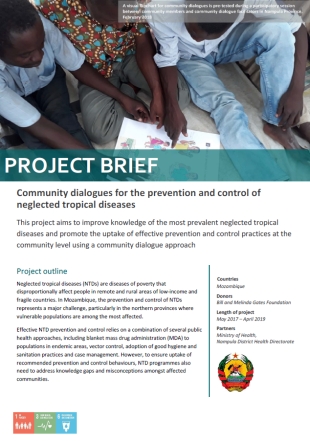 04/04/2018
Project brief
04/04/2018
Project brief
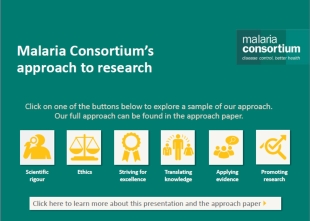 04/04/2018
Research brief
04/04/2018
Research brief
 14/03/2018
Journal article
14/03/2018
Journal article
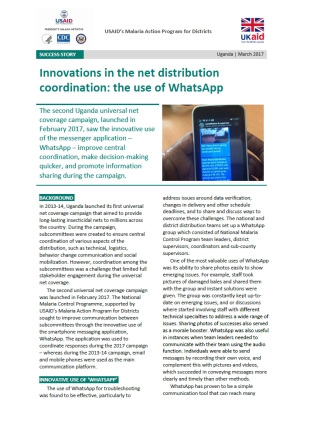 10/03/2018
Case study
10/03/2018
Case study
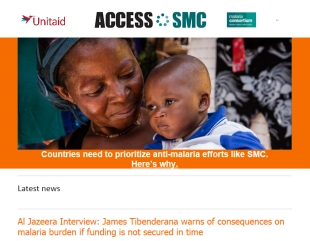 28/02/2018
Newsletter
28/02/2018
Newsletter
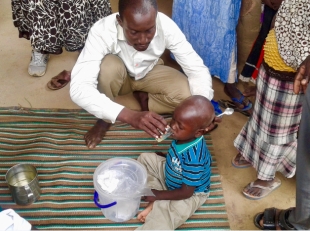 27/02/2018
Case study
27/02/2018
Case study
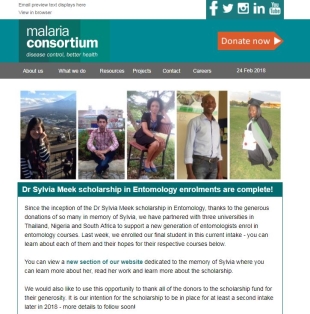 24/02/2018
Newsletter
24/02/2018
Newsletter
 16/02/2018
Journal article
16/02/2018
Journal article
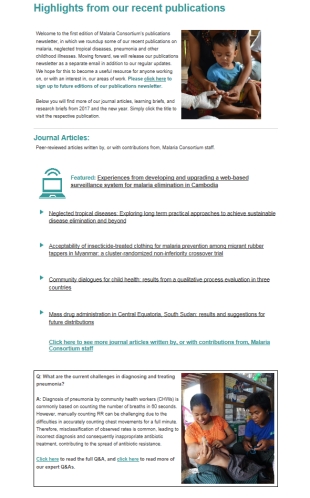 12/02/2018
Newsletter
12/02/2018
Newsletter
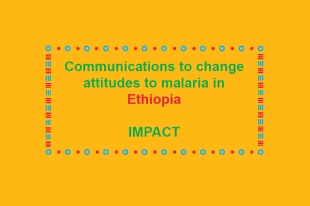 08/02/2018
Infographic
08/02/2018
Infographic
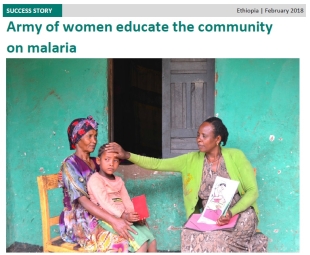 08/02/2018
Case study
08/02/2018
Case study
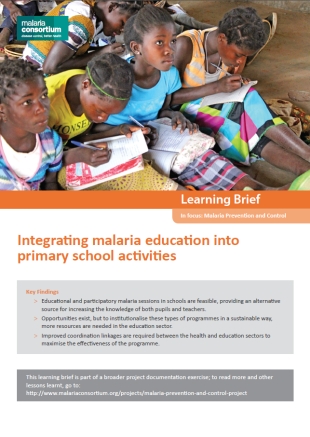 07/02/2018
Learning brief
07/02/2018
Learning brief
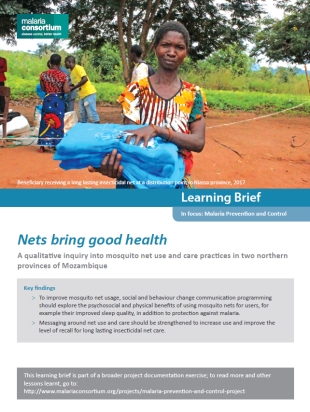 07/02/2018
Learning brief
07/02/2018
Learning brief
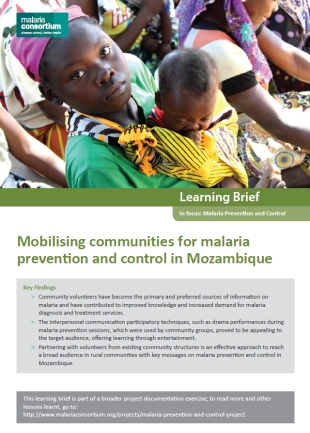 07/02/2018
Learning brief
07/02/2018
Learning brief
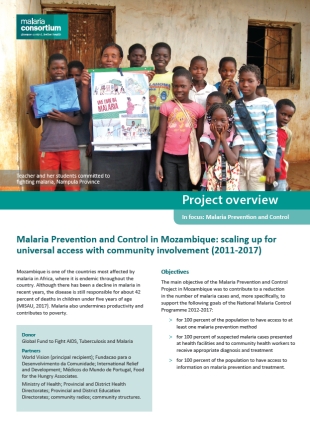 07/02/2018
Project report
07/02/2018
Project report
 06/02/2018
Journal article
06/02/2018
Journal article
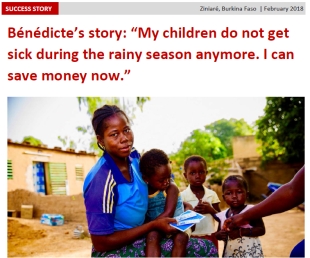 02/02/2018
Case study
02/02/2018
Case study
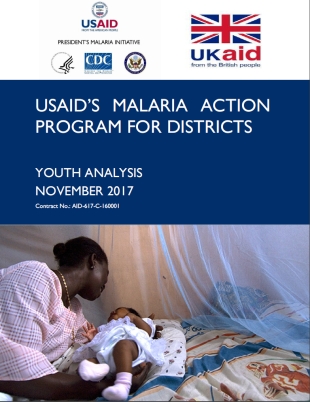 20/11/2017
Insight brief
20/11/2017
Insight brief
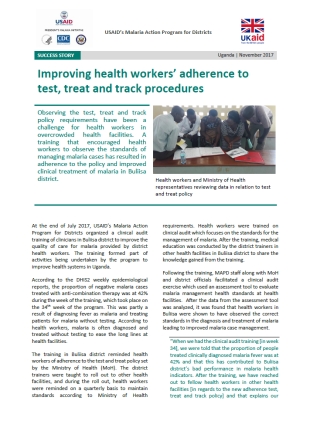 17/11/2017
Case study
17/11/2017
Case study
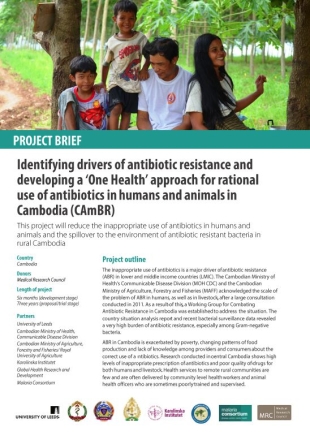 15/11/2017
Project brief
15/11/2017
Project brief
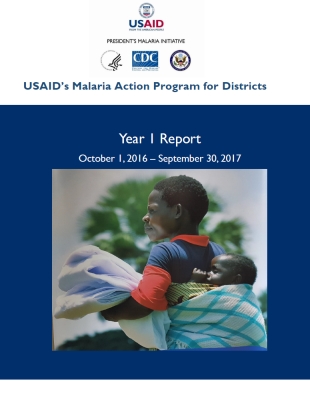 30/10/2017
Project report
30/10/2017
Project report
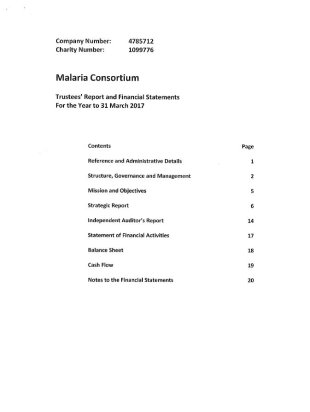 17/10/2017
Annual review
17/10/2017
Annual review
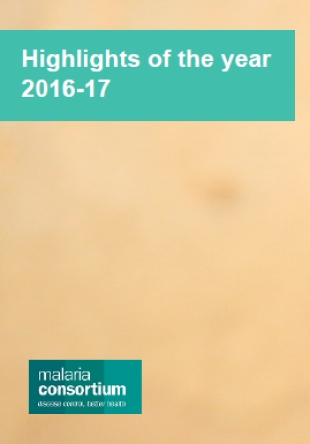 17/10/2017
Annual review
17/10/2017
Annual review
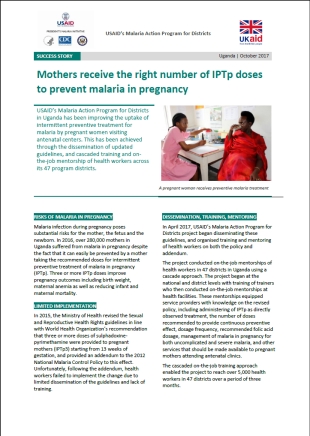 15/10/2017
Case study
15/10/2017
Case study
 09/10/2017
Journal article
09/10/2017
Journal article
 17/08/2017
Journal article
17/08/2017
Journal article
 10/08/2017
Journal article
10/08/2017
Journal article
 07/08/2017
Journal article
07/08/2017
Journal article
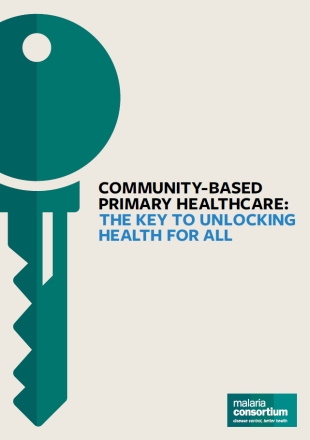 02/08/2017
Advocacy report
02/08/2017
Advocacy report
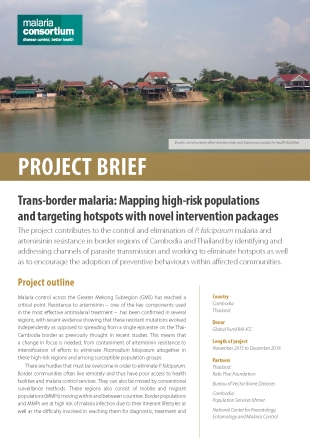 27/07/2017
Project brief
27/07/2017
Project brief
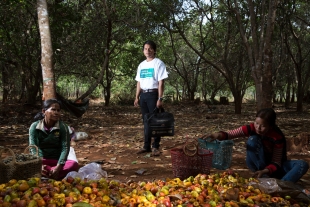 27/07/2017
Project report
27/07/2017
Project report
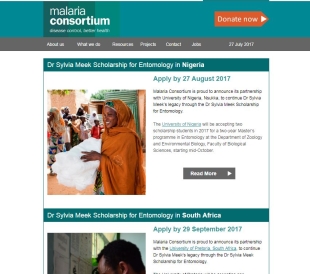 27/07/2017
Newsletter
27/07/2017
Newsletter
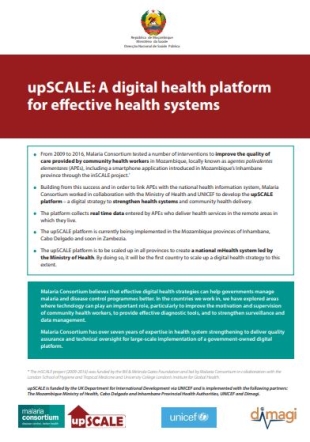 12/07/2017
Project brief
12/07/2017
Project brief
 06/07/2017
Journal article
06/07/2017
Journal article
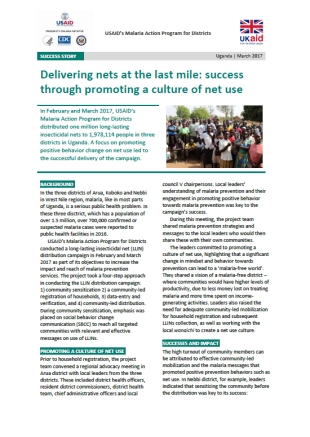 05/07/2017
Case study
05/07/2017
Case study
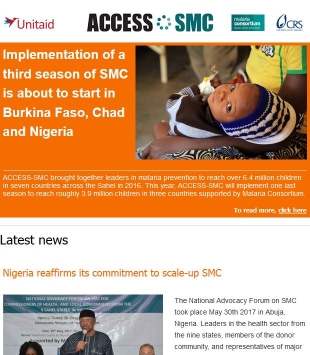 29/06/2017
Newsletter
29/06/2017
Newsletter
 14/06/2017
Journal article
14/06/2017
Journal article
 07/06/2017
Journal article
07/06/2017
Journal article
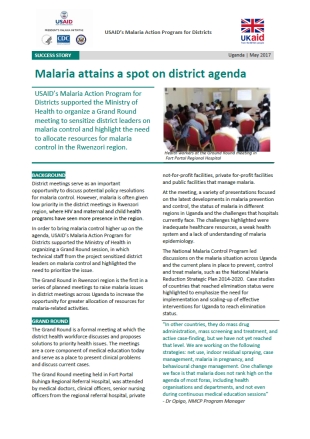 15/05/2017
Case study
15/05/2017
Case study
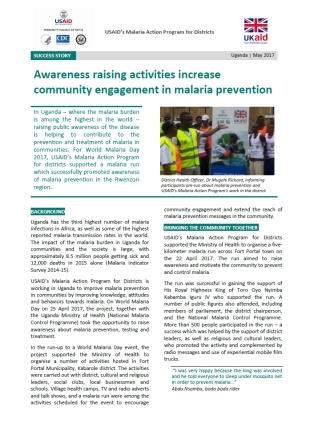 02/05/2017
Case study
02/05/2017
Case study
 28/03/2017
Journal article
28/03/2017
Journal article
 10/01/2017
Learning brief
10/01/2017
Learning brief
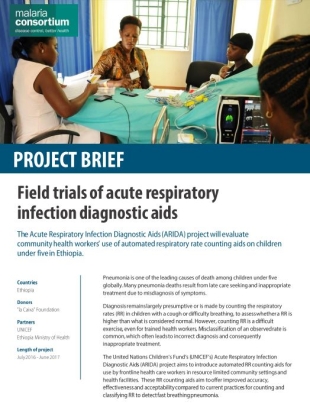 09/12/2016
Project brief
09/12/2016
Project brief
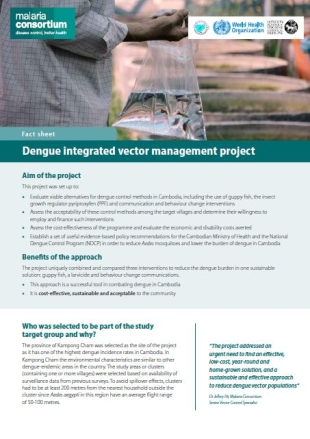 30/11/2016
Technical brief
30/11/2016
Technical brief
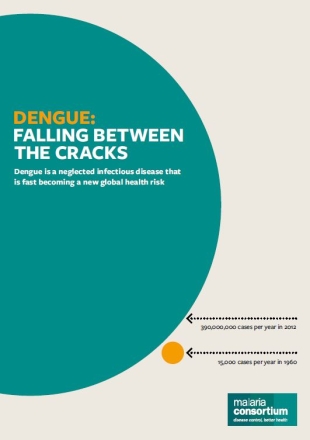 24/11/2016
Advocacy report
24/11/2016
Advocacy report
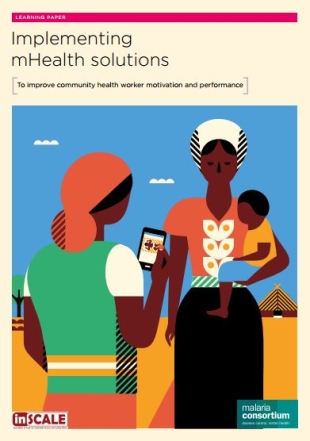 21/11/2016
Learning paper
21/11/2016
Learning paper
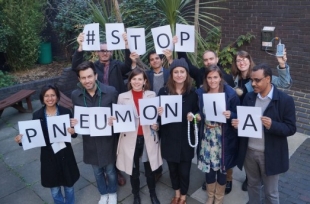 14/11/2016
Newsletter
14/11/2016
Newsletter
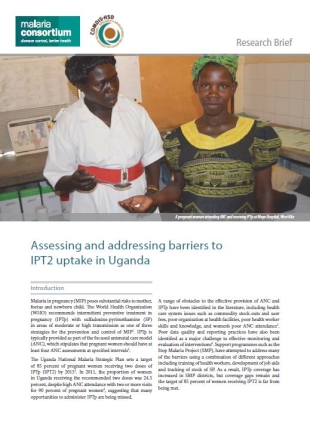 04/11/2016
Research brief
04/11/2016
Research brief
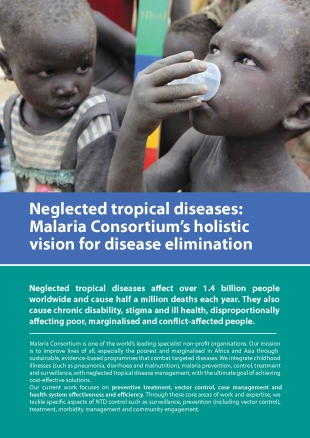 01/11/2016
Technical brief
01/11/2016
Technical brief
 27/10/2016
Journal article
27/10/2016
Journal article
 05/10/2016
Journal article
05/10/2016
Journal article
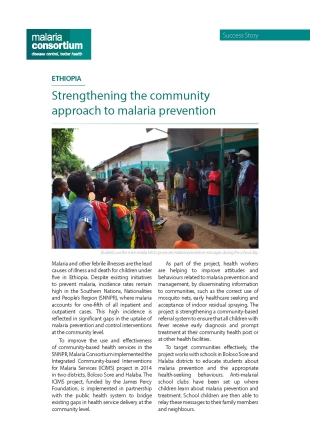 19/09/2016
Case study
19/09/2016
Case study
 06/09/2016
Journal article
06/09/2016
Journal article
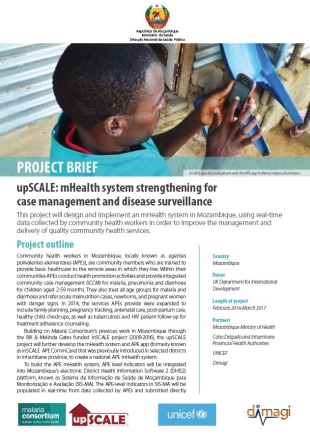 31/08/2016
Project brief
31/08/2016
Project brief
 27/08/2016
Journal article
27/08/2016
Journal article
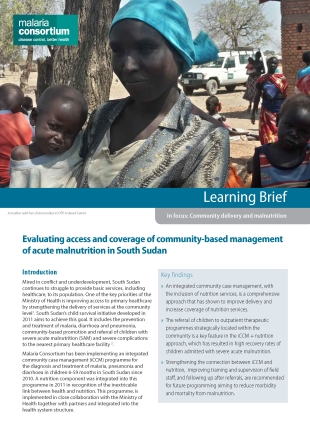 22/07/2016
Learning brief
22/07/2016
Learning brief
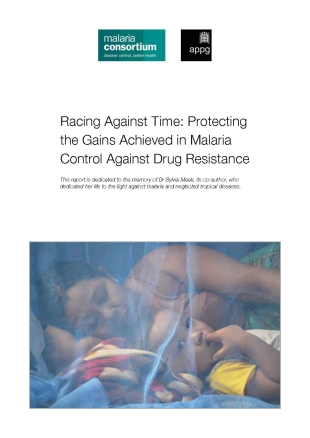 12/07/2016
Advocacy report
12/07/2016
Advocacy report
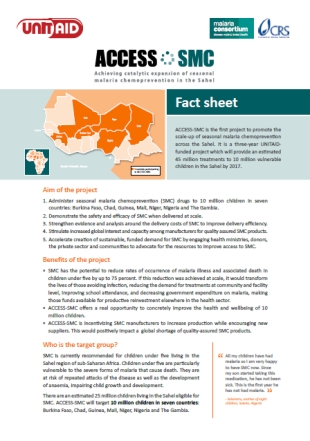 04/07/2016
ACCESS-SMC: SBCC
04/07/2016
ACCESS-SMC: SBCC
 04/07/2016
Journal article
04/07/2016
Journal article
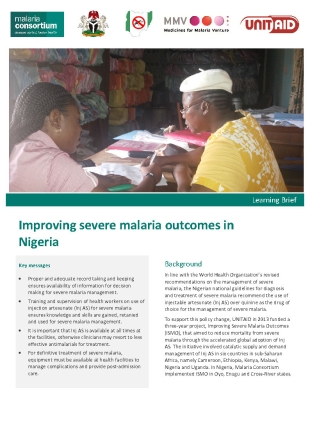 15/06/2016
Learning brief
15/06/2016
Learning brief
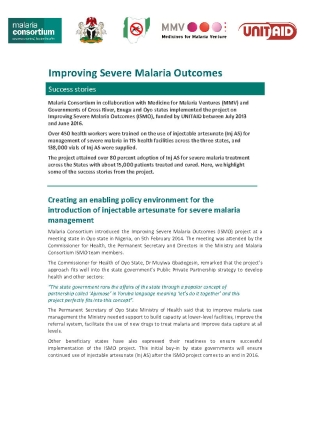 15/06/2016
Case study
15/06/2016
Case study
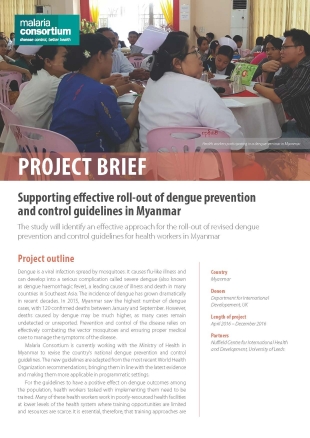 15/06/2016
Project brief
15/06/2016
Project brief
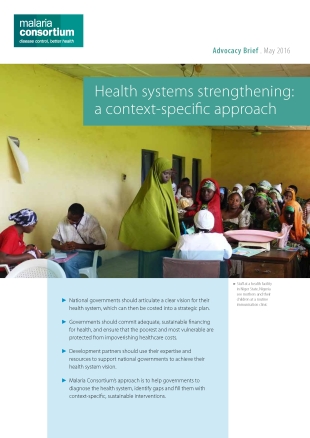 13/06/2016
Advocacy brief
13/06/2016
Advocacy brief
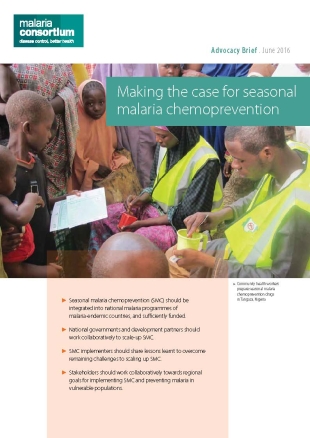 08/06/2016
Advocacy brief
08/06/2016
Advocacy brief
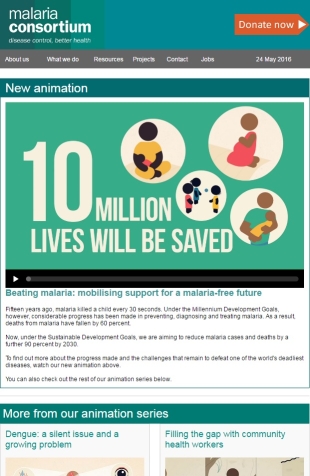 24/05/2016
Newsletter
24/05/2016
Newsletter
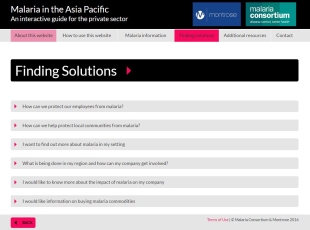 01/05/2016
Training materials
01/05/2016
Training materials
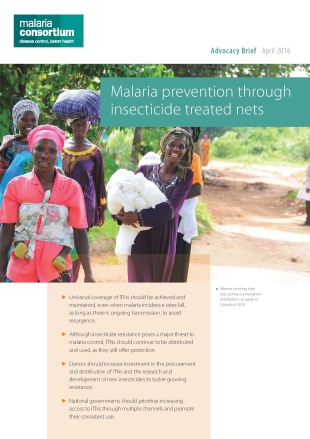 22/04/2016
Advocacy brief
22/04/2016
Advocacy brief
 18/04/2016
Journal article
18/04/2016
Journal article
 31/03/2016
Journal article
31/03/2016
Journal article
 31/03/2016
Journal article
31/03/2016
Journal article
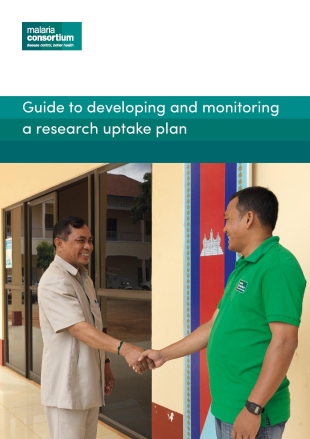 31/03/2016
Training materials
31/03/2016
Training materials
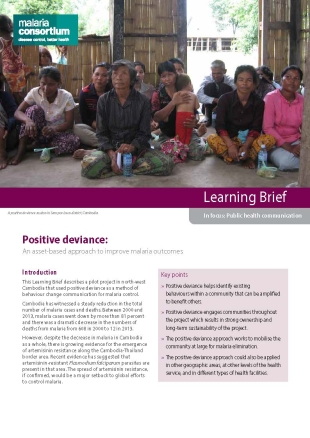 31/03/2016
Learning brief
31/03/2016
Learning brief
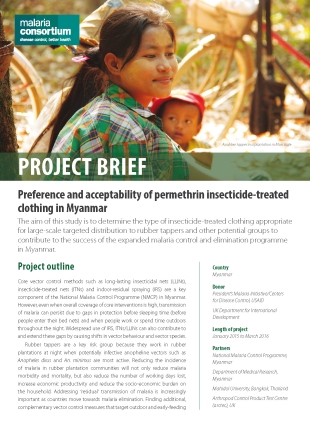 10/03/2016
Project brief
10/03/2016
Project brief
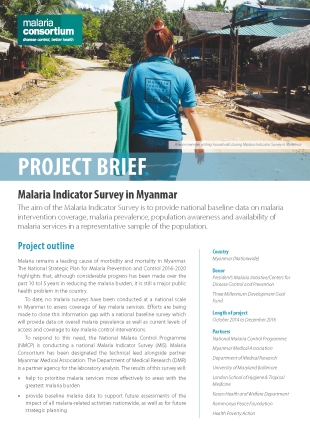 10/03/2016
Project brief
10/03/2016
Project brief
 26/02/2016
Journal article
26/02/2016
Journal article
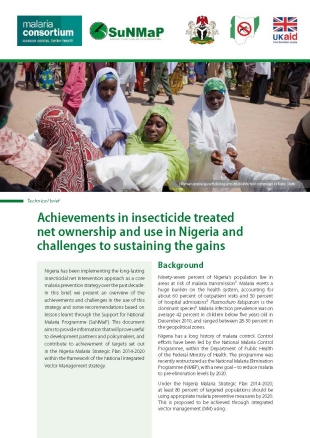 18/02/2016
Technical brief
18/02/2016
Technical brief
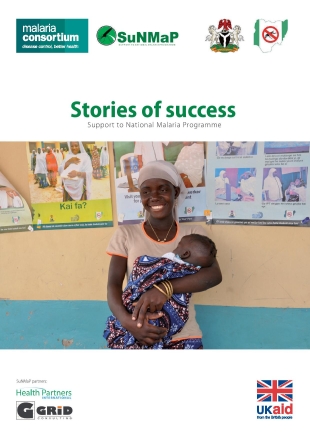 16/02/2016
Case study
16/02/2016
Case study
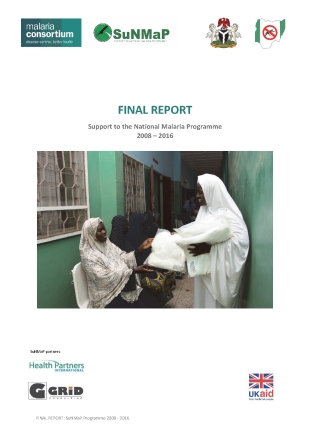 16/02/2016
Project report
16/02/2016
Project report
 16/02/2016
Journal article
16/02/2016
Journal article
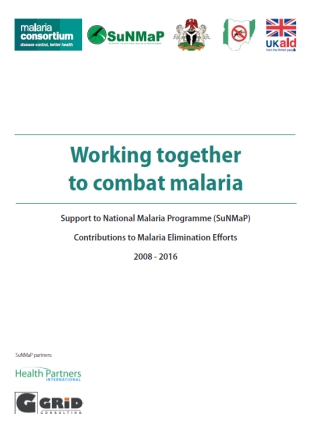 16/02/2016
Project report
16/02/2016
Project report
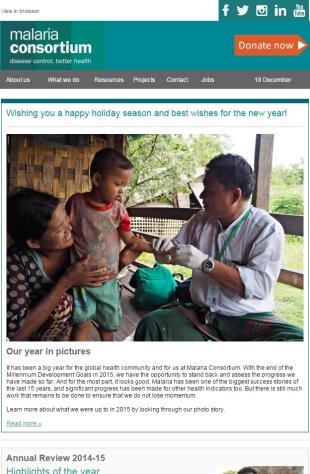 11/01/2016
Newsletter
11/01/2016
Newsletter
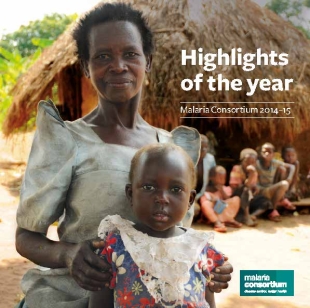 15/12/2015
Annual review
15/12/2015
Annual review
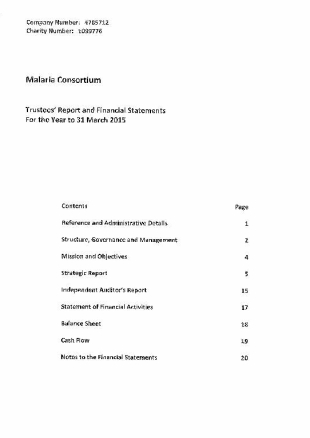 15/12/2015
Annual review
15/12/2015
Annual review
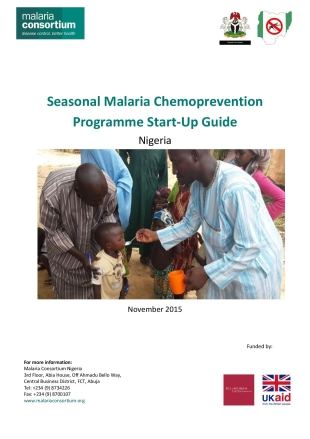 09/12/2015
Training materials
09/12/2015
Training materials
 23/11/2015
Journal article
23/11/2015
Journal article
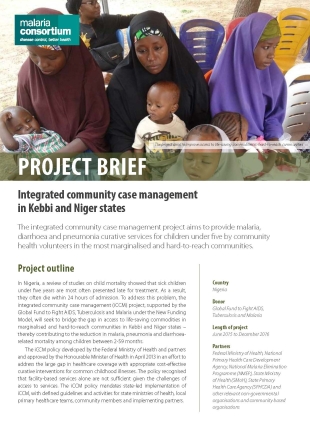 30/10/2015
Project brief
30/10/2015
Project brief
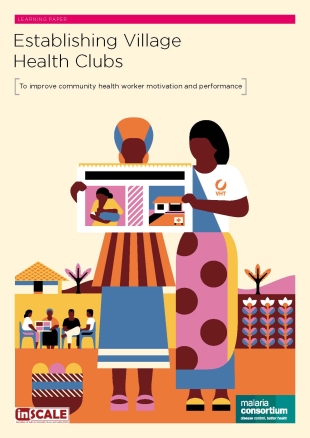 28/10/2015
Learning paper
28/10/2015
Learning paper
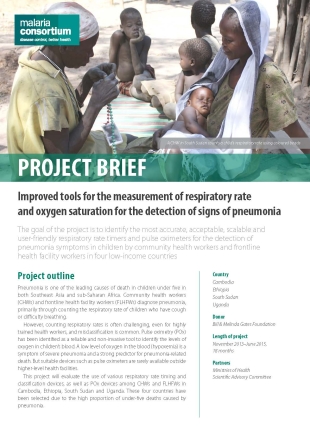 26/10/2015
Project brief
26/10/2015
Project brief
 02/10/2015
Journal article
02/10/2015
Journal article
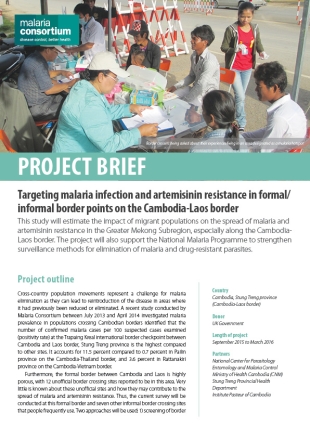 21/09/2015
Project brief
21/09/2015
Project brief
 17/09/2015
Journal article
17/09/2015
Journal article
 09/09/2015
Journal article
09/09/2015
Journal article
 04/09/2015
Journal article
04/09/2015
Journal article
 04/09/2015
Journal article
04/09/2015
Journal article
 28/08/2015
Journal article
28/08/2015
Journal article
 25/08/2015
Journal article
25/08/2015
Journal article
 25/08/2015
Journal article
25/08/2015
Journal article
 01/07/2015
Journal article
01/07/2015
Journal article
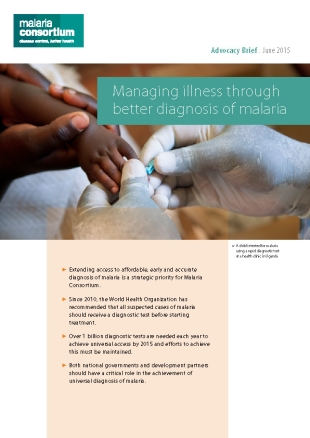 30/06/2015
Advocacy brief
30/06/2015
Advocacy brief
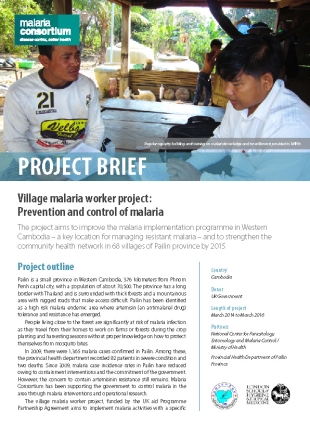 05/06/2015
Project brief
05/06/2015
Project brief
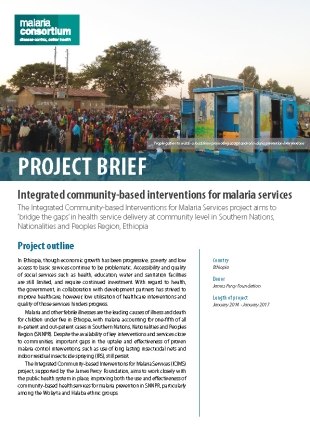 22/05/2015
Project brief
22/05/2015
Project brief
 22/05/2015
Journal article
22/05/2015
Journal article
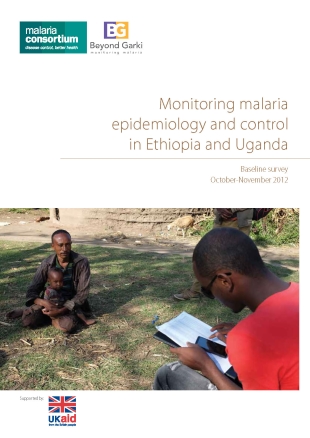 18/05/2015
Technical brief
18/05/2015
Technical brief
 30/04/2015
Journal article
30/04/2015
Journal article
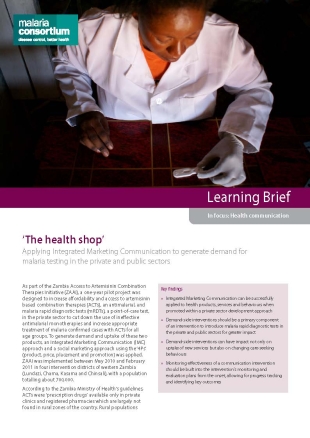 17/04/2015
Learning brief
17/04/2015
Learning brief
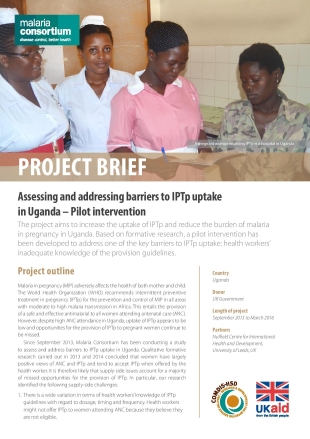 13/04/2015
Project brief
13/04/2015
Project brief
 12/04/2015
Journal article
12/04/2015
Journal article
 16/03/2015
Journal article
16/03/2015
Journal article
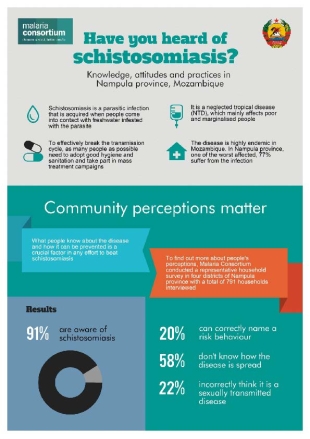 24/02/2015
Infographic
24/02/2015
Infographic
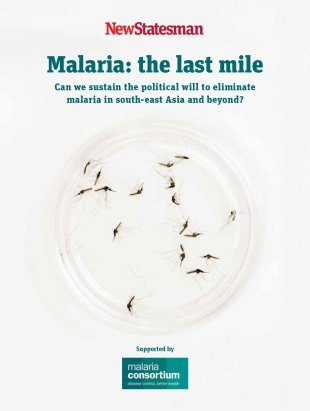 30/01/2015
Advocacy report
30/01/2015
Advocacy report
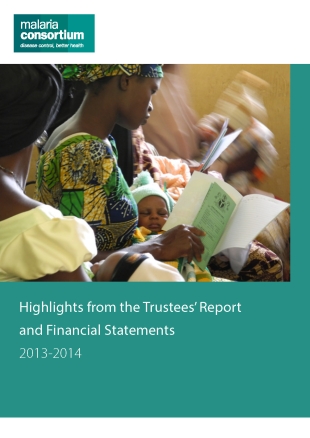 10/12/2014
Annual review
10/12/2014
Annual review
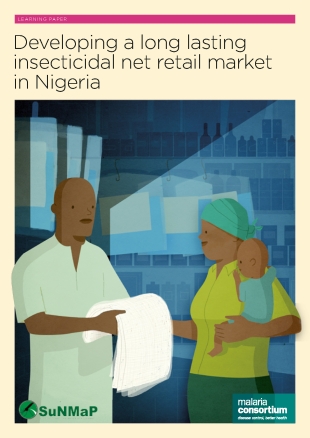 10/12/2014
Learning paper
10/12/2014
Learning paper
 01/12/2014
Journal article
01/12/2014
Journal article
 01/12/2014
Journal article
01/12/2014
Journal article
 01/12/2014
Journal article
01/12/2014
Journal article
 27/11/2014
Journal article
27/11/2014
Journal article
 11/11/2014
Journal article
11/11/2014
Journal article
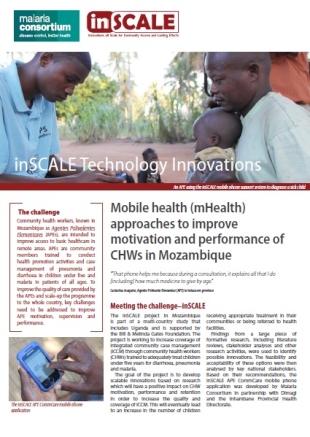 09/11/2014
Technical brief
09/11/2014
Technical brief
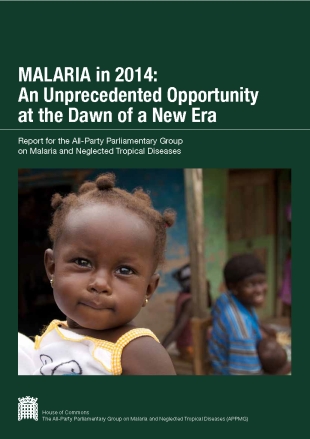 14/10/2014
Advocacy report
14/10/2014
Advocacy report
 14/10/2014
Journal article
14/10/2014
Journal article
 10/10/2014
Journal article
10/10/2014
Journal article
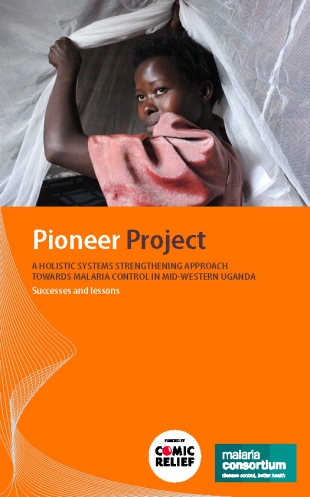 26/09/2014
Project report
26/09/2014
Project report
 19/09/2014
Journal article
19/09/2014
Journal article
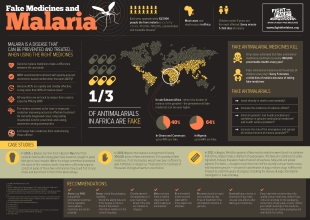 18/09/2014
Infographic
18/09/2014
Infographic
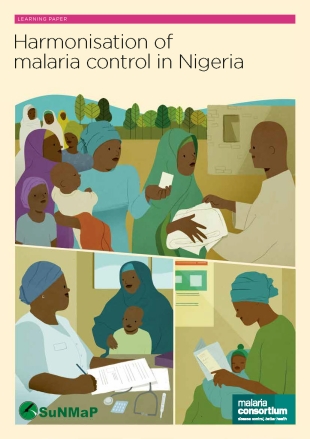 22/08/2014
Learning paper
22/08/2014
Learning paper
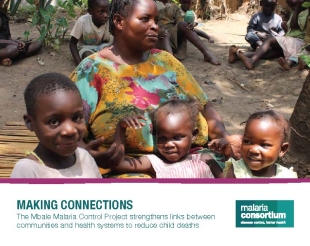 20/08/2014
Project report
20/08/2014
Project report
 14/08/2014
Journal article
14/08/2014
Journal article
 14/08/2014
Journal article
14/08/2014
Journal article
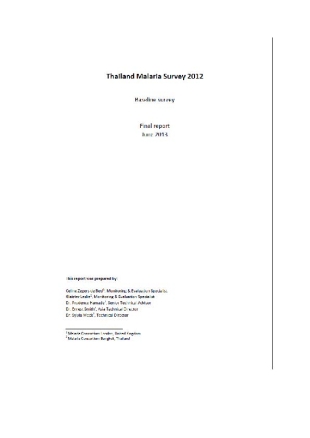 09/07/2014
Project report
09/07/2014
Project report
 07/07/2014
Journal article
07/07/2014
Journal article
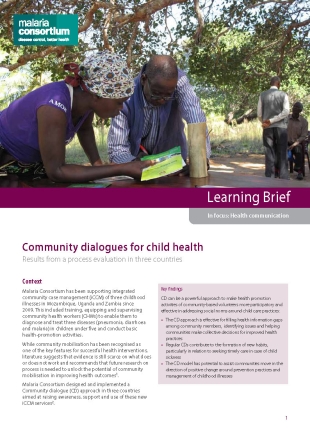 10/06/2014
Learning brief
10/06/2014
Learning brief
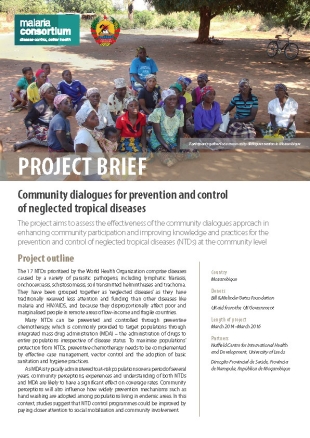 20/05/2014
Project brief
20/05/2014
Project brief
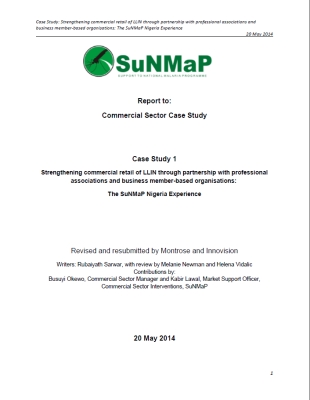 20/05/2014
Case study
20/05/2014
Case study
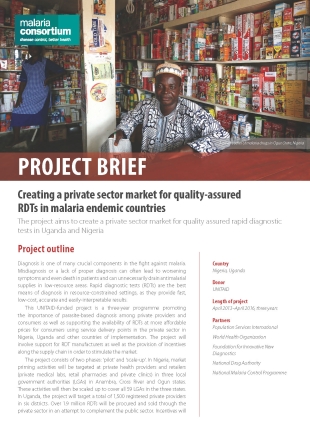 09/05/2014
Project brief
09/05/2014
Project brief
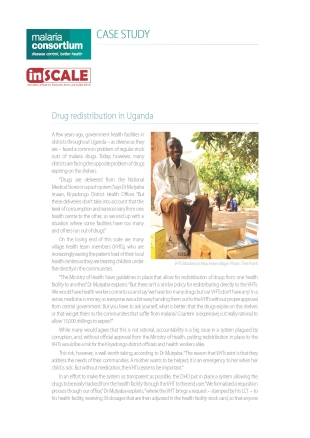 01/05/2014
Case study
01/05/2014
Case study
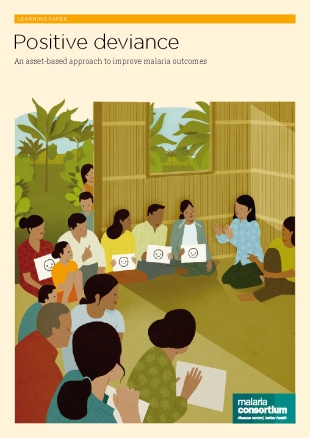 24/04/2014
Learning paper
24/04/2014
Learning paper
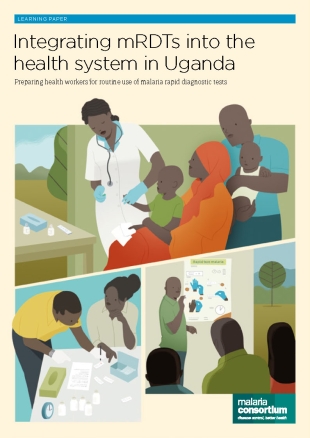 09/04/2014
Learning paper
09/04/2014
Learning paper
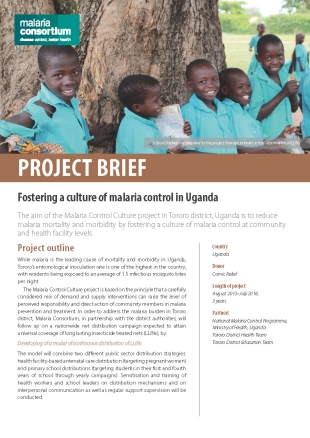 02/04/2014
Project brief
02/04/2014
Project brief
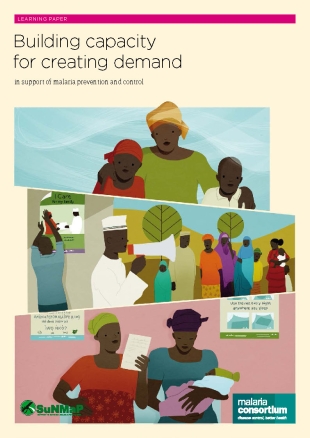 31/03/2014
Learning paper
31/03/2014
Learning paper
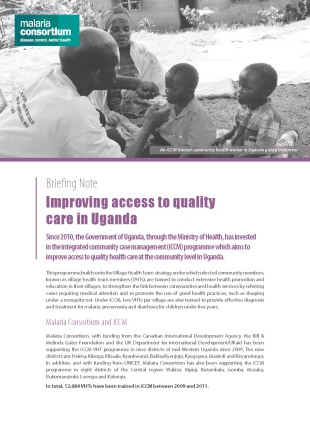 20/03/2014
Technical brief
20/03/2014
Technical brief
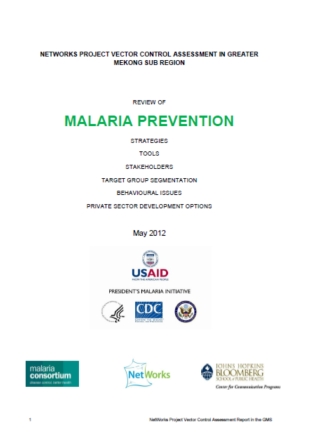 04/03/2014
Project report
04/03/2014
Project report
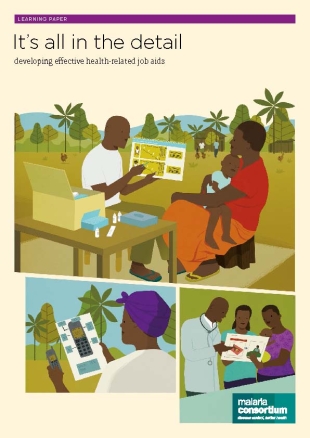 28/02/2014
Learning paper
28/02/2014
Learning paper
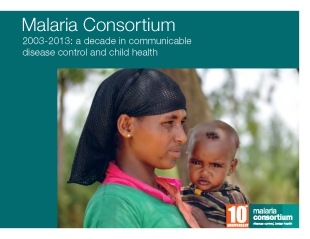 24/02/2014
Annual review
24/02/2014
Annual review
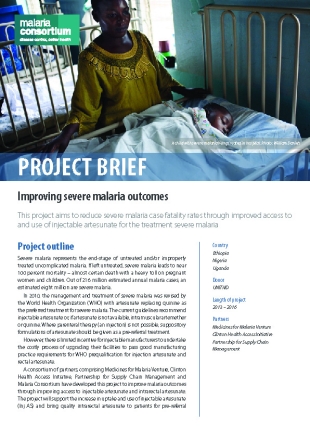 20/01/2014
Project brief
20/01/2014
Project brief
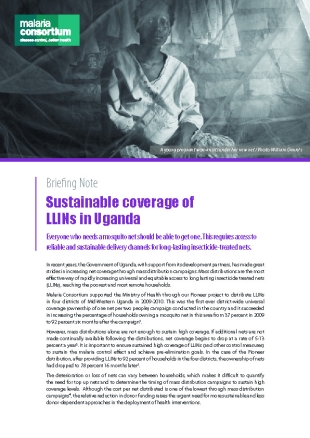 08/01/2014
Technical brief
08/01/2014
Technical brief
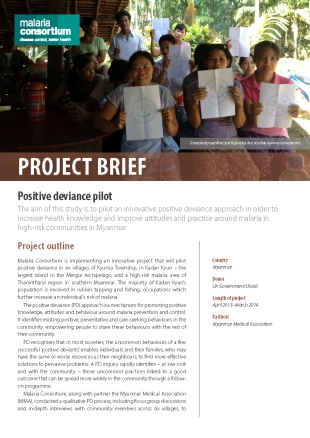 01/01/2014
Project brief
01/01/2014
Project brief
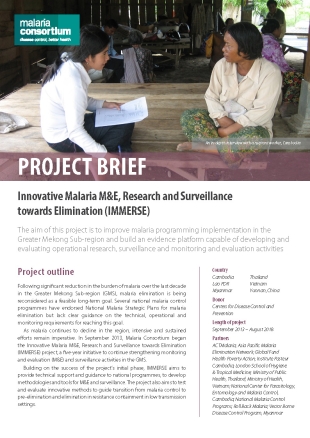 01/01/2014
Project brief
01/01/2014
Project brief
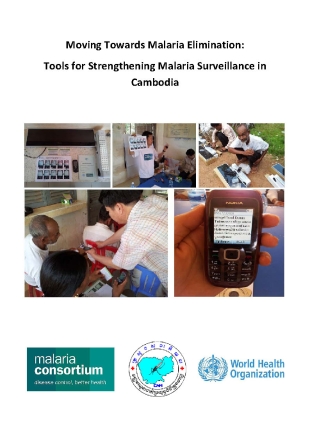 01/01/2014
Project report
01/01/2014
Project report
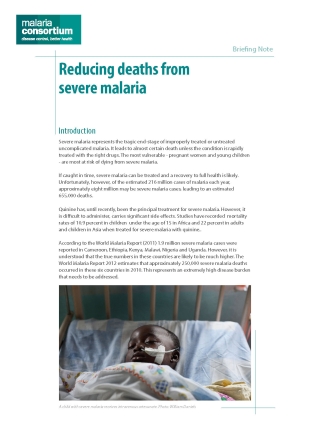 31/12/2013
Technical brief
31/12/2013
Technical brief
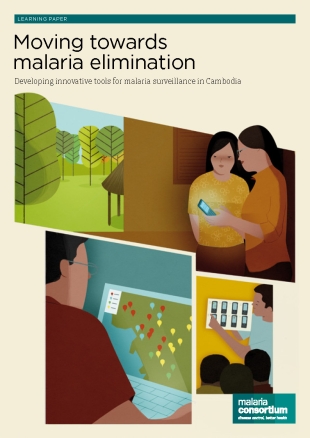 09/12/2013
Learning paper
09/12/2013
Learning paper
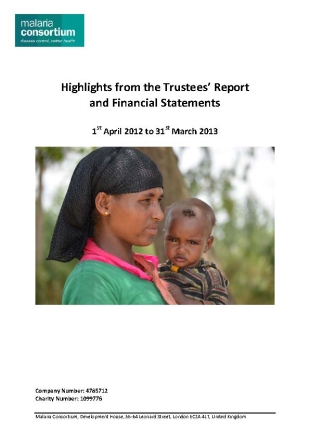 19/11/2013
Annual review
19/11/2013
Annual review
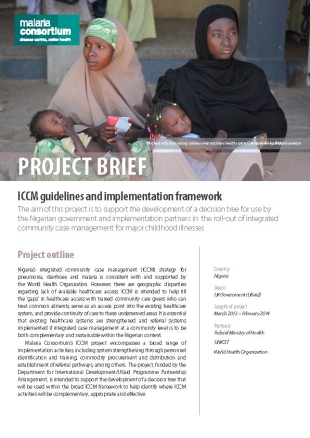 18/11/2013
Project brief
18/11/2013
Project brief
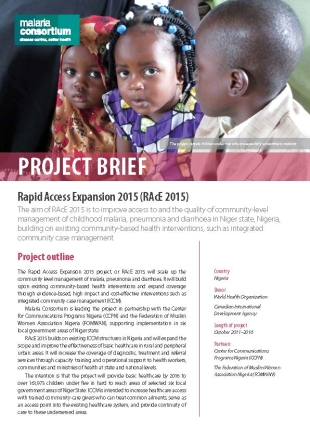 18/11/2013
Project brief
18/11/2013
Project brief
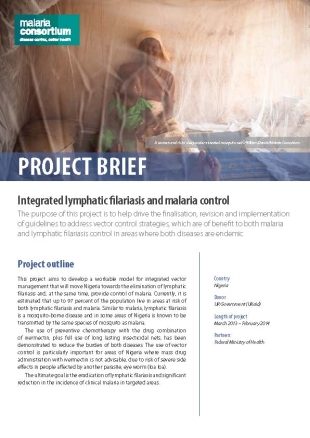 18/11/2013
Project brief
18/11/2013
Project brief
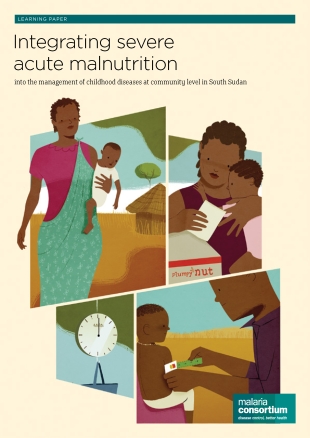 18/11/2013
Learning paper
18/11/2013
Learning paper
 14/11/2013
Journal article
14/11/2013
Journal article
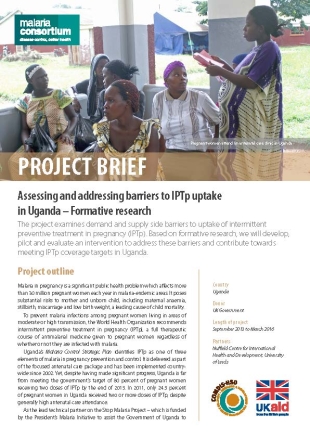 12/11/2013
Project brief
12/11/2013
Project brief
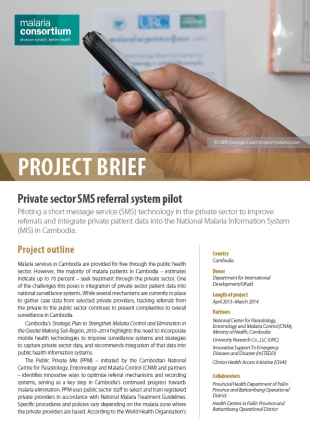 07/11/2013
Project brief
07/11/2013
Project brief
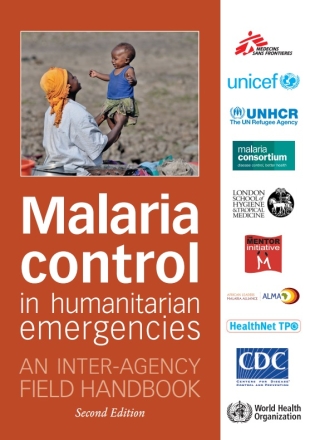 21/10/2013
Training materials
21/10/2013
Training materials
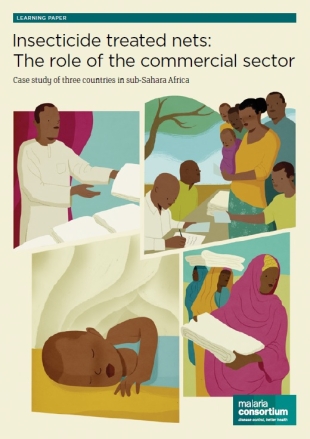 17/10/2013
Learning paper
17/10/2013
Learning paper
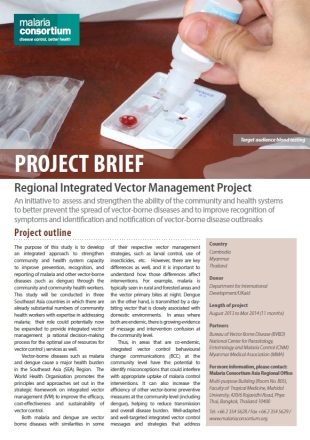 01/10/2013
Project brief
01/10/2013
Project brief
 10/09/2013
Journal article
10/09/2013
Journal article
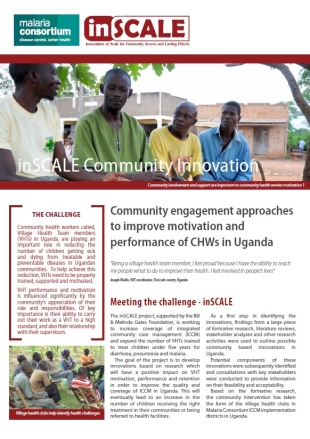 02/08/2013
Technical brief
02/08/2013
Technical brief
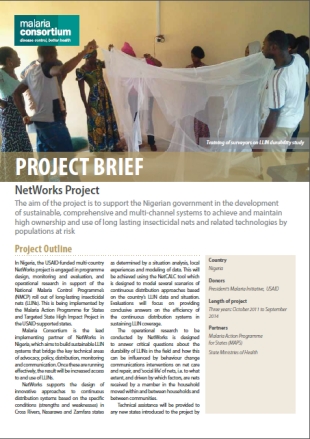 01/07/2013
Project brief
01/07/2013
Project brief
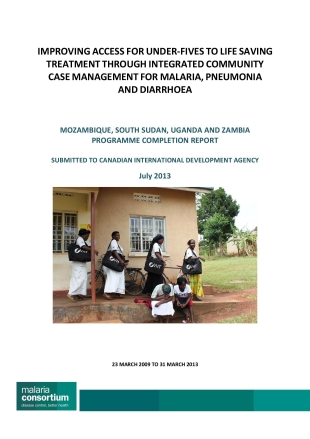 01/07/2013
Project report
01/07/2013
Project report
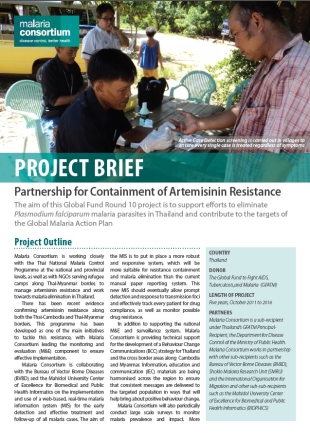 14/06/2013
Project brief
14/06/2013
Project brief
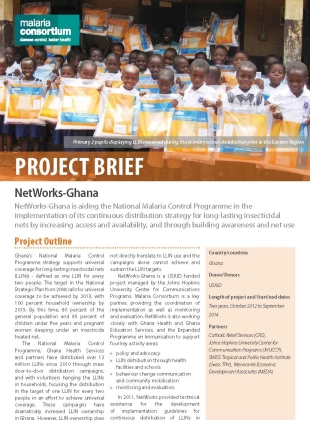 01/04/2013
Project brief
01/04/2013
Project brief
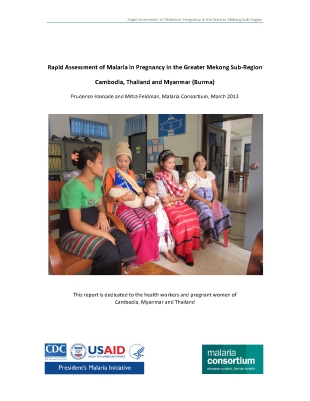 31/03/2013
Project report
31/03/2013
Project report
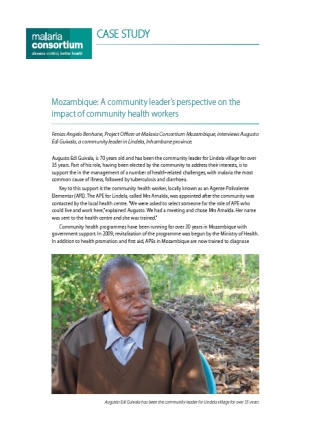 27/03/2013
Case study
27/03/2013
Case study
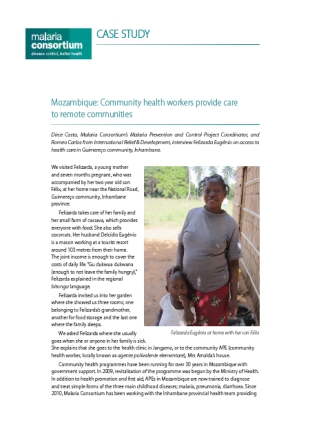 27/03/2013
Case study
27/03/2013
Case study
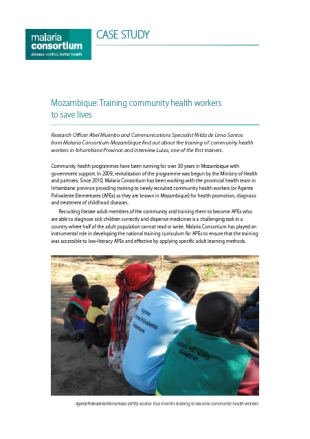 27/03/2013
Case study
27/03/2013
Case study
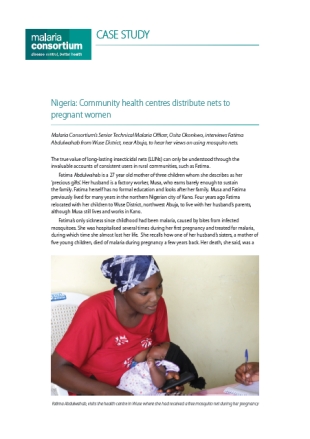 27/03/2013
Case study
27/03/2013
Case study
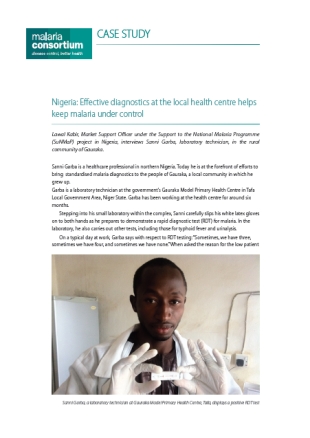 27/03/2013
Case study
27/03/2013
Case study
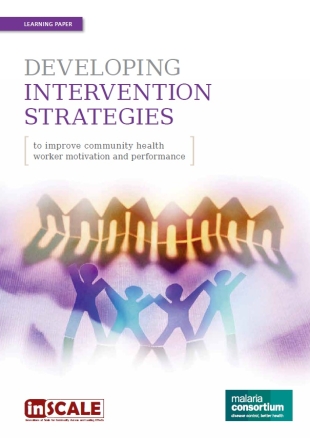 13/03/2013
Learning paper
13/03/2013
Learning paper
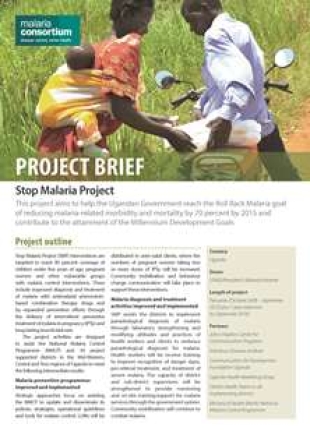 11/03/2013
Project brief
11/03/2013
Project brief
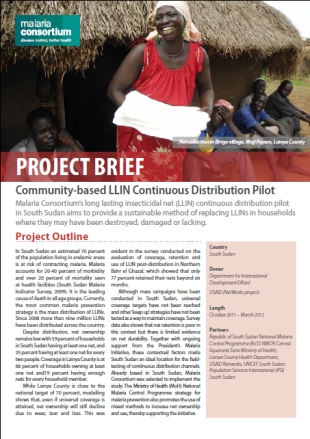 14/02/2013
Project brief
14/02/2013
Project brief
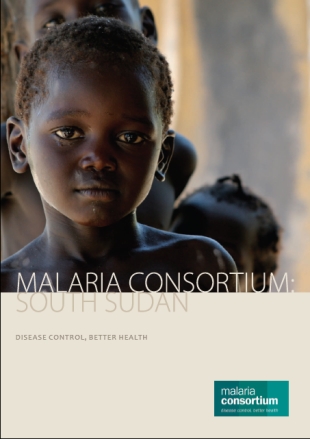 23/01/2013
Brochure
23/01/2013
Brochure
 19/12/2012
Journal article
19/12/2012
Journal article
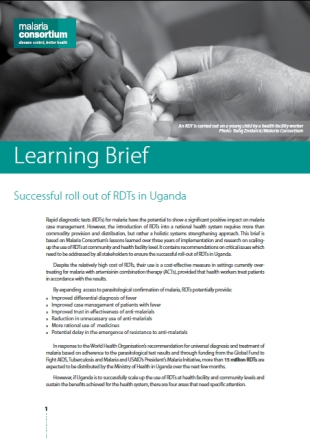 18/12/2012
Learning brief
18/12/2012
Learning brief
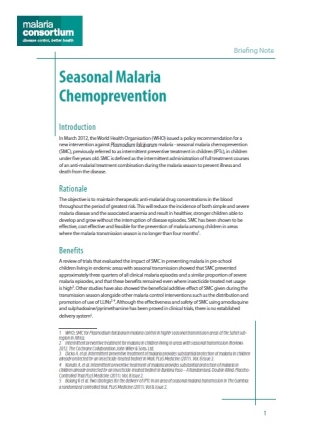 01/12/2012
Technical brief
01/12/2012
Technical brief
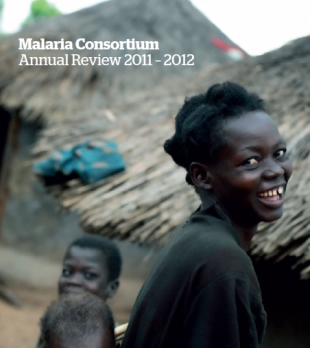 16/11/2012
Annual review
16/11/2012
Annual review
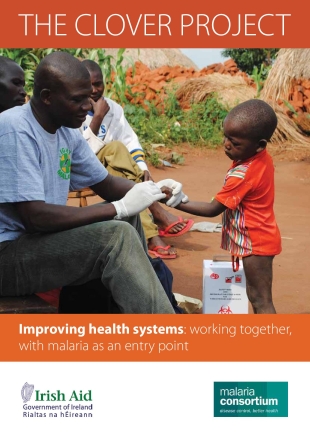 12/11/2012
Project report
12/11/2012
Project report
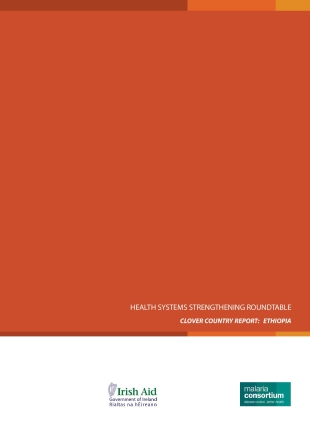 12/11/2012
Project report
12/11/2012
Project report
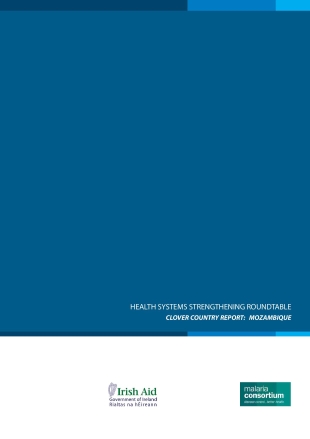 12/11/2012
Project report
12/11/2012
Project report
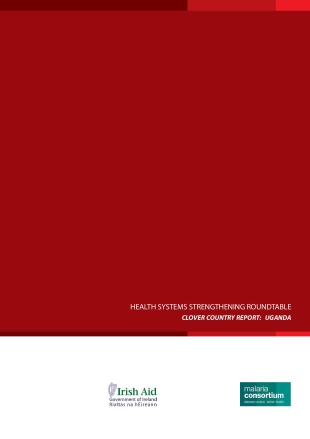 12/11/2012
Project report
12/11/2012
Project report
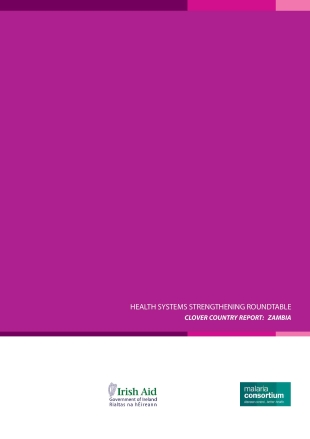 12/11/2012
Project report
12/11/2012
Project report
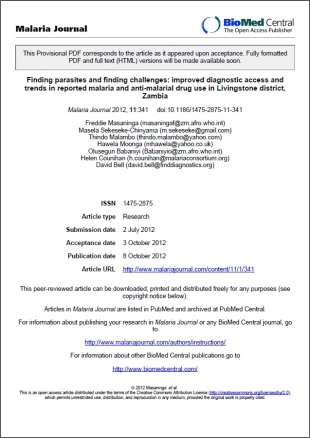 08/10/2012
Journal article
08/10/2012
Journal article
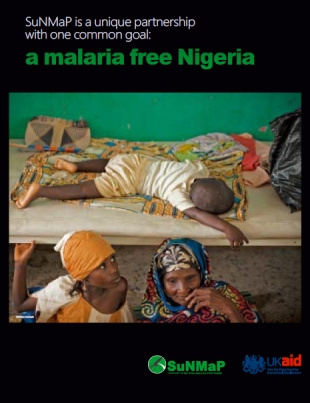 09/08/2012
Project brief
09/08/2012
Project brief
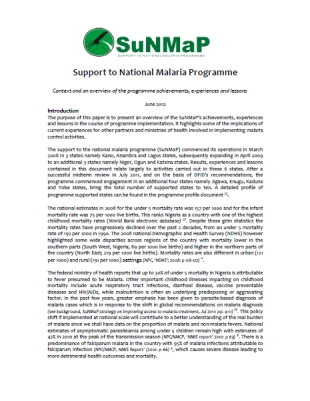 30/07/2012
Project report
30/07/2012
Project report
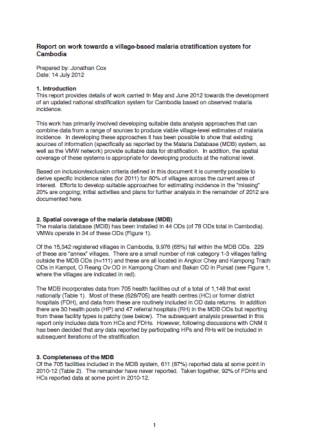 14/07/2012
Project report
14/07/2012
Project report
 20/04/2012
Journal article
20/04/2012
Journal article
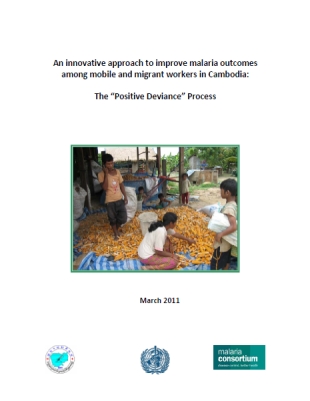 30/03/2012
Project report
30/03/2012
Project report
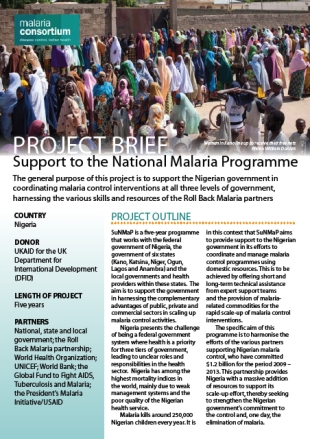 09/02/2012
Project brief
09/02/2012
Project brief
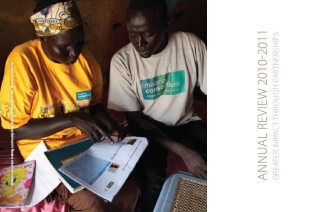 09/11/2011
Annual review
09/11/2011
Annual review
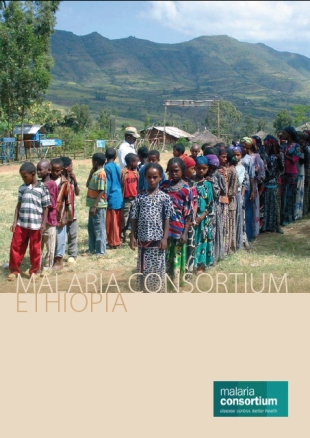 01/11/2011
Brochure
01/11/2011
Brochure
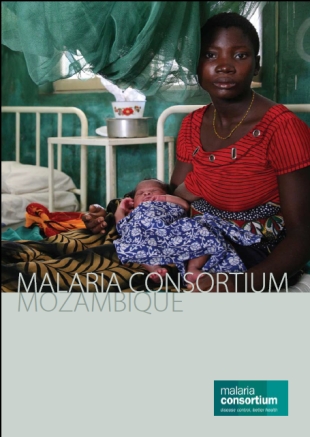 01/11/2011
Brochure
01/11/2011
Brochure
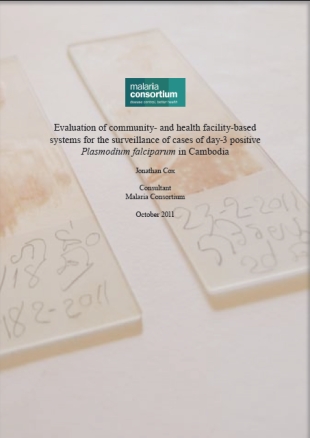 28/10/2011
Project report
28/10/2011
Project report
 11/10/2011
Journal article
11/10/2011
Journal article
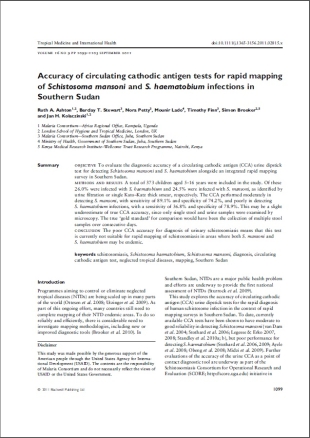 01/09/2011
Journal article
01/09/2011
Journal article
 15/07/2011
Journal article
15/07/2011
Journal article
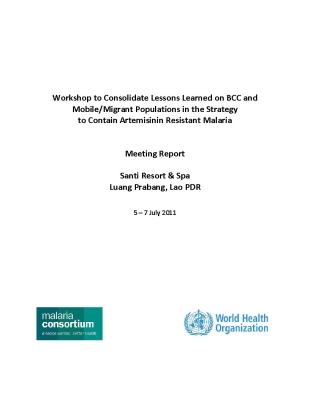 05/07/2011
Project report
05/07/2011
Project report
 30/06/2011
Journal article
30/06/2011
Journal article
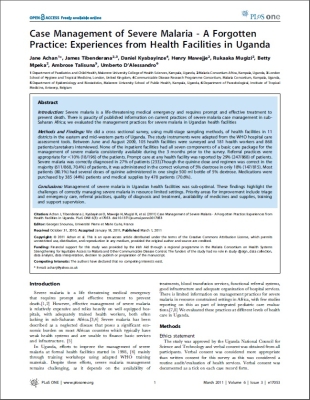 01/03/2011
Journal article
01/03/2011
Journal article
 25/01/2011
Journal article
25/01/2011
Journal article
 16/12/2010
Journal article
16/12/2010
Journal article
 18/11/2010
Journal article
18/11/2010
Journal article
 27/10/2010
Journal article
27/10/2010
Journal article
 01/10/2010
Journal article
01/10/2010
Journal article
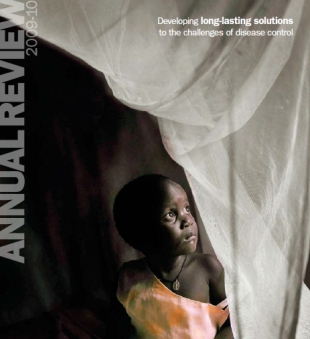 01/09/2010
Annual review
01/09/2010
Annual review
 17/08/2010
Journal article
17/08/2010
Journal article
 13/07/2010
Journal article
13/07/2010
Journal article
 12/07/2010
Journal article
12/07/2010
Journal article
 29/06/2010
Journal article
29/06/2010
Journal article
 20/04/2010
Journal article
20/04/2010
Journal article
 24/03/2010
Journal article
24/03/2010
Journal article
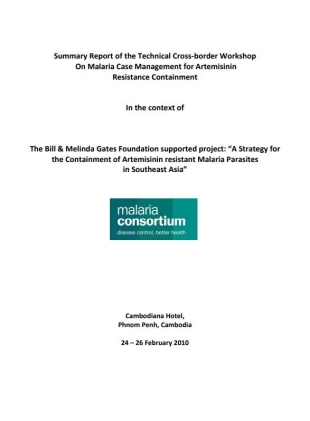 24/02/2010
Project report
24/02/2010
Project report
 01/02/2010
Journal article
01/02/2010
Journal article
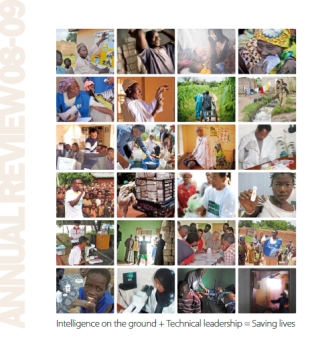 01/09/2009
Annual review
01/09/2009
Annual review
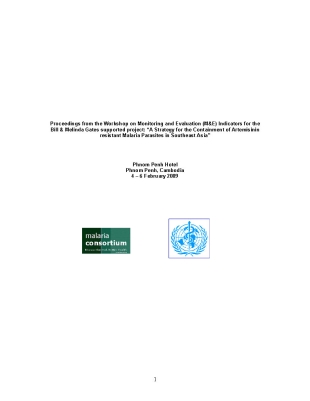 04/02/2009
Project report
04/02/2009
Project report
Language: English
 25/04/2024
Project report
25/04/2024
Project report
Malaria Consortium’s seasonal malaria chemoprevention programme: Philanthropy report 2023
This report summarises achievements and challenges in areas where Malaria Consortium used philanthropic funding for SMC in 2023. 25/04/2024This report summarises achievements and challenges in areas where Malaria Consortium used philanthropic funding for SMC in 2023.
 23/04/2024
Project brief
23/04/2024
Project brief
Seasonal malaria chemoprevention
Malaria Consortium is a leading implementer of seasonal malaria chemoprevention (SMC) and carries out pioneering research to strengthen the quality and effectiveness of this life-saving intervention. 23/04/2024Malaria Consortium is a leading implementer of seasonal malaria chemoprevention (SMC) and carries out pioneering research to strengthen the quality and effectiveness of this life-saving intervention.
 12/04/2024
Learning paper
12/04/2024
Learning paper
Enhancing community health through the Boma Health Initiative
Over the last seven years, Malaria Consortium has been supporting the South Sudan government to implement a nationwide community health programme that aims to connect communities to essential health services. 12/04/2024Over the last seven years, Malaria Consortium has been supporting the South Sudan government to implement a nationwide community health programme that aims to connect communities to essential health services.
 30/03/2024
Journal article
30/03/2024
Journal article
Receipt of seasonal malaria chemoprevention by age-ineligible children and associated factors in nine implementation states in Nigeria
Children aged 3-59 months are eligible to receive seasonal malaria chemoprevention (SMC). This study aimed to assess how often SMC medicines were administered to ineligible children during the 2022 round. 30/03/2024Children aged 3-59 months are eligible to receive seasonal malaria chemoprevention (SMC). This study aimed to assess how often SMC medicines were administered to ineligible children during the 2022 round.
 28/03/2024
Project brief
28/03/2024
Project brief
Strengthening Uganda’s preparedness against arboviral threats
We are establishing a robust arboviral surveillance system as well as running training programmes and public awareness campaigns to bolster Uganda's defences against mosquito-borne viruses. 28/03/2024We are establishing a robust arboviral surveillance system as well as running training programmes and public awareness campaigns to bolster Uganda's defences against mosquito-borne viruses.
 08/03/2024
Capacity statement
08/03/2024
Capacity statement
Malaria Consortium Mozambique
Malaria Consortium is committed to reducing the burden of malaria and other communicable diseases in Mozambique, especially those affecting children under five. 08/03/2024Malaria Consortium is committed to reducing the burden of malaria and other communicable diseases in Mozambique, especially those affecting children under five.
 08/03/2024
Journal article
08/03/2024
Journal article
Heterogeneity in the prevalence of subclinical malaria, other co-infections and anaemia among pregnant women in rural areas of Myanmar
This study found high rates of anaemia among pregnant women, despite a low prevalence of subclinical malaria and co-infections. The authors advocate integrating interventions for malaria, anaemia and helminths into… 08/03/2024This study found high rates of anaemia among pregnant women, despite a low prevalence of subclinical malaria and co-infections. The authors advocate integrating interventions for malaria, anaemia and helminths into antenatal care services.
 27/02/2024
Project brief
27/02/2024
Project brief
Severe malaria: Strengthening diagnosis and case management
Implementing a process of continuous quality improvement and addressing constraints on health workforce capacity will drive improvements in the quality of malaria diagnosis and case management in Kano, Nigeria. 27/02/2024Implementing a process of continuous quality improvement and addressing constraints on health workforce capacity will drive improvements in the quality of malaria diagnosis and case management in Kano, Nigeria.
 02/02/2024
Journal article
02/02/2024
Journal article
From efficacy to effectiveness: a comprehensive framework for monitoring, evaluating and optimizing SMC programmes
This paper describes the process for developing a comprehensive monitoring and evaluation framework tailored specifically to seasonal malaria chemoprevention. 02/02/2024This paper describes the process for developing a comprehensive monitoring and evaluation framework tailored specifically to seasonal malaria chemoprevention.
 29/01/2024
Learning brief
29/01/2024
Learning brief
Happy Feet: Initiating and integrating low-cost podoconiosis and lymphoedema management services in primary healthcare
Malaria Consortium is implementing the Happy Feet project in Southern Ethiopia to improve access to quality lymphoedema morbidity management and disability prevention services. 29/01/2024Malaria Consortium is implementing the Happy Feet project in Southern Ethiopia to improve access to quality lymphoedema morbidity management and disability prevention services.
 24/01/2024
Journal article
24/01/2024
Journal article
A quasi-experimental study to estimate effectiveness of SMC in Aweil South county in Northern Bahr El Ghazal, South Sudan
The results of this study indicate that seasonal malaria chemoprevention (SMC) is effective at reducing the incidence of malaria in under-fives in an area with high seasonal malaria transmission and… 24/01/2024The results of this study indicate that seasonal malaria chemoprevention (SMC) is effective at reducing the incidence of malaria in under-fives in an area with high seasonal malaria transmission and an unknown drug resistance profile.
 12/01/2024
Journal article
12/01/2024
Journal article
Predicting the potential impact of scaling up four pneumonia interventions on under-five pneumonia mortality
A prospective analysis has revealed that scaling up pneumonia interventions could have a significant impact on under-five mortality rates in low- and middle-income countries. 12/01/2024A prospective analysis has revealed that scaling up pneumonia interventions could have a significant impact on under-five mortality rates in low- and middle-income countries.
 02/01/2024
Journal article
02/01/2024
Journal article
Urban–rural differences in SMC coverage and characteristics of target populations in nine states of Nigeria
This study investigated urban–rural differences in seasonal malaria chemoprevention (SMC) coverage and other programme outcomes, as well as child and caregiver characteristics of target populations in nine implementing states in… 02/01/2024This study investigated urban–rural differences in seasonal malaria chemoprevention (SMC) coverage and other programme outcomes, as well as child and caregiver characteristics of target populations in nine implementing states in Nigeria during the 2022 SMC round.
 07/12/2023
Project brief
07/12/2023
Project brief
Introducing a digital intervention to strengthen the Boma Health Initiative
A project to digitalise integrated community case management in South Sudan aims to address gaps in reporting and increase data quality, and could also improve child health outcomes. 07/12/2023A project to digitalise integrated community case management in South Sudan aims to address gaps in reporting and increase data quality, and could also improve child health outcomes.
 24/11/2023
Journal article
24/11/2023
Journal article
Addressing antimicrobial resistance through community engagement
A 10-step framework for developing behaviour change interventions to address One Health challenges highlights the importance of involving community members and placing value on their contextual knowledge. 24/11/2023A 10-step framework for developing behaviour change interventions to address One Health challenges highlights the importance of involving community members and placing value on their contextual knowledge.
 14/11/2023
Journal article
14/11/2023
Journal article
Major gaps in childhood pneumonia research priorities remain
Funders of infectious disease research must turn their focus to identified pneumonia research priorities in order to work towards the Sustainable Development Goal for child survival. 14/11/2023Funders of infectious disease research must turn their focus to identified pneumonia research priorities in order to work towards the Sustainable Development Goal for child survival.
 10/11/2023
Project brief
10/11/2023
Project brief
Evaluating intermittent preventive treatment of malaria in school-aged children in Burkina Faso
We are exploring new approaches to preventing malaria infections and reducing mortality in children aged between 5 and 14 years in Burkina Faso. 10/11/2023We are exploring new approaches to preventing malaria infections and reducing mortality in children aged between 5 and 14 years in Burkina Faso.
 31/10/2023
Advocacy brief
31/10/2023
Advocacy brief
From steps to solutions: Advancing podoconiosis prevention and control in Ethiopia
We aim to work with key stakeholders to accelerate the control of podoconiosis by creating universal access to better quality preventive measures and healthcare. 31/10/2023We aim to work with key stakeholders to accelerate the control of podoconiosis by creating universal access to better quality preventive measures and healthcare.
 24/10/2023
Journal article
24/10/2023
Journal article
Co-designing community-based interventions to tackle antimicrobial resistance (AMR): what to include and why
This commentary presents seven key concepts that are integral to tackling behavioural drivers to antimicrobial resistance (AMR) through community engagement. 24/10/2023This commentary presents seven key concepts that are integral to tackling behavioural drivers to antimicrobial resistance (AMR) through community engagement.
 18/10/2023
Annual review
18/10/2023
Annual review
20 years of impact: Saving lives, transforming communities
On this, the 20th anniversary of Malaria Consortium, we reflect on the journey so far and provide insights into what we have achieved and how we seek to address the… 18/10/2023On this, the 20th anniversary of Malaria Consortium, we reflect on the journey so far and provide insights into what we have achieved and how we seek to address the key challenges that remain.
 21/09/2023
Technical brief
21/09/2023
Technical brief
Paving the way for universal health coverage
To help ensure our programmatic efforts continue to progress UHC in the countries in which we work, we have developed a dedicated action plan and a country assessment tool for… 21/09/2023To help ensure our programmatic efforts continue to progress UHC in the countries in which we work, we have developed a dedicated action plan and a country assessment tool for UHC.
 20/09/2023
Capacity statement
20/09/2023
Capacity statement
Integrated community case management
With vast experience in supporting iCCM initiatives across Africa and Asia, Malaria Consortium offers technical assistance to ministries of health to implement and improve their iCCM programmes. 20/09/2023With vast experience in supporting iCCM initiatives across Africa and Asia, Malaria Consortium offers technical assistance to ministries of health to implement and improve their iCCM programmes.
 13/09/2023
Learning brief
13/09/2023
Learning brief
Supporting the scale-up of seasonal malaria chemoprevention in Mozambique
Malaria Consortium Mozambique visited Nigeria to gather practical knowledge on the effective scale-up of seasonal malaria chemoprevention, and to establish ways of exchanging knowledge in the future. 13/09/2023Malaria Consortium Mozambique visited Nigeria to gather practical knowledge on the effective scale-up of seasonal malaria chemoprevention, and to establish ways of exchanging knowledge in the future.
 01/09/2023
Project brief
01/09/2023
Project brief
Malaria control in Ebola-affected districts in Uganda
This project implemented a mass drug administration campaign for malaria in Ebola-affected districts in Uganda, contributing to national outbreak control efforts. 01/09/2023This project implemented a mass drug administration campaign for malaria in Ebola-affected districts in Uganda, contributing to national outbreak control efforts.
 21/07/2023
Journal article
21/07/2023
Journal article
Usability of pulse oximeters used by community health and primary care workers as screening tools for severe illness in children under five in low resource settings
This cross-sectional study explores the usability of pulse-oximeters for community health and primary care workers in Cambodia, Ethiopia, South Sudan and Uganda. 21/07/2023This cross-sectional study explores the usability of pulse-oximeters for community health and primary care workers in Cambodia, Ethiopia, South Sudan and Uganda.
 14/07/2023
Capacity statement
14/07/2023
Capacity statement
Malaria Consortium Ethiopia
In Ethiopia, we are providing technical assistance to the Ministry of Health to develop and strengthen evidence-based strategies for child survival. 14/07/2023In Ethiopia, we are providing technical assistance to the Ministry of Health to develop and strengthen evidence-based strategies for child survival.
 11/07/2023
Project brief
11/07/2023
Project brief
Conducting rapid assessments to build the evidence base for seasonal malaria chemoprevention in new geographies
We are carrying out rapid assessments in up to five countries across East and southern Africa where SMC has not previously been delivered at scale. 11/07/2023We are carrying out rapid assessments in up to five countries across East and southern Africa where SMC has not previously been delivered at scale.
 29/06/2023
Project brief
29/06/2023
Project brief
Institutionalising data ownership and data-informed decision-making for community health programmes in Mozambique
Integrating upSCALE into the Ministry of Health's surveillance systems will support data-driven decision-making for community health interventions. 29/06/2023Integrating upSCALE into the Ministry of Health's surveillance systems will support data-driven decision-making for community health interventions.
 27/06/2023
Infographic
27/06/2023
Infographic
Milestones towards a malaria-free Uganda
The Supporting Uganda’s Malaria Reduction and Elimination Strategy project sets up integrated community case management to treat common childhood diseases. 27/06/2023The Supporting Uganda’s Malaria Reduction and Elimination Strategy project sets up integrated community case management to treat common childhood diseases.
 12/06/2023
Journal article
12/06/2023
Journal article
Improving community health worker treatment for malaria, diarrhoea, and pneumonia in Uganda through inSCALE community and mHealth innovations
The results of this cluster randomised controlled trial suggest that interventions that promote learning and increase CHWs' confidence and connectedness to the wider health system and community can increase appropriate… 12/06/2023The results of this cluster randomised controlled trial suggest that interventions that promote learning and increase CHWs' confidence and connectedness to the wider health system and community can increase appropriate treatment for malaria, diarrhoea and pneumonia.
 12/06/2023
Journal article
12/06/2023
Journal article
Improving outcomes for children with malaria, diarrhoea and pneumonia in Mozambique: A cluster randomised controlled trial of the inSCALE technology innovation
This study highlights the potential value of a technology intervention aimed at strengthening integrated community case management to address the largest causes of childhood morbidity and mortality in sub-Saharan Africa. 12/06/2023This study highlights the potential value of a technology intervention aimed at strengthening integrated community case management to address the largest causes of childhood morbidity and mortality in sub-Saharan Africa.
 08/06/2023
Advocacy brief
08/06/2023
Advocacy brief
Prioritising the pneumonia and diarrhoea agenda in Ethiopia: Strengthening strategies for child survival
To target child survival at the community and health facility level, Ethiopia has adopted several programmatic strategies. 08/06/2023To target child survival at the community and health facility level, Ethiopia has adopted several programmatic strategies.
 01/06/2023
Project brief
01/06/2023
Project brief
Strengthening malaria surveillance systems to improve malaria prevention, diagnosis and treatment in Mozambique
The U.S. President’s Malaria Initiative Malaria Capacity Strengthening Program aims to improve the provision of quality malaria services to reduce morbidity and mortality. 01/06/2023The U.S. President’s Malaria Initiative Malaria Capacity Strengthening Program aims to improve the provision of quality malaria services to reduce morbidity and mortality.
 11/05/2023
Project report
11/05/2023
Project report
Strengthening malaria surveillance for data-driven decision making in Mozambique: June 2019 to December 2022
This document summarises the results of three-and-a-half years of programme implementation to scale up malaria surveillance activities in Mozambique. 11/05/2023This document summarises the results of three-and-a-half years of programme implementation to scale up malaria surveillance activities in Mozambique.
 10/05/2023
Brochure
10/05/2023
Brochure
Unlocking community-based solutions in malaria in pregnancy: Harnessing the power of women and adolescents
We integrate community-centred gender- and youth-responsive approaches into our programme delivery. 10/05/2023We integrate community-centred gender- and youth-responsive approaches into our programme delivery.
 05/05/2023
Journal article
05/05/2023
Journal article
Predictors of caregiver adherence to administration of amodiaquine during delivery of seasonal malaria chemoprevention in Nigeria, Burkina Faso, Chad and Togo
Non-adherence to amodiaquine administration by caregivers has implications for the emergence of antimalarial resistance. 05/05/2023Non-adherence to amodiaquine administration by caregivers has implications for the emergence of antimalarial resistance.
 25/04/2023
Advocacy brief
25/04/2023
Advocacy brief
Achieving malaria elimination through public-private-philanthropic partnerships
The private sector, which includes both private for-profit and private non-profit organisations, plays a critical role in Nigeria’s efforts to tackle malaria. 25/04/2023The private sector, which includes both private for-profit and private non-profit organisations, plays a critical role in Nigeria’s efforts to tackle malaria.
 25/04/2023
Technical brief
25/04/2023
Technical brief
Adapting political economy analysis for malaria programming
Where a lack of progress cannot be explained by ecological or technological reasons, it is helpful to explore the political economy of a setting. 25/04/2023Where a lack of progress cannot be explained by ecological or technological reasons, it is helpful to explore the political economy of a setting.
 13/04/2023
Project report
13/04/2023
Project report
Formative assessment on integrated management of newborn and childhood illness implementation in Ethiopia
This formative assessment explores issues that are critical to improve child health services in Ethiopia. 13/04/2023This formative assessment explores issues that are critical to improve child health services in Ethiopia.
 30/03/2023
Learning brief
30/03/2023
Learning brief
Implementing seasonal malaria chemoprevention in conflict-affected areas in Borno state
Despite security challenges, SMC could safely be delivered to eligible children and hard-to-reach populations in Borno state, Nigeria, in 2021. 30/03/2023Despite security challenges, SMC could safely be delivered to eligible children and hard-to-reach populations in Borno state, Nigeria, in 2021.
 27/03/2023
Project brief
27/03/2023
Project brief
Scaling up the Boma Health Initiative in South Sudan
We are expanding community health services across two counties in Northern Bahr El Ghazal state to prevent and treat common health conditions. 27/03/2023We are expanding community health services across two counties in Northern Bahr El Ghazal state to prevent and treat common health conditions.
 16/03/2023
Project report
16/03/2023
Project report
Strengthening the pneumonia response in Chad: Formative assessment 2022
This review identifies opportunities to improve pneumonia management in Chad. 16/03/2023This review identifies opportunities to improve pneumonia management in Chad.
 14/03/2023
Project brief
14/03/2023
Project brief
Distributing mosquito bite-prevention tools among forest goers
We are distributing malaria prevention tools among people in remote forested areas in Cambodia to support malaria elimination. 14/03/2023We are distributing malaria prevention tools among people in remote forested areas in Cambodia to support malaria elimination.
 24/02/2023
Project report
24/02/2023
Project report
Strengthening community-based malaria prevention and surveillance interventions in Southern Nations, Nationalities and Peoples’ Region, Ethiopia
The project’s goal was to contribute to the sustained reduction of malaria morbidity and disease severity in two districts of Wolaita zone. 24/02/2023The project’s goal was to contribute to the sustained reduction of malaria morbidity and disease severity in two districts of Wolaita zone.
 23/02/2023
Infographic
23/02/2023
Infographic
Providing essential healthcare services in South Sudan
Through HPF3, a multi-donor fund focused on strengthening health services, we have supported increased access to integrated health services. 23/02/2023Through HPF3, a multi-donor fund focused on strengthening health services, we have supported increased access to integrated health services.
 30/01/2023
Project brief
30/01/2023
Project brief
Happy Feet: Community-based podoconiosis prevention and control in Ethiopia
The Happy Feet project aims to accelerate control of podoconiosis by creating access to better quality healthcare services. 30/01/2023The Happy Feet project aims to accelerate control of podoconiosis by creating access to better quality healthcare services.
 30/01/2023
Journal article
30/01/2023
Journal article
A hybrid effectiveness-implementation study protocol to assess the effectiveness and chemoprevention efficacy of implementing seasonal malaria chemoprevention in five districts in Karamoja region, Uganda
The study aims to test the effectiveness and safety of DP-SMC and SPAQ-SMC among 3–59 months old children in Karamoja region, Uganda. 30/01/2023The study aims to test the effectiveness and safety of DP-SMC and SPAQ-SMC among 3–59 months old children in Karamoja region, Uganda.
 12/01/2023
Journal article
12/01/2023
Journal article
Optimising the role of ‘lead mothers’ in seasonal malaria chemoprevention campaigns: Formative research in Kano state, northern Nigeria
Lead mothers can and do influence caregivers to adopt healthy behaviours during SMC campaigns. But their recruitment, training and supervision can be improved. 12/01/2023Lead mothers can and do influence caregivers to adopt healthy behaviours during SMC campaigns. But their recruitment, training and supervision can be improved.
 10/01/2023
Annual review
10/01/2023
Annual review
Unlocking universal health coverage: Impact report 2022
This report highlights how Malaria Consortium is contributing towards universal health coverage. 10/01/2023This report highlights how Malaria Consortium is contributing towards universal health coverage.
 12/12/2022
Capacity statement
12/12/2022
Capacity statement
Universal health coverage
Universal health coverage is fundamental to the design and implementation of our programmes. 12/12/2022Universal health coverage is fundamental to the design and implementation of our programmes.
 01/12/2022
Advocacy brief
01/12/2022
Advocacy brief
Strengthening the health system response to pneumonia and other childhood illnesses
Early diagnosis and treatment at all levels of the health system could prevent more than two-thirds of pneumonia deaths. 01/12/2022Early diagnosis and treatment at all levels of the health system could prevent more than two-thirds of pneumonia deaths.
 28/11/2022
Infographic
28/11/2022
Infographic
Strengthening Community-based Malaria Prevention and Surveillance Interventions in Ethiopia, 2019–2022
We successfully strengthened the malaria response in two districts of the Southern Nations Nationalities and Peoples’ Region, Ethiopia. 28/11/2022We successfully strengthened the malaria response in two districts of the Southern Nations Nationalities and Peoples’ Region, Ethiopia.
 26/10/2022
Project brief
26/10/2022
Project brief
Delivering a long-lasting insecticidal net campaign in South Sudan
We are carrying out a mass long-lasting insecticidal net distribution campaign in the states of Central Equatoria, Jonglei, Northern Bahr el Ghazal, Upper Nile, Warrap and Western Equatoria to combat… 26/10/2022We are carrying out a mass long-lasting insecticidal net distribution campaign in the states of Central Equatoria, Jonglei, Northern Bahr el Ghazal, Upper Nile, Warrap and Western Equatoria to combat malaria.
 25/10/2022
Case study
25/10/2022
Case study
Ethiopia: Supporting surveillance, outbreak detection and response
Health centre heads in Ethiopia share how they use the malaria surveillance dashboard to facilitate outbreak detection and response at the community level. 25/10/2022Health centre heads in Ethiopia share how they use the malaria surveillance dashboard to facilitate outbreak detection and response at the community level.
 20/10/2022
Case study
20/10/2022
Case study
Mozambique: Integrated team improves resource allocation in Manica district
Dr Santana, District Chief Medical Officer, shares how he manages the district malaria programme and distributes health resources across 19 health facilities. 20/10/2022Dr Santana, District Chief Medical Officer, shares how he manages the district malaria programme and distributes health resources across 19 health facilities.
 20/10/2022
Case study
20/10/2022
Case study
Mozambique: The difference data quality makes
Paula and Cacilda are malaria focal points at Mabil Health Facility in Inhambane province. They are treating an average of 100 patients a day. 20/10/2022Paula and Cacilda are malaria focal points at Mabil Health Facility in Inhambane province. They are treating an average of 100 patients a day.
 20/10/2022
Case study
20/10/2022
Case study
Mozambique: Peer-to-peer learning improves malaria response
Vito manages a team of health technicians at the Heber Health Facility in Mecanhelas district. His team provides essential health services for local patients. 20/10/2022Vito manages a team of health technicians at the Heber Health Facility in Mecanhelas district. His team provides essential health services for local patients.
 29/09/2022
Insight brief
29/09/2022
Insight brief
Implementing reactive malaria surveillance in low transmission areas: Insights from Mozambique
We assessed the feasibility of including reactive surveillance activities in malaria programming in areas of low malaria transmission and incidence. 29/09/2022We assessed the feasibility of including reactive surveillance activities in malaria programming in areas of low malaria transmission and incidence.
 29/09/2022
Learning brief
29/09/2022
Learning brief
Sustaining the data-to-action transition in Mozambique: Lessons learnt from the third year of strengthening malaria surveillance
With our project partners, we implemented a range of activities to improve surveillance data quality and to enhance the use of data for decision-making. 29/09/2022With our project partners, we implemented a range of activities to improve surveillance data quality and to enhance the use of data for decision-making.
 02/09/2022
Learning brief
02/09/2022
Learning brief
Using the role model approach to improve malaria prevention and control: Lessons from Ethiopia
To improve understanding of malaria interventions, we implemented the role model approach in selected districts in Ethiopia. 02/09/2022To improve understanding of malaria interventions, we implemented the role model approach in selected districts in Ethiopia.
 31/08/2022
Annual review
31/08/2022
Annual review
Trustees’ report and financial statements for the year to 31 March 2022
Malaria Consortium's trustees present their report and the audited financial statements for the year which ended 31 March 2022. 31/08/2022Malaria Consortium's trustees present their report and the audited financial statements for the year which ended 31 March 2022.
 15/08/2022
Project brief
15/08/2022
Project brief
Implementing a quality-assured genomic data and sample collection system in Mozambique
This project supports decision-making for malaria control and elimination by monitoring the genetic markers of the Plasmodium falciparum parasite. 15/08/2022This project supports decision-making for malaria control and elimination by monitoring the genetic markers of the Plasmodium falciparum parasite.
 12/08/2022
Synopsis
12/08/2022
Synopsis
Exploring the use of seasonal malaria chemoprevention in South Sudan
This study seeks to understand the feasibility, acceptability and effectiveness of SMC in South Sudan and explores scalability of SMC in other states. 12/08/2022This study seeks to understand the feasibility, acceptability and effectiveness of SMC in South Sudan and explores scalability of SMC in other states.
 26/07/2022
Learning paper
26/07/2022
Learning paper
Implementing a large-scale community digital health platform in Mozambique: Lessons learnt from upSCALE
The upSCALE digital health platform has been developed to improve quality and coverage of health services at the community level in Mozambique. 26/07/2022The upSCALE digital health platform has been developed to improve quality and coverage of health services at the community level in Mozambique.
 21/07/2022
Learning brief
21/07/2022
Learning brief
Developing a data-to-action culture in Mozambique: Lessons learnt from the second year of implementing surveillance activities for malaria control
To reach elimination, Mozambique is making a concerted effort to scale up its malaria surveillance activities. 21/07/2022To reach elimination, Mozambique is making a concerted effort to scale up its malaria surveillance activities.
 13/07/2022
Project brief
13/07/2022
Project brief
Health Pooled Fund lll: Provision of essential healthcare services in South Sudan
With this project, we aim to reduce morbidity and mortality through increased access to integrated maternal, newborn and child health services. 13/07/2022With this project, we aim to reduce morbidity and mortality through increased access to integrated maternal, newborn and child health services.
 13/07/2022
Position statement
13/07/2022
Position statement
Vaccines: The cornerstone of disease burden reduction
Immunisation against infectious diseases is one of the most effective means of preventing their spread and severity. 13/07/2022Immunisation against infectious diseases is one of the most effective means of preventing their spread and severity.
 12/07/2022
Project brief
12/07/2022
Project brief
Determining the malaria burden and long-term complications following SARS-CoV-2 infection
Our study conducted in Ethiopia and Uganda explores the relationship between past SARS-CoV-2 infection and malaria risk. 12/07/2022Our study conducted in Ethiopia and Uganda explores the relationship between past SARS-CoV-2 infection and malaria risk.
 01/07/2022
Journal article
01/07/2022
Journal article
Digital molecular diagnostics for infectious diseases in sub-Saharan Africa
The Digital Diagnostics for Africa Network have identified new technologies with the potential to bring the laboratory to the patient, wherever they may be. 01/07/2022The Digital Diagnostics for Africa Network have identified new technologies with the potential to bring the laboratory to the patient, wherever they may be.
 23/06/2022
Research brief
23/06/2022
Research brief
Improving neglected tropical disease services and their integration into primary healthcare in Ethiopia
With the Federal Ministry of Health neglected tropical diseases (NTDs) team, we designed an intervention that aligns with the latest national NTD Roadmap. 23/06/2022With the Federal Ministry of Health neglected tropical diseases (NTDs) team, we designed an intervention that aligns with the latest national NTD Roadmap.
 22/06/2022
Project brief
22/06/2022
Project brief
Monitoring and evaluating insecticide-treated net campaigns in Nigeria
We are collaborating with partners to implement a universal coverage insecticide-treated nets replacement campaign in Ondo and Anambra states, Nigeria. 22/06/2022We are collaborating with partners to implement a universal coverage insecticide-treated nets replacement campaign in Ondo and Anambra states, Nigeria.
 21/06/2022
Project brief
21/06/2022
Project brief
Strengthening the pneumonia response in Ethiopia: Developing an action plan for the integrated management of newborn and childhood illnesses
With our partners in Ethiopia, we are developing an action plan for the integrated management of newborn and childhood illnesses, including pneumonia. 21/06/2022With our partners in Ethiopia, we are developing an action plan for the integrated management of newborn and childhood illnesses, including pneumonia.
 17/06/2022
Project brief
17/06/2022
Project brief
Strengthening the pneumonia response in Chad: Developing a pneumonia control strategy
We aim to improve pneumonia case management in Chad through understanding the methods used to manage cases at different levels of the health system. 17/06/2022We aim to improve pneumonia case management in Chad through understanding the methods used to manage cases at different levels of the health system.
 16/06/2022
Journal article
16/06/2022
Journal article
The private sector market for malaria rapid diagnostic tests in Nigeria: Results of the 2018 market survey
Increasing household knowledge of rapid diagnostic tests (RDTs) may aid increasing demand, while subsidised RDTs may address supply and price issues. 16/06/2022Increasing household knowledge of rapid diagnostic tests (RDTs) may aid increasing demand, while subsidised RDTs may address supply and price issues.
 23/05/2022
Capacity statement
23/05/2022
Capacity statement
Malaria Consortium Asia
In Asia, we provide technical assistance and consulting services that shape and strengthen national and international health policies and develop local capacity. 23/05/2022In Asia, we provide technical assistance and consulting services that shape and strengthen national and international health policies and develop local capacity.
 27/04/2022
Advocacy brief
27/04/2022
Advocacy brief
Maximising resources for healthcare: Integrating vitamin A supplementation with seasonal malaria chemoprevention
Scaling up an integrated vitamin A supplementation and SMC campaign addresses coverage gaps and reduces under-five mortality in Nigeria. 27/04/2022Scaling up an integrated vitamin A supplementation and SMC campaign addresses coverage gaps and reduces under-five mortality in Nigeria.
 25/04/2022
Project report
25/04/2022
Project report
Coverage and quality of seasonal malaria chemoprevention supported by Malaria Consortium in 2021
This report outlines our methods for monitoring coverage of our SMC programme and the quality of its delivery in 2021. 25/04/2022This report outlines our methods for monitoring coverage of our SMC programme and the quality of its delivery in 2021.
 25/04/2022
Project report
25/04/2022
Project report
Malaria Consortium’s seasonal malaria chemoprevention program: Philanthropy report 2021
This report summarises achievements and challenges in areas where Malaria Consortium used philanthropic funding for SMC. 25/04/2022This report summarises achievements and challenges in areas where Malaria Consortium used philanthropic funding for SMC.
 21/04/2022
Learning brief
21/04/2022
Learning brief
Integrating seasonal malaria chemoprevention and vitamin A supplementation: Lessons learnt from Nigeria
Integrating vitamin A supplementation into the SMC campaign in Bauchi state, Nigeria, was feasible and accepted by implementers and communities. 21/04/2022Integrating vitamin A supplementation into the SMC campaign in Bauchi state, Nigeria, was feasible and accepted by implementers and communities.
 12/04/2022
Capacity statement
12/04/2022
Capacity statement
Social and behaviour change
We implement evidence-based malaria SBC activities to promote community engagement and promote universal health coverage across Africa and Asia. 12/04/2022We implement evidence-based malaria SBC activities to promote community engagement and promote universal health coverage across Africa and Asia.
 30/03/2022
Capacity statement
30/03/2022
Capacity statement
Capacity development
Capacity development is a collaborative process that strengthens the ability of individuals and organisations to improve performance of health systems. 30/03/2022Capacity development is a collaborative process that strengthens the ability of individuals and organisations to improve performance of health systems.
 26/03/2022
Project brief
26/03/2022
Project brief
Optimising a digitised community health toolkit in Buikwe, Uganda
Digital health can bring quality health services to hard-to-reach areas and facilitate real-time access to health information and data for informed decision-making. 26/03/2022Digital health can bring quality health services to hard-to-reach areas and facilitate real-time access to health information and data for informed decision-making.
 14/03/2022
Insight brief
14/03/2022
Insight brief
Insights from implementing the first seasonal malaria chemoprevention campaign in Mozambique
Between November 2020 and February 2021, we implemented four monthly SMC cycles in Nampula province. 14/03/2022Between November 2020 and February 2021, we implemented four monthly SMC cycles in Nampula province.
 11/03/2022
Project brief
11/03/2022
Project brief
Building resilient communities in South Sudan
We are targeting a combined 32,889 people in flood-affected areas of Aweil South county to close the gap in access to health facilities. 11/03/2022We are targeting a combined 32,889 people in flood-affected areas of Aweil South county to close the gap in access to health facilities.
 03/03/2022
Learning brief
03/03/2022
Learning brief
Improving malaria surveillance through existing community structures: Lessons learnt from Ethiopia
Existing community structures, such as health extension workers, play a pivotal role in improving malaria detection and surveillance in Ethiopia. 03/03/2022Existing community structures, such as health extension workers, play a pivotal role in improving malaria detection and surveillance in Ethiopia.
 01/03/2022
Journal article
01/03/2022
Journal article
Extending delivery of seasonal malaria chemoprevention to children aged 5–10 years in Chad: A mixed-methods study
This study was conducted in Massaguet health district in Hadjer Lamis province, where SMC has been implemented since 2015. 01/03/2022This study was conducted in Massaguet health district in Hadjer Lamis province, where SMC has been implemented since 2015.
 12/02/2022
Journal article
12/02/2022
Journal article
The impact of the private sector co-payment mechanism on the private market for ACT in Nigeria
Supply of rapid diagnostic tests and artemisinin-based combination therapy (ACT) medicines needs to be synchronised to prevent high levels of ACT misuse. 12/02/2022Supply of rapid diagnostic tests and artemisinin-based combination therapy (ACT) medicines needs to be synchronised to prevent high levels of ACT misuse.
 04/02/2022
Technical brief
04/02/2022
Technical brief
Monitoring and evaluating seasonal malaria chemoprevention using a logical framework approach
Malaria Consortium has developed a comprehensive framework for monitoring and evaluating SMC programmes. 04/02/2022Malaria Consortium has developed a comprehensive framework for monitoring and evaluating SMC programmes.
 03/02/2022
Capacity statement
03/02/2022
Capacity statement
Malaria Consortium Uganda
In Uganda, we demonstrate pioneering work in integrated community case management, social behaviour change and community engagement. 03/02/2022In Uganda, we demonstrate pioneering work in integrated community case management, social behaviour change and community engagement.
 26/01/2022
Project brief
26/01/2022
Project brief
Supporting Uganda’s Malaria Reduction and Elimination Strategy (SUMRES): Working towards malaria-free districts in Uganda
The SUMRES project aims to implement integrated community case management and other vector control measures. 26/01/2022The SUMRES project aims to implement integrated community case management and other vector control measures.
 25/01/2022
Learning brief
25/01/2022
Learning brief
Edutainment as a vehicle for malaria-related behavior change: Lessons learnt from Uganda
This malaria-related social behavior change intervention project in Uganda successfully applies strategies that focus on gender norms and perceptions. 25/01/2022This malaria-related social behavior change intervention project in Uganda successfully applies strategies that focus on gender norms and perceptions.
 10/01/2022
Project brief
10/01/2022
Project brief
upSCALE: Strengthening mobile health in Mozambique
We have been the key implementing partner of a scaled digital community health information system called upSCALE. 10/01/2022We have been the key implementing partner of a scaled digital community health information system called upSCALE.
 16/12/2021
Project brief
16/12/2021
Project brief
Improving vitamin A coverage through co-implementation with seasonal malaria chemoprevention
This study aims to generate evidence to support decision-making on integrating vitamin A supplementation into SMC in Nigeria. 16/12/2021This study aims to generate evidence to support decision-making on integrating vitamin A supplementation into SMC in Nigeria.
 14/12/2021
Annual review
14/12/2021
Annual review
Malaria Consortium U.S. FY21 Annual Fundraising and Grant Report
Malaria Consortium's U.S. Board present their annual fundraising and grant report for the year which ended 31 March 2021. 14/12/2021Malaria Consortium's U.S. Board present their annual fundraising and grant report for the year which ended 31 March 2021.
 09/12/2021
Synopsis
09/12/2021
Synopsis
Optimising the role of lead mothers during the seasonal malaria chemoprevention campaign in Kano state, Nigeria
This study focuses on optimising the role of lead mothers, women who promote health activities in their communities, during the SMC campaign in Kano, Nigeria. 09/12/2021This study focuses on optimising the role of lead mothers, women who promote health activities in their communities, during the SMC campaign in Kano, Nigeria.
 04/12/2021
Journal article
04/12/2021
Journal article
Does anthropogenic introduction of guppy fish impact faunal species diversity and abundance in natural aquatic habitats?
This study assesses the potential impact on the diversity and abundance of faunal species by anthropogenic introduction of guppy fish. 04/12/2021This study assesses the potential impact on the diversity and abundance of faunal species by anthropogenic introduction of guppy fish.
 04/12/2021
Journal article
04/12/2021
Journal article
Determinants of malaria testing at health facilities: The case of Uganda
These findings underscore the need for malaria control programmes to provide regular supportive supervision to health facilities and training in rapid diagnostic testing. 04/12/2021These findings underscore the need for malaria control programmes to provide regular supportive supervision to health facilities and training in rapid diagnostic testing.
 30/11/2021
Infographic
30/11/2021
Infographic
Webinar: Taking seasonal malaria chemoprevention to new geographies
In our webinar we are exploring if SMC can be deployed in areas in Africa outside the Sahel where malaria transmission is seasonal. 30/11/2021In our webinar we are exploring if SMC can be deployed in areas in Africa outside the Sahel where malaria transmission is seasonal.
 19/11/2021
Learning brief
19/11/2021
Learning brief
Assessing the effect of the ‘zooming-in’ approach to improve malaria-related indicators: Lessons learnt from Uganda
The innovative ‘zooming-in’ communication approach can generate exceptional results when applied with sufficient time, follow-up visits, mentorship and coaching. 19/11/2021The innovative ‘zooming-in’ communication approach can generate exceptional results when applied with sufficient time, follow-up visits, mentorship and coaching.
 09/11/2021
Annual review
09/11/2021
Annual review
Malaria Consortium Strategy 2021–2025
We adapt to local circumstances and bring a constant desire to research, improve, adapt and refine, accepting that no one has a monopoly on good ideas. 09/11/2021We adapt to local circumstances and bring a constant desire to research, improve, adapt and refine, accepting that no one has a monopoly on good ideas.
 25/10/2021
Journal article
25/10/2021
Journal article
Impact of current malaria infection and previous malaria exposure on the clinical profiles and outcome of COVID-19 in a high malaria transmission setting
Our co-infection study found that low previous malaria exposure was associated with severe or critical COVID-19 and adverse outcomes in a high burden malaria setting. 25/10/2021Our co-infection study found that low previous malaria exposure was associated with severe or critical COVID-19 and adverse outcomes in a high burden malaria setting.
 18/10/2021
Journal article
18/10/2021
Journal article
Modelled impact of seasonal malaria chemoprevention on district-level suspected and confirmed malaria cases in Chad based on routine clinical data (2013–2018)
This study presents a solution for employing readily available routine data to evaluate the impact of health interventions at scale without extensive covariate data. 18/10/2021This study presents a solution for employing readily available routine data to evaluate the impact of health interventions at scale without extensive covariate data.
 15/10/2021
Project brief
15/10/2021
Project brief
Improving access to malaria case management for conflict-affected populations in Cameroon
To improve the quality of malaria diagnosis and treatment that community health workers provide, we will focus on an intervention to enhance healthcare-seeking behaviour. 15/10/2021To improve the quality of malaria diagnosis and treatment that community health workers provide, we will focus on an intervention to enhance healthcare-seeking behaviour.
 15/10/2021
Journal article
15/10/2021
Journal article
A feasibility study to assess non-clinical community health workers’ capacity to use simplified protocols and tools to treat severe acute malnutrition in Niger state, Nigeria
With training and supportive supervision, community-oriented resource persons can treat severe acute malnutrition in under-fives and refer complicated cases. 15/10/2021With training and supportive supervision, community-oriented resource persons can treat severe acute malnutrition in under-fives and refer complicated cases.
 15/10/2021
Project report
15/10/2021
Project report
A mixed-methods study to assess the quality of infection prevention and control measures during delivery of seasonal malaria chemoprevention in Sokoto and Kano states, northern Nigeria
This study determines adherence to, and perceptions of, infection prevention and control measures when delivering SMC during the COVID-19 pandemic. 15/10/2021This study determines adherence to, and perceptions of, infection prevention and control measures when delivering SMC during the COVID-19 pandemic.
 28/09/2021
Newsletter
28/09/2021
Newsletter
September 2021 — Surveillance malaria newsletter Mozambique
This newsletter provides an update on an initiative aimed at strengthening the malaria surveillance system in Mozambique. 28/09/2021This newsletter provides an update on an initiative aimed at strengthening the malaria surveillance system in Mozambique.
 24/09/2021
Capacity statement
24/09/2021
Capacity statement
Malaria Consortium Cambodia
Malaria Consortium has established itself as a leading technical research and implementing organisation in Cambodia, with a presence in the country since 2003. 24/09/2021Malaria Consortium has established itself as a leading technical research and implementing organisation in Cambodia, with a presence in the country since 2003.
 17/09/2021
Journal article
17/09/2021
Journal article
Assessment of the feasibility, acceptability and impact of implementing seasonal malaria chemoprevention in Nampula Province, Mozambique
This study provides a unique contribution to the evidence on the prevalence of SPAQ resistance in Mozambique and will inform future SMC implementation. 17/09/2021This study provides a unique contribution to the evidence on the prevalence of SPAQ resistance in Mozambique and will inform future SMC implementation.
 09/09/2021
Synopsis
09/09/2021
Synopsis
Using the role model approach to improve administration of seasonal malaria chemoprevention drugs in Burkina Faso, Chad and Togo
During COVID-19, many caregivers found it challenging to adapt administration of antimalarial medicines to minimise physical contact between distributors and children. 09/09/2021During COVID-19, many caregivers found it challenging to adapt administration of antimalarial medicines to minimise physical contact between distributors and children.
 09/09/2021
Journal article
09/09/2021
Journal article
Development of weight and age-based dosing of daily primaquine for radical cure of vivax malaria
The lack of pharmacokinetic data in young children with vivax malaria is a major evidence gap. This study aims to develop regimens to address this. 09/09/2021The lack of pharmacokinetic data in young children with vivax malaria is a major evidence gap. This study aims to develop regimens to address this.
 08/09/2021
Journal article
08/09/2021
Journal article
Effectiveness of seasonal malaria chemoprevention treatments when SMC is implemented at scale
This study found that SMC was highly effective in preventing clinical malaria when delivered at scale through national malaria control programmes. 08/09/2021This study found that SMC was highly effective in preventing clinical malaria when delivered at scale through national malaria control programmes.
 07/09/2021
Journal article
07/09/2021
Journal article
Field efficacy of larvivorous fish and pyriproxyfen combined with community engagement on dengue vectors in Cambodia
This trial aimed to demonstrate the community effectiveness of guppies, PPF and COMBI activities in reducing numbers of Aedes mosquitoes. 07/09/2021This trial aimed to demonstrate the community effectiveness of guppies, PPF and COMBI activities in reducing numbers of Aedes mosquitoes.
 06/09/2021
Research brief
06/09/2021
Research brief
Exploring the implementation of seasonal malaria chemoprevention in Mozambique
SMC was delivered for the first time in Mozambique in 2020–2021, achieving very high coverage of households and eligible children. 06/09/2021SMC was delivered for the first time in Mozambique in 2020–2021, achieving very high coverage of households and eligible children.
 31/08/2021
Project report
31/08/2021
Project report
Monitoring and improving inpatient malaria case management and health systems readiness in hospitals in Nigeria
Malaria Consortium supported the implementation of new guidelines for the management of severe malaria cases in Nigeria through health systems strengthening activities. 31/08/2021Malaria Consortium supported the implementation of new guidelines for the management of severe malaria cases in Nigeria through health systems strengthening activities.
 31/08/2021
Project report
31/08/2021
Project report
SuNMaP 2’s approach to domestic resource mobilisation
The SuNMaP 2 programme strengthened efforts to mobilise sustainable domestic resources for malaria interventions in Nigeria. 31/08/2021The SuNMaP 2 programme strengthened efforts to mobilise sustainable domestic resources for malaria interventions in Nigeria.
 19/08/2021
Journal article
19/08/2021
Journal article
Knowledge assessment of anti-snake venom among healthcare practitioners in northern Nigeria
Knowledge of anti-snake venom among healthcare practitioners is essential for achieving optimal clinical outcomes in snakebite management. 19/08/2021Knowledge of anti-snake venom among healthcare practitioners is essential for achieving optimal clinical outcomes in snakebite management.
 10/08/2021
Project brief
10/08/2021
Project brief
Reducing the malaria burden in Nigeria
We support Nigeria’s National Malaria Elimination Programme to deliver interventions that are designed to develop capacity around reporting and case management. 10/08/2021We support Nigeria’s National Malaria Elimination Programme to deliver interventions that are designed to develop capacity around reporting and case management.
 10/08/2021
Journal article
10/08/2021
Journal article
An assessment of the knowledge, practices and resources during the delivery of malaria healthcare services among private healthcare practitioners
This study determined the proportion of health workers in Uganda that adequately provided malaria case management according to national standards. 10/08/2021This study determined the proportion of health workers in Uganda that adequately provided malaria case management according to national standards.
 05/08/2021
Journal article
05/08/2021
Journal article
Evaluating the feasibility and acceptability of a community dialogue intervention in the prevention and control of schistosomiasis in Nampula province, Mozambique
This study aimed to test the community dialogue approach to improve schistosomiasis prevention and control in Nampula province. 05/08/2021This study aimed to test the community dialogue approach to improve schistosomiasis prevention and control in Nampula province.
 23/07/2021
Journal article
23/07/2021
Journal article
Performance of five pulse oximeters to detect hypoxaemia as an indicator of severe illness in children under five by frontline health workers in low-resource settings
In this first trial in Cambodia, Ethiopia, South Sudan and Uganda, researchers wanted to identify the most user-friendly pulse oximeters for frontline health workers. 23/07/2021In this first trial in Cambodia, Ethiopia, South Sudan and Uganda, researchers wanted to identify the most user-friendly pulse oximeters for frontline health workers.
 22/07/2021
Journal article
22/07/2021
Journal article
The role of adaptive surveillance as a core intervention to achieve malaria elimination
A strong surveillance system is critical to implementing an efficient and effective malaria programme to accelerate progress towards malaria elimination. 22/07/2021A strong surveillance system is critical to implementing an efficient and effective malaria programme to accelerate progress towards malaria elimination.
 15/07/2021
Research brief
15/07/2021
Research brief
Feasibility and acceptability of extending seasonal malaria chemoprevention to children aged 5–10 years
This study aimed to understand the barriers to delivering SMC in Massaguet district, Chad, to children above 59 months. 15/07/2021This study aimed to understand the barriers to delivering SMC in Massaguet district, Chad, to children above 59 months.
 06/07/2021
Capacity statement
06/07/2021
Capacity statement
Malaria Consortium Mozambique
In Mozambique, we support the government’s efforts to develop functional malaria surveillance systems. 06/07/2021In Mozambique, we support the government’s efforts to develop functional malaria surveillance systems.
 02/07/2021
Journal article
02/07/2021
Journal article
The effect of cattle-administered ivermectin and fipronil on the mortality and fecundity of Anopheles arabiensis Patton
This study investigated the effect of two endectocides — injectable ivermectin and topical fipronil — on the survival and fecundity of zoophilic Anopheles arabiensis. 02/07/2021This study investigated the effect of two endectocides — injectable ivermectin and topical fipronil — on the survival and fecundity of zoophilic Anopheles arabiensis.
 26/06/2021
Journal article
26/06/2021
Journal article
Aedes species (Diptera: Culicidae) ecological and host feeding patterns in the north-eastern parts of South Africa, 2014–2018
This study used entomological surveillance in selected areas to assess mosquito diversity, with special emphasis on the Aedes species. 26/06/2021This study used entomological surveillance in selected areas to assess mosquito diversity, with special emphasis on the Aedes species.
 13/06/2021
Journal article
13/06/2021
Journal article
Evaluating the interrater agreement and acceptability of a new reference tool for assessing respiratory rate in children under five with cough and/or difficulty breathing
A new reference tool which facilitates manual annotation of breaths based on videos was developed to improve diagnosis of suspected cases and appropriate treatment. 13/06/2021A new reference tool which facilitates manual annotation of breaths based on videos was developed to improve diagnosis of suspected cases and appropriate treatment.
 09/06/2021
Brochure
09/06/2021
Brochure
Malaria Consortium Burkina Faso
We are carrying out SMC programmes across Burkina Faso and are exploring the potential of digital solutions to strengthen health systems in the country. 09/06/2021We are carrying out SMC programmes across Burkina Faso and are exploring the potential of digital solutions to strengthen health systems in the country.
 09/06/2021
Journal article
09/06/2021
Journal article
Prevalence and seroprevalence of Plasmodium infection in Myanmar reveals highly heterogeneous transmission and a large hidden reservoir of infection
The results of the first ever Myanmar Malaria Indicator Survey reveal programmatically important epidemiological findings not apparent in routine surveillance data. 09/06/2021The results of the first ever Myanmar Malaria Indicator Survey reveal programmatically important epidemiological findings not apparent in routine surveillance data.
 09/06/2021
Journal article
09/06/2021
Journal article
Forced-egg laying method to establish F1 progeny from field populations and laboratory strains of Anopheles mosquitoes (Diptera: Culicidae) in Thailand
This study explored the feasibility of using the forced-egg laying method for producing F1 from seven Anopheles species. 09/06/2021This study explored the feasibility of using the forced-egg laying method for producing F1 from seven Anopheles species.
 02/06/2021
Synopsis
02/06/2021
Synopsis
Evaluating the feasibility, acceptability and protective effectiveness of seasonal malaria chemoprevention in Karamoja, Uganda
With our study, we aim to inform malaria decision-making, policy change and strengthen existing interventions to further reduce malaria morbidity and mortality. 02/06/2021With our study, we aim to inform malaria decision-making, policy change and strengthen existing interventions to further reduce malaria morbidity and mortality.
 29/05/2021
Journal article
29/05/2021
Journal article
Report of the 2018 annual meeting of the Asia Pacific Malaria Elimination Network Vector Control Working Group
The annual meeting took place 3–5 September 2018 in Bangkok, Thailand. Highlights from the meeting are described in this report. 29/05/2021The annual meeting took place 3–5 September 2018 in Bangkok, Thailand. Highlights from the meeting are described in this report.
 28/05/2021
Capacity statement
28/05/2021
Capacity statement
Malaria Consortium South Sudan
In South Sudan, we collaborate with government and partners to support community-centred, evidence-based interventions that respond to changing conditions. 28/05/2021In South Sudan, we collaborate with government and partners to support community-centred, evidence-based interventions that respond to changing conditions.
 28/05/2021
Newsletter
28/05/2021
Newsletter
May 2021 — Surveillance malaria newsletter Mozambique
This newsletter gives an update on an initiative that aims to strengthen the malaria surveillance system in Mozambique. 28/05/2021This newsletter gives an update on an initiative that aims to strengthen the malaria surveillance system in Mozambique.
 24/05/2021
Journal article
24/05/2021
Journal article
The impact of malaria coinfection on Ebola virus disease outcomes: A systematic review and meta-analysis
This study aims to understand how the malaria and Ebola virus interact which is important to establish for future outbreaks. 24/05/2021This study aims to understand how the malaria and Ebola virus interact which is important to establish for future outbreaks.
 20/05/2021
Learning brief
20/05/2021
Learning brief
Facilitating evidence-informed programming in Mozambique
With our partners, we worked to develop and provide the needed intelligence to allocate resources and target interventions effectively. 20/05/2021With our partners, we worked to develop and provide the needed intelligence to allocate resources and target interventions effectively.
 13/05/2021
Project brief
13/05/2021
Project brief
Seasonal malaria chemoprevention: Protecting children under five from malaria during peak transmission season
In 2021, Malaria Consortium's SMC programme aims to reach 20 million children in Burkina Faso, Chad, Nigeria and Togo. 13/05/2021In 2021, Malaria Consortium's SMC programme aims to reach 20 million children in Burkina Faso, Chad, Nigeria and Togo.
 13/05/2021
Journal article
13/05/2021
Journal article
Navigating the COVID-19 crisis to sustain community-based malaria interventions in Cambodia
We were able to provide continued support to mobile malaria workers and communities by conducting a COVID-19 rapid risk assessment and mitigation plan. 13/05/2021We were able to provide continued support to mobile malaria workers and communities by conducting a COVID-19 rapid risk assessment and mitigation plan.
 29/04/2021
Learning paper
29/04/2021
Learning paper
Implementing mass campaigns during a pandemic: What we learnt from supporting seasonal malaria chemoprevention during COVID-19
Key learnings from supporting SMC implementation during the pandemic give invaluable insights that can inform future SMC implementation. 29/04/2021Key learnings from supporting SMC implementation during the pandemic give invaluable insights that can inform future SMC implementation.
 27/04/2021
Journal article
27/04/2021
Journal article
Residual malaria transmission in select countries of Asia-Pacific region: Old wine in a new barrel
Malaria persists with a disproportionate impact in the Asia-Pacific region. This systematic review looks at when and where residual malaria transmission is occurring. 27/04/2021Malaria persists with a disproportionate impact in the Asia-Pacific region. This systematic review looks at when and where residual malaria transmission is occurring.
 19/04/2021
Capacity statement
19/04/2021
Capacity statement
Malaria Consortium Ethiopia
In Ethiopia, we are tackling malaria, neglected tropical diseases and poor child health indicators through innovative approaches to health systems strengthening. 19/04/2021In Ethiopia, we are tackling malaria, neglected tropical diseases and poor child health indicators through innovative approaches to health systems strengthening.
 16/04/2021
Project report
16/04/2021
Project report
Quantitative report on seasonal malaria chemoprevention supported by Malaria Consortium in 2020: Coverage and quality in Burkina Faso, Chad, Nigeria and Togo
This report outlines methods employed by Malaria Consortium for monitoring coverage of its SMC programme and the quality of SMC delivery in 2020. 16/04/2021This report outlines methods employed by Malaria Consortium for monitoring coverage of its SMC programme and the quality of SMC delivery in 2020.
 16/04/2021
Project report
16/04/2021
Project report
Malaria Consortium’s seasonal malaria chemoprevention program: Philanthropy report 2020
Malaria Consortium’s annual report on the use of philanthropic funding for SMC. 16/04/2021Malaria Consortium’s annual report on the use of philanthropic funding for SMC.
 31/03/2021
Project brief
31/03/2021
Project brief
Reducing malaria morbidity in infants through intermittent preventive treatment in Nigeria
This study will assess the clinical effectiveness and operational feasibility of intermittent preventive treatment in infants in Nigeria. 31/03/2021This study will assess the clinical effectiveness and operational feasibility of intermittent preventive treatment in infants in Nigeria.
 31/03/2021
Journal article
31/03/2021
Journal article
Private healthcare market shaping and changes in inequities in childhood diarrhoea treatment coverage
This study aims to examine inequities in the coverage of effective oral treatments for diarrhoea in under-fives in Nigeria. 31/03/2021This study aims to examine inequities in the coverage of effective oral treatments for diarrhoea in under-fives in Nigeria.
 26/03/2021
Journal article
26/03/2021
Journal article
Health and demographic surveillance system: A potential tool for solving challenges associated with epidemic surveillance and social protection scheme for COVID-19 pandemic response in Nigeria
A health and demographic surveillance system has the potential to strengthen the coping strategies of citizens in the face of the COVID-19 pandemic. 26/03/2021A health and demographic surveillance system has the potential to strengthen the coping strategies of citizens in the face of the COVID-19 pandemic.
 12/03/2021
Project brief
12/03/2021
Project brief
Community-led solutions to antimicrobial resistance: A One Health approach in Bangladesh and Nepal
We are implementing and evaluating a community-led engagement intervention in Bangladesh and Nepal as a critical tool to address antimicrobial resistance. 12/03/2021We are implementing and evaluating a community-led engagement intervention in Bangladesh and Nepal as a critical tool to address antimicrobial resistance.
 11/03/2021
Learning brief
11/03/2021
Learning brief
Strengthening surveillance for data-informed malaria control activities
During the first year of implementing our three-year project in Mozambique, we carried out general activities to accelerate malaria case reduction. 11/03/2021During the first year of implementing our three-year project in Mozambique, we carried out general activities to accelerate malaria case reduction.
 04/03/2021
Learning brief
04/03/2021
Learning brief
Mass distribution of long lasting insecticidal nets during COVID-19
We implemented context-specific adaptions to ensure communities in Warrap state, South Sudan, continued to receive LLINs during the pandemic in 2020. 04/03/2021We implemented context-specific adaptions to ensure communities in Warrap state, South Sudan, continued to receive LLINs during the pandemic in 2020.
 01/03/2021
Journal article
01/03/2021
Journal article
Does integrated community case management target health inequities and treatment delays? Evidence from an analysis of demographic and health surveys data from 21 countries in the period 2010 to 2018
This research compares the contribution community health workers are making to healthcare provision with other healthcare providers. 01/03/2021This research compares the contribution community health workers are making to healthcare provision with other healthcare providers.
 26/02/2021
Learning brief
26/02/2021
Learning brief
Implementing a community-based approach to indoor residual spraying to improve acceptance, cost-effectiveness and efficiency
With support from the James Percy Foundation, we helped to implement a community-based indoor residual spraying campaign in two districts in Ethiopia. 26/02/2021With support from the James Percy Foundation, we helped to implement a community-based indoor residual spraying campaign in two districts in Ethiopia.
 25/02/2021
Journal article
25/02/2021
Journal article
Antibiotic practices among household members and their domestic animals within rural communities in Cumilla district, Bangladesh
This survey highlights the need for context-adapted interventions to reduce inappropriate antibiotic use among humans and domestic animals in rural Bangladesh. 25/02/2021This survey highlights the need for context-adapted interventions to reduce inappropriate antibiotic use among humans and domestic animals in rural Bangladesh.
 25/02/2021
Case study
25/02/2021
Case study
Strengthen community-based malaria services through improved planning and engagement across the health system
Hear from stakeholders how the project is strengthening the delivery and management of malaria control interventions at the primary healthcare unit in Ethiopia. 25/02/2021Hear from stakeholders how the project is strengthening the delivery and management of malaria control interventions at the primary healthcare unit in Ethiopia.
 25/02/2021
Journal article
25/02/2021
Journal article
Geographical and temporal variation in reduction of malaria infection among children under five years of age throughout Nigeria
Between 2010 and 2018, there were significant declines in prevalence in 25 of the states, most pronounced in the southern and north-central zones of the country. 25/02/2021Between 2010 and 2018, there were significant declines in prevalence in 25 of the states, most pronounced in the southern and north-central zones of the country.
 24/02/2021
Project brief
24/02/2021
Project brief
Expanding mobile malaria services to hard-to-reach communities in northern Cambodia
We are supporting the continued delivery of effective malaria prevention and control services in Cambodia, especially to hard-to-reach communities. 24/02/2021We are supporting the continued delivery of effective malaria prevention and control services in Cambodia, especially to hard-to-reach communities.
 24/02/2021
Project brief
24/02/2021
Project brief
Engaging teachers and students to control dengue in Myanmar
The My School project in Myanmar aims to assess the impact of integrated vector control and community-based participatory interventions in schools. 24/02/2021The My School project in Myanmar aims to assess the impact of integrated vector control and community-based participatory interventions in schools.
 22/02/2021
Journal article
22/02/2021
Journal article
Eliminating Plasmodium falciparum malaria: Results from tailoring active case detection approaches to remote populations in forested border areas in north-eastern Cambodia
This case study presents a successful approach to implementing tailored active case detection strategies in forested border areas in north-eastern Cambodia. 22/02/2021This case study presents a successful approach to implementing tailored active case detection strategies in forested border areas in north-eastern Cambodia.
 15/02/2021
Case study
15/02/2021
Case study
Educating communities on malaria and COVID-19 prevention through radio messages
Zenebech and her family live in Boloso Sore district, Ethiopia, where our project aims to ensure health messages are accessible to all community members. 15/02/2021Zenebech and her family live in Boloso Sore district, Ethiopia, where our project aims to ensure health messages are accessible to all community members.
 14/02/2021
Case study
14/02/2021
Case study
Training health extension workers on malaria outbreak detection
Beletech, a health extension worker in rural Ethiopia, has undertaken training in malaria outbreak response, read her story. 14/02/2021Beletech, a health extension worker in rural Ethiopia, has undertaken training in malaria outbreak response, read her story.
 10/02/2021
Journal article
10/02/2021
Journal article
Community health worker knowledge, attitudes and practices towards COVID-19: Learnings from an online cross-sectional survey using a digital health platform, UpSCALE, in Mozambique
Adapting the existing upSCALE platform enabled a better understanding of community health workers' knowledge around COVID-19 management. 10/02/2021Adapting the existing upSCALE platform enabled a better understanding of community health workers' knowledge around COVID-19 management.
 29/01/2021
Journal article
29/01/2021
Journal article
Seasonal malaria chemoprevention in the Sahel subregion of Africa: A cost-effectiveness and cost-savings analysis
This study provides timely and important evidence on the cost, cost-effectiveness and potential cost savings of the first large-scale, multi-country SMC campaign. 29/01/2021This study provides timely and important evidence on the cost, cost-effectiveness and potential cost savings of the first large-scale, multi-country SMC campaign.
 29/01/2021
Journal article
29/01/2021
Journal article
The burden of drug abuse in Nigeria: A scoping review of epidemiological studies and drug laws
In this review, we summarise the recent data on drug abuse in Nigeria where drug abuse is on the rise and becoming a public health concern. 29/01/2021In this review, we summarise the recent data on drug abuse in Nigeria where drug abuse is on the rise and becoming a public health concern.
 23/12/2020
Capacity statement
23/12/2020
Capacity statement
Malaria Consortium Myanmar
In Myanmar, we have forged strong relationships with in-country and regional partners and government bodies, and offer a wealth of technical expertise. 23/12/2020In Myanmar, we have forged strong relationships with in-country and regional partners and government bodies, and offer a wealth of technical expertise.
 14/12/2020
Journal article
14/12/2020
Journal article
COVID-19 knowledge, beliefs, prevention behaviours and misinformation in the context of an adapted seasonal malaria chemoprevention campaign in six northern Nigerian states
In response to the global COVID-19 pandemic, we adapted our SMC delivery model to ensure safety of distributors, data collectors and communities. 14/12/2020In response to the global COVID-19 pandemic, we adapted our SMC delivery model to ensure safety of distributors, data collectors and communities.
 05/12/2020
Journal article
05/12/2020
Journal article
Effectiveness of seasonal malaria chemoprevention at scale in west and central Africa: An observational study
This study evaluates the ACCESS-SMC project, which sought to remove barriers to SMC scale-up in seven countries in 2015–2016. 05/12/2020This study evaluates the ACCESS-SMC project, which sought to remove barriers to SMC scale-up in seven countries in 2015–2016.
 04/12/2020
Capacity statement
04/12/2020
Capacity statement
Digital health
We believe digital health is key to achieving equitable access to quality case management and advancing health system effectiveness and efficiency. 04/12/2020We believe digital health is key to achieving equitable access to quality case management and advancing health system effectiveness and efficiency.
 26/11/2020
Synopsis
26/11/2020
Synopsis
Assessing the usability of a geospatial platform for seasonal malaria chemoprevention
We are piloting the use of a geospatial platform called Reveal to support the planning, distribution and tracking of SMC in northern Nigeria. 26/11/2020We are piloting the use of a geospatial platform called Reveal to support the planning, distribution and tracking of SMC in northern Nigeria.
 11/11/2020
Project brief
11/11/2020
Project brief
Using artificial intelligence on mobile devices to determine respiratory rate (AIRR)
This study seeks to assess the feasibility of using artificial intelligence on mobile devices to determine respiratory rate in under-fives in low- and middle-income countries. 11/11/2020This study seeks to assess the feasibility of using artificial intelligence on mobile devices to determine respiratory rate in under-fives in low- and middle-income countries.
 03/11/2020
Case study
03/11/2020
Case study
Taking the fight against malaria from home to school
After receiving training from key influencers trained by USAID’s MAPD, school teacher Twinomugisa Harriet ensures her year two pupils are free from malaria. 03/11/2020After receiving training from key influencers trained by USAID’s MAPD, school teacher Twinomugisa Harriet ensures her year two pupils are free from malaria.
 02/11/2020
Synopsis
02/11/2020
Synopsis
Assessing adherence to infection prevention and control measures for seasonal malaria chemoprevention during COVID-19
This study will explore community distributors’ adherence to infection prevention and control practices for SMC in Burkina Faso, Chad and Nigeria during COVID-19. 02/11/2020This study will explore community distributors’ adherence to infection prevention and control practices for SMC in Burkina Faso, Chad and Nigeria during COVID-19.
 01/11/2020
Newsletter
01/11/2020
Newsletter
October 2020 — Surveillance malaria newsletter Mozambique
This newsletter provides an update on an initiative that aims to strengthen the malaria surveillance system in Mozambique. 01/11/2020This newsletter provides an update on an initiative that aims to strengthen the malaria surveillance system in Mozambique.
 30/10/2020
Learning brief
30/10/2020
Learning brief
Mainstreaming gender and youth in malaria programming in Uganda
Malaria Consortium's USAID MAPD project explored the gender- and youth-related norms that might be hindering effective malaria control in Uganda. 30/10/2020Malaria Consortium's USAID MAPD project explored the gender- and youth-related norms that might be hindering effective malaria control in Uganda.
 30/10/2020
Project report
30/10/2020
Project report
USAID Malaria Action Program for Districts: Year 4 report
During its fourth year, the project continued to conduct capacity building and health system strengthening despite the emergence of the COVID-19 pandemic. 30/10/2020During its fourth year, the project continued to conduct capacity building and health system strengthening despite the emergence of the COVID-19 pandemic.
 19/10/2020
Synopsis
19/10/2020
Synopsis
Designing and implementing a monitoring and evaluation framework for seasonal malaria chemoprevention
We are developing a monitoring and evaluation framework for SMC to facilitate appraisal of the quality of programme delivery across countries. 19/10/2020We are developing a monitoring and evaluation framework for SMC to facilitate appraisal of the quality of programme delivery across countries.
 22/09/2020
Synopsis
22/09/2020
Synopsis
Assessing the feasibility, acceptability and impact of seasonal malaria chemoprevention in Mozambique
Our new pilot study will assess the SMC in Nampula province, Mozambique, where SMC is highly seasonal. 22/09/2020Our new pilot study will assess the SMC in Nampula province, Mozambique, where SMC is highly seasonal.
 29/07/2020
Capacity statement
29/07/2020
Capacity statement
Malaria surveillance and response
This capacity statement details our substantial expertise in malaria surveillance and response, highlighting projects in Africa and Asia. 29/07/2020This capacity statement details our substantial expertise in malaria surveillance and response, highlighting projects in Africa and Asia.
 24/07/2020
Research brief
24/07/2020
Research brief
Co-implementing vitamin A supplementation with seasonal malaria chemoprevention: A pilot implementation study in Sokoto state, Nigeria
Our pilot implementation study in Nigeria successfully delivered vitamin A supplementation to children under five using the existing SMC campaign. 24/07/2020Our pilot implementation study in Nigeria successfully delivered vitamin A supplementation to children under five using the existing SMC campaign.
 23/07/2020
Project brief
23/07/2020
Project brief
Supporting frontline health workers in Uganda: Strengthening capacity during COVID-19 and beyond
With Mastercard Foundation, we are developing the capacity of frontline health workers to tackle COVID-19 while providing community case management services. 23/07/2020With Mastercard Foundation, we are developing the capacity of frontline health workers to tackle COVID-19 while providing community case management services.
 18/06/2020
Project brief
18/06/2020
Project brief
Evaluating the impact of COVID-19 on malaria and other infectious diseases in Uganda: Understanding comorbidities
This project seeks to understand the burden of malaria, but also of TB and HIV/AIDS, among patients with COVID-19 to assess the potential interactions. 18/06/2020This project seeks to understand the burden of malaria, but also of TB and HIV/AIDS, among patients with COVID-19 to assess the potential interactions.
 17/06/2020
Journal article
17/06/2020
Journal article
A process for developing a sustainable and scalable approach to community engagement: Community dialogue approach for addressing the drivers of antibiotic resistance in Bangladesh
Taking the global challenge of antibiotic resistance as an example, this study explores the process of developing an embedded approach to community engagement. 17/06/2020Taking the global challenge of antibiotic resistance as an example, this study explores the process of developing an embedded approach to community engagement.
 10/06/2020
Advocacy brief
10/06/2020
Advocacy brief
Seasonal malaria chemoprevention: An essential health service for Nigeria
With global SMC stakeholders, we have developed infection prevention contingency measures for SMC that will greatly reduce the risk of COVID-19 infection. 10/06/2020With global SMC stakeholders, we have developed infection prevention contingency measures for SMC that will greatly reduce the risk of COVID-19 infection.
 05/06/2020
Position statement
05/06/2020
Position statement
Adapting to minimise the health impacts of climatic changes
We believe it is essential to continue to incorporate responses to climate-related risks into our programmes. 05/06/2020We believe it is essential to continue to incorporate responses to climate-related risks into our programmes.
 29/05/2020
Project brief
29/05/2020
Project brief
Supporting community health workers in Mozambique to respond to COVID-19: Adapting the upSCALE digital platform
We made technological adaptations to Mozambique's existing upSCALE digital platform to support health workers' ability to respond to the pandemic. 29/05/2020We made technological adaptations to Mozambique's existing upSCALE digital platform to support health workers' ability to respond to the pandemic.
 26/05/2020
Journal article
26/05/2020
Journal article
Protecting children in low-income and middle-income countries from COVID-19
Drawing on our shared child pneumonia experience globally, we highlight the potential impacts of COVID-19 on children and propose a collective response. 26/05/2020Drawing on our shared child pneumonia experience globally, we highlight the potential impacts of COVID-19 on children and propose a collective response.
 22/05/2020
Case study
22/05/2020
Case study
Malaria prevention during challenging times of COVID-19
Fewer people are following malaria prevention activities and seeking malaria treatment during lockdown. 22/05/2020Fewer people are following malaria prevention activities and seeking malaria treatment during lockdown.
 14/05/2020
Journal article
14/05/2020
Journal article
Quantification of glucose-6-phosphate dehydrogenase activity by spectrophotometry: A systemic review and meta-analysis
Our findings indicate that there is substantial variation in G6PD measurements by spectrophotometry between sites. 14/05/2020Our findings indicate that there is substantial variation in G6PD measurements by spectrophotometry between sites.
 30/04/2020
Project brief
30/04/2020
Project brief
Prevention, diagnosis and management of podoconiosis: Developing resilient health systems in Ethiopia
Our research project in Ethiopia aims to improve the prevention and management of podoconiosis which disproportionally affects marginalised communities. 30/04/2020Our research project in Ethiopia aims to improve the prevention and management of podoconiosis which disproportionally affects marginalised communities.
 27/04/2020
Project brief
27/04/2020
Project brief
Improving neglected tropical disease (NTD) services and integrating into primary healthcare
With our project in Ethiopia, we seek to integrate prevention, diagnosis, management and reporting interventions of three NTDs into the healthcare system. 27/04/2020With our project in Ethiopia, we seek to integrate prevention, diagnosis, management and reporting interventions of three NTDs into the healthcare system.
 26/04/2020
Newsletter
26/04/2020
Newsletter
April 2020 — Surveillance malaria newsletter Mozambique
This newsletter provides an update on an initiative implemented by Malaria Consortium in partnership with the Ministry of Health. 26/04/2020This newsletter provides an update on an initiative implemented by Malaria Consortium in partnership with the Ministry of Health.
 06/04/2020
Journal article
06/04/2020
Journal article
Community engagement interventions for communicable disease control in low- and lower- middle-income countries: Evidence from a review of systematic reviews
Community engagement interventions may be effective in supporting communicable disease control in low and lower-middle income countries. 06/04/2020Community engagement interventions may be effective in supporting communicable disease control in low and lower-middle income countries.
 02/04/2020
Journal article
02/04/2020
Journal article
Determining the agreement between an automated respiratory rate counter and a reference standard for detecting symptoms of pneumonia in children
Correctly counting breaths manually and classifying the respiratory rate is challenging, often leading to inappropriate treatment. 02/04/2020Correctly counting breaths manually and classifying the respiratory rate is challenging, often leading to inappropriate treatment.
 30/03/2020
Journal article
30/03/2020
Journal article
Automated respiratory rate counter to assess children for symptoms of pneumonia
This is the first time the usability and acceptability of automated respiratory rate counters in low-resource settings have been evaluated. 30/03/2020This is the first time the usability and acceptability of automated respiratory rate counters in low-resource settings have been evaluated.
 30/03/2020
Newsletter
30/03/2020
Newsletter
March 2020 upSCALE newsletter Mozambique
Welcome to our first newsletter on the upSCALE project in Mozambique. 30/03/2020Welcome to our first newsletter on the upSCALE project in Mozambique.
 26/03/2020
Position statement
26/03/2020
Position statement
Antimicrobial resistance: A growing threat to global health
Antimicrobial resistance contributes to at least 700,000 deaths globally every year. Without urgent action, millions of lives are at risk and economies will suffer. 26/03/2020Antimicrobial resistance contributes to at least 700,000 deaths globally every year. Without urgent action, millions of lives are at risk and economies will suffer.
 24/03/2020
Position statement
24/03/2020
Position statement
Stemming the rising tide of global dengue
To tackle dengue, we urgently need to increase funding for vaccine development, improve real-time case surveillance systems, vector control and enhance global collaboration. 24/03/2020To tackle dengue, we urgently need to increase funding for vaccine development, improve real-time case surveillance systems, vector control and enhance global collaboration.
 24/03/2020
Learning brief
24/03/2020
Learning brief
Implementing seasonal malaria chemoprevention in an urban setting
In Burkina Faso, we adapted to socio-economic differences and rapid urbanisation to ensure effective SMC campaign delivery in an urban setting. 24/03/2020In Burkina Faso, we adapted to socio-economic differences and rapid urbanisation to ensure effective SMC campaign delivery in an urban setting.
 27/02/2020
Journal article
27/02/2020
Journal article
Evaluation of a capacity building intervention on malaria treatment for under‑fives in rural health facilities in Niger state, Nigeria
This study assessed the effect on malaria diagnosis and prescription practices among febrile under-fives in rural health facilities. 27/02/2020This study assessed the effect on malaria diagnosis and prescription practices among febrile under-fives in rural health facilities.
 27/02/2020
Learning brief
27/02/2020
Learning brief
Training malaria volunteers to deliver integrated community case management
To improve the health status of rural communities in Myanmar, we implemented an integrated community case management approach in Sagaing region. 27/02/2020To improve the health status of rural communities in Myanmar, we implemented an integrated community case management approach in Sagaing region.
 11/02/2020
Project brief
11/02/2020
Project brief
Scaling up for universal coverage and impact
The Scaling Up for Universal Coverage and Impact project aims to reduce malaria morbidity and mortality by 80 percent by 2020 in South Sudan. 11/02/2020The Scaling Up for Universal Coverage and Impact project aims to reduce malaria morbidity and mortality by 80 percent by 2020 in South Sudan.
 07/02/2020
Advocacy brief
07/02/2020
Advocacy brief
Antenatal care: A crucial tool in Ethiopia’s fight against malaria in pregnancy
We echo the World Health Organization’s 2019 call for greater support for those most vulnerable to malaria — pregnant women and children under five. 07/02/2020We echo the World Health Organization’s 2019 call for greater support for those most vulnerable to malaria — pregnant women and children under five.
 12/01/2020
Journal article
12/01/2020
Journal article
Usability and acceptability of an automated respiratory rate counter to assess childhood pneumonia in Nepal
We evaluated the usability of a new automated respiratory rate counter for female community health volunteers and caregivers in Nepal. 12/01/2020We evaluated the usability of a new automated respiratory rate counter for female community health volunteers and caregivers in Nepal.
 20/12/2019
Project brief
20/12/2019
Project brief
Countering the spread of drug-resistant malaria in northern Cambodia
Strengthened malaria case management is key to support elimination of Plasmodium falciparum and prevent further emergence of resistant mutations. 20/12/2019Strengthened malaria case management is key to support elimination of Plasmodium falciparum and prevent further emergence of resistant mutations.
 20/12/2019
Project report
20/12/2019
Project report
MAPD Malaria SBCC Dipstick Report 2019
USAID’s Malaria Action Program for Districts assess the current knowledge, attitudes and practices of malaria prevention and control in five regions in Uganda. 20/12/2019USAID’s Malaria Action Program for Districts assess the current knowledge, attitudes and practices of malaria prevention and control in five regions in Uganda.
 17/12/2019
Brochure
17/12/2019
Brochure
Partnering with governments to improve maternal and child health
This brochure offers examples of the technical assistance we have provided to various governments. 17/12/2019This brochure offers examples of the technical assistance we have provided to various governments.
 17/12/2019
Journal article
17/12/2019
Journal article
Usability and acceptability of an automated respiratory rate counter to assess children for symptoms of pneumonia
This study aimed to determine the usability and acceptability of a new automated respiratory rate counter by health extension workers in Ethiopia. 17/12/2019This study aimed to determine the usability and acceptability of a new automated respiratory rate counter by health extension workers in Ethiopia.
 17/12/2019
Journal article
17/12/2019
Journal article
Implementation of guppy fish (Poecilia reticulata), and a novel larvicide (Pyriproxyfen) product (Sumilarv 2MR) for dengue control in Cambodia
This study looks at community perceptions of biological controls to overcome insecticide resistance, for consideration in dengue control strategies. 17/12/2019This study looks at community perceptions of biological controls to overcome insecticide resistance, for consideration in dengue control strategies.
 13/12/2019
Journal article
13/12/2019
Journal article
Gender-related factors affecting health seeking for neglected tropical diseases: Findings from a qualitative study in Ethiopia
This study applied a gender lens to health-seeking in Ethiopia for five neglected tropical diseases. 13/12/2019This study applied a gender lens to health-seeking in Ethiopia for five neglected tropical diseases.
 10/12/2019
Project brief
10/12/2019
Project brief
Post-distribution monitoring of long-lasting insecticidal nets in Uganda
This post-distribution monitoring project will track the ownership, use and condition of long-lasting insecticidal nets in 419,100 households. 10/12/2019This post-distribution monitoring project will track the ownership, use and condition of long-lasting insecticidal nets in 419,100 households.
 05/12/2019
Journal article
05/12/2019
Journal article
More work needs to be done to ensure that better pneumonia diagnostics aids are developed and launched to better support frontline health workers
Malaria Consortium's response to Ansermino et al.'s article 'Are respiratory rate counters really so bad' was published in EClinicalMedicine. 05/12/2019Malaria Consortium's response to Ansermino et al.'s article 'Are respiratory rate counters really so bad' was published in EClinicalMedicine.
 20/11/2019
Advocacy report
20/11/2019
Advocacy report
The spread of superbugs: Why low- and middle-income countries must act now to tackle antimicrobial resistance
A coordinated, cross-sectoral and multi-pronged approach is needed at all levels of government to ensure an effective and targeted response. 20/11/2019A coordinated, cross-sectoral and multi-pronged approach is needed at all levels of government to ensure an effective and targeted response.
 18/11/2019
Journal article
18/11/2019
Journal article
Consequences of restricting antimalarial drugs to rapid diagnostic test-positive febrile children in south-west Nigeria
A longer-acting ACT may be needed as the first-line drug for treating uncomplicated malaria in high-transmission settings to prevent frequent re-infections. 18/11/2019A longer-acting ACT may be needed as the first-line drug for treating uncomplicated malaria in high-transmission settings to prevent frequent re-infections.
 12/11/2019
Project brief
12/11/2019
Project brief
upSCALE: Strengthening mobile health in Mozambique
We provided technical assistance to the Ministry of Health to improve disease surveillance and community-based maternal and child healthcare. 12/11/2019We provided technical assistance to the Ministry of Health to improve disease surveillance and community-based maternal and child healthcare.
 30/10/2019
Project report
30/10/2019
Project report
USAID Malaria Action Program for Districts: Year 3 report
During MAPD's third year, the project overcame a number of additional challenges including prolonged upsurges of malaria in some districts. Read the Year 3 report in full... 30/10/2019During MAPD's third year, the project overcame a number of additional challenges including prolonged upsurges of malaria in some districts. Read the Year 3 report in full...
 24/10/2019
Project brief
24/10/2019
Project brief
Expanding integrated community case management for maternal and child survival
We supported the Ministry of Health in Uganda to strengthen referral systems for under-fives with danger signs, and to deliver integrated community-level services. 24/10/2019We supported the Ministry of Health in Uganda to strengthen referral systems for under-fives with danger signs, and to deliver integrated community-level services.
 03/10/2019
Research brief
03/10/2019
Research brief
Usability and acceptability of two automated pneumonia diagnostic aids: Findings from Ethiopia and Nepal
The Acute Respiratory Infection Diagnostic Aid project introduced two automated respiratory rate counting aids in Ethiopia and Nepal to support classifying fast breathing. 03/10/2019The Acute Respiratory Infection Diagnostic Aid project introduced two automated respiratory rate counting aids in Ethiopia and Nepal to support classifying fast breathing.
 27/09/2019
Project brief
27/09/2019
Project brief
Improving community-based primary healthcare in Nigeria
With a focus on maternal, newborn and child health, this project aims to revitalise primary healthcare and secure universal health coverage in Niger state. 27/09/2019With a focus on maternal, newborn and child health, this project aims to revitalise primary healthcare and secure universal health coverage in Niger state.
 23/09/2019
Journal article
23/09/2019
Journal article
Characterising residual malaria transmission in forested areas with low coverage of core vector control in central Viet Nam
We carried out a cross-sectional behavioural and net-coverage survey, along with observations of net use and entomological collections. 23/09/2019We carried out a cross-sectional behavioural and net-coverage survey, along with observations of net use and entomological collections.
 23/09/2019
Insight brief
23/09/2019
Insight brief
Equipment challenges in rolling out mobile health solutions
This insight brief outlines the lessons we learnt through implementing the digital platform upSCALE in Mozambique. 23/09/2019This insight brief outlines the lessons we learnt through implementing the digital platform upSCALE in Mozambique.
 10/09/2019
Project brief
10/09/2019
Project brief
Mobile malaria services for hard-to-reach communities in northeast Cambodia
Since December 2015, we have been training mobile malaria workers to diagnose and treat malaria among this high-risk group in Cambodia. 10/09/2019Since December 2015, we have been training mobile malaria workers to diagnose and treat malaria among this high-risk group in Cambodia.
 10/09/2019
Project brief
10/09/2019
Project brief
Building capacity for malaria elimination in southern Cambodia
The RAI2E project will improve existing technical and programme management skills of health centre staff in southern Cambodia. 10/09/2019The RAI2E project will improve existing technical and programme management skills of health centre staff in southern Cambodia.
 09/09/2019
Advocacy brief
09/09/2019
Advocacy brief
Untapped potential: Integrating neglected tropical diseases into primary healthcare
We believe that primary healthcare is essential to manage and, ultimately, eliminate neglected tropical diseases. 09/09/2019We believe that primary healthcare is essential to manage and, ultimately, eliminate neglected tropical diseases.
 02/09/2019
Learning brief
02/09/2019
Learning brief
Integrating birth notification into community health programmes
Strong community engagement and awareness-raising interventions are needed to improve birth registration and notification rates in South Sudan. 02/09/2019Strong community engagement and awareness-raising interventions are needed to improve birth registration and notification rates in South Sudan.
 30/08/2019
Newsletter
30/08/2019
Newsletter
August 2019 newsletter
Our August 2019 newsletter features a blog from USAID's Malaria Action Program for Districts in Uganda and updates from Mozambique. 30/08/2019Our August 2019 newsletter features a blog from USAID's Malaria Action Program for Districts in Uganda and updates from Mozambique.
 30/08/2019
Learning brief
30/08/2019
Learning brief
Pioneering the Boma Health Initiative
In 2016, the government launched its flagship strategy, the Boma Health Initiative, to tackle childhood illnesses and achieve universal health coverage. 30/08/2019In 2016, the government launched its flagship strategy, the Boma Health Initiative, to tackle childhood illnesses and achieve universal health coverage.
 29/07/2019
Project brief
29/07/2019
Project brief
Strengthening malaria surveillance for data-driven decision making in Mozambique
The aim of this project is to strengthen data quality and establish a data-use and data-to-action culture in Mozambique. 29/07/2019The aim of this project is to strengthen data quality and establish a data-use and data-to-action culture in Mozambique.
 05/07/2019
Journal article
05/07/2019
Journal article
Transmission risk beyond the village: Entomological and human factors contributing to residual malaria transmission in an area approaching malaria elimination on the Thailand–Myanmar border
This mixed methods study looked at the residual malaria transmission and factors contributing to low, but sustained, transmission in rural communities. 05/07/2019This mixed methods study looked at the residual malaria transmission and factors contributing to low, but sustained, transmission in rural communities.
 01/07/2019
Journal article
01/07/2019
Journal article
Performance of four respiratory rate counters to support community health workers to detect the symptoms of pneumonia in children in low resource settings
This study analysed the performance of improved respiratory rate timers that are used to detect pneumonia symptoms in low-resource settings. 01/07/2019This study analysed the performance of improved respiratory rate timers that are used to detect pneumonia symptoms in low-resource settings.
 27/06/2019
Journal article
27/06/2019
Journal article
Effect of community-based intervention on improving access to treatment for sick under-five children in hard-to-reach communities in Niger state, Nigeria
Integrated community case management with focused demand creation activities can improve access to lifesaving interventions from frontline community providers. 27/06/2019Integrated community case management with focused demand creation activities can improve access to lifesaving interventions from frontline community providers.
 27/06/2019
Journal article
27/06/2019
Journal article
Barriers on the pathway to survival for children dying from treatable illnesses in Inhambane province, Mozambique
This study aimed to investigate child deaths in an area served by community health workers by analysing the influence of social capital. 27/06/2019This study aimed to investigate child deaths in an area served by community health workers by analysing the influence of social capital.
 27/06/2019
Journal article
27/06/2019
Journal article
Community engagement and mobilisation of local resources to support integrated Community Case Management of childhood illnesses in Niger state, Nigeria
This study wanted to document the process and scale achieved for community engagement and mobilisation to foster ownership and sustainability. 27/06/2019This study wanted to document the process and scale achieved for community engagement and mobilisation to foster ownership and sustainability.
 25/06/2019
Journal article
25/06/2019
Journal article
Integrated community case management: Planning for sustainability in five African countries
We designed an iterative and unique process for each Rapid Access Expansion Programme area which involved creating a sustainability framework. 25/06/2019We designed an iterative and unique process for each Rapid Access Expansion Programme area which involved creating a sustainability framework.
 20/06/2019
Project brief
20/06/2019
Project brief
Strengthening community-based malaria prevention and surveillance interventions
This project will strengthen the management and technical capacity of the primary health care unit to continue implementing impactful malaria control interventions. 20/06/2019This project will strengthen the management and technical capacity of the primary health care unit to continue implementing impactful malaria control interventions.
 20/06/2019
Project brief
20/06/2019
Project brief
PMI VectorLink: Integrated malaria vector control
Malaria Consortium provides technical assistance to help governments develop integrated vector control strategies and insecticide resistance management plans. 20/06/2019Malaria Consortium provides technical assistance to help governments develop integrated vector control strategies and insecticide resistance management plans.
 20/06/2019
Newsletter
20/06/2019
Newsletter
June 2019 newsletter
Our June 2019 newsletter focuses on dengue and includes the opinion from Malaria Consortium's Senior Vector Control Specialist. 20/06/2019Our June 2019 newsletter focuses on dengue and includes the opinion from Malaria Consortium's Senior Vector Control Specialist.
 30/05/2019
Project report
30/05/2019
Project report
Strengthening Uganda's response to malaria (SURMa) in Mid-North and Karamoja sub-regions of Uganda
This report presents the findings of a study to understand health providers’ and community members’ knowledge, attitudes and behaviours in relation to malaria control. 30/05/2019This report presents the findings of a study to understand health providers’ and community members’ knowledge, attitudes and behaviours in relation to malaria control.
 20/05/2019
Capacity statement
20/05/2019
Capacity statement
Universal health coverage capacity statement
This capacity statement outlines our contribution to supporting countries to achieve universal health coverage (UHC). Malaria Consortium considers UHC, as defined by the World Health Organization (WHO), fundamental to the… 20/05/2019This capacity statement outlines our contribution to supporting countries to achieve universal health coverage (UHC). Malaria Consortium considers UHC, as defined by the World Health Organization (WHO), fundamental to the design and implementation of all our programmes. Our tailored interventions…
 17/05/2019
Project brief
17/05/2019
Project brief
Controlling vectors and engaging communities to prevent dengue in Cambodia
We trialed a socio-ecological vector control strategy using guppy fish distribution for larval source control and low-cost mosquito traps. 17/05/2019We trialed a socio-ecological vector control strategy using guppy fish distribution for larval source control and low-cost mosquito traps.
 07/05/2019
Capacity statement
07/05/2019
Capacity statement
Research
Research is central to everything we do at Malaria Consortium, this capacity statement outlines our research expertise. 07/05/2019Research is central to everything we do at Malaria Consortium, this capacity statement outlines our research expertise.
 25/04/2019
Project brief
25/04/2019
Project brief
Expanding rural communities' access to health services in Myanmar
The project will strengthen the ability of basic health staff to provide necessary supervision, and address shortage of stocks for rapid diagnostic tests and medicines. 25/04/2019The project will strengthen the ability of basic health staff to provide necessary supervision, and address shortage of stocks for rapid diagnostic tests and medicines.
 05/04/2019
Research brief
05/04/2019
Research brief
Improving access to treatment for severe acute malnutrition in Nigeria
With training and supportive supervision, low-literate community health workers were mostly able to identify and treat cases of acute malnutrition in under-fives. 05/04/2019With training and supportive supervision, low-literate community health workers were mostly able to identify and treat cases of acute malnutrition in under-fives.
 30/03/2019
Capacity statement
30/03/2019
Capacity statement
Malaria Consortium's global capability statement
Our global capability statement describes our approach and expertise, and details the way we work. 30/03/2019Our global capability statement describes our approach and expertise, and details the way we work.
 10/03/2019
Journal article
10/03/2019
Journal article
Dengue situation in Bangladesh: An epidemiological shift in terms of morbidity and mortality
In this study, climatic changes and rapid unplanned urbanisation were strong predictors of an ecological imbalance that led to increased dengue cases. 10/03/2019In this study, climatic changes and rapid unplanned urbanisation were strong predictors of an ecological imbalance that led to increased dengue cases.
 11/02/2019
Project brief
11/02/2019
Project brief
Support to the National Malaria Programme in Nigeria 2
The SuNMap project aims to improve the planning, financing and delivery of sustainable malaria programmes across 165 local government areas in six states of Nigeria. 11/02/2019The SuNMap project aims to improve the planning, financing and delivery of sustainable malaria programmes across 165 local government areas in six states of Nigeria.
 08/02/2019
Journal article
08/02/2019
Journal article
Knowledge, attitudes and practices with regard to schistosomiasis prevention and control
Community dialogue can play an important role in schistosomiasis prevention and control n Nampula province, Mozambique. 08/02/2019Community dialogue can play an important role in schistosomiasis prevention and control n Nampula province, Mozambique.
 06/02/2019
Insight brief
06/02/2019
Insight brief
Improving maternal and newborn health in midwestern Uganda: Insights from Kibale and Hoima
We worked with the Ugandan Ministry of Health to implement a project that sought to improve maternal and child health outcomes. 06/02/2019We worked with the Ugandan Ministry of Health to implement a project that sought to improve maternal and child health outcomes.
 06/02/2019
Newsletter
06/02/2019
Newsletter
Our February 2019 newsletter
This newsletter marks the launch of several new publications and the launch of a new video on the community dialogue approach. 06/02/2019This newsletter marks the launch of several new publications and the launch of a new video on the community dialogue approach.
 04/02/2019
Infographic
04/02/2019
Infographic
Studying the acceptability of an automated pneumonia diagnostic device in Ethiopia
This infographic visualises the results from the Children's Automated Respiration Monitor study in Ethiopia. 04/02/2019This infographic visualises the results from the Children's Automated Respiration Monitor study in Ethiopia.
 28/01/2019
Learning paper
28/01/2019
Learning paper
Seasonal chemoprevention as an effective malaria preventive strategy for children in the Sahel
This paper shares learning and recommendations from the Achieving Catalytic Expansion of Seasonal Malaria Chemoprevention in the Sahel project. 28/01/2019This paper shares learning and recommendations from the Achieving Catalytic Expansion of Seasonal Malaria Chemoprevention in the Sahel project.
 22/01/2019
Project brief
22/01/2019
Project brief
Transform: Primary Health Care
In Ethiopia, through the Transform: Primary Health Care project, we supported government efforts to reduce preventable maternal and child deaths. 22/01/2019In Ethiopia, through the Transform: Primary Health Care project, we supported government efforts to reduce preventable maternal and child deaths.
 21/01/2019
Case study
21/01/2019
Case study
ChARM data collection: Aslefech Demeke's story
Aslefech Demeke, from Shafina Health Post, took part in the Children's Automated Respiration Monitor study near her home. Read her story. 21/01/2019Aslefech Demeke, from Shafina Health Post, took part in the Children's Automated Respiration Monitor study near her home. Read her story.
 21/12/2018
Newsletter
21/12/2018
Newsletter
End of year newsletter 2018
This newsletter showcases Malaria Consortium's highlights of 2018. 21/12/2018This newsletter showcases Malaria Consortium's highlights of 2018.
 11/12/2018
Annual review
11/12/2018
Annual review
Trustees' report and financial statements for the year to 31 March 2018
Malaria Consortium's Trustees present their report and the audited financial statements for the year which ended 31 March 2018. 11/12/2018Malaria Consortium's Trustees present their report and the audited financial statements for the year which ended 31 March 2018.
 29/11/2018
Learning brief
29/11/2018
Learning brief
iCCM in Myanmar: Lessons from Sagaing region
From June 2016 to June 2017, Malaria Consortium implemented a pilot project that integrated and scaled up Myanmar's two community case management components to ensure the health system has the… 29/11/2018From June 2016 to June 2017, Malaria Consortium implemented a pilot project that integrated and scaled up Myanmar's two community case management components to ensure the health system has the capacity to respond to all major childhood illnesses. Malaria volunteers were…
 16/11/2018
Project brief
16/11/2018
Project brief
Community dialogue to address antibiotic resistance in Bangladesh
The spread of antibiotic resistance is an issue of growing global concern. It is often cited as one of the most critical threats to global health, food security and development.… 16/11/2018The spread of antibiotic resistance is an issue of growing global concern. It is often cited as one of the most critical threats to global health, food security and development. This study built on the assumption that successfully changing people’s…
 16/11/2018
Training materials
16/11/2018
Training materials
A guide to implementing the community dialogue approach
This guide is intended for health programme implementers who want to help communities make healthy choices. 16/11/2018This guide is intended for health programme implementers who want to help communities make healthy choices.
 12/11/2018
Journal article
12/11/2018
Journal article
Comparative efficacy of artemether-lumefantrine and dihydroartemisinin-piperaquine for the treatment of uncomplicated malaria in Ugandan children
In Uganda, artemether-lumefantrine (AL) and dihydroartemisinin-piperaquine (DHA-PQ) showed excellent treatment efficacy for uncomplicated malaria in prior trials. Because resistance to artemisinins and piperaquine is increasing in southeast Asia and the… 12/11/2018In Uganda, artemether-lumefantrine (AL) and dihydroartemisinin-piperaquine (DHA-PQ) showed excellent treatment efficacy for uncomplicated malaria in prior trials. Because resistance to artemisinins and piperaquine is increasing in southeast Asia and the prevalence of Plasmodium falciparum polymorphisms associated with resistance has changed,…
 30/10/2018
Project brief
30/10/2018
Project brief
RISE for Nutrition
Malnutrition is a major public health concern in Nigeria and a contributing factor to nearly half of all child deaths in the country. The impact of malnutrition is exacerbated in… 30/10/2018Malnutrition is a major public health concern in Nigeria and a contributing factor to nearly half of all child deaths in the country. The impact of malnutrition is exacerbated in Niger state, the largest in the country, as much of…
 30/10/2018
Project report
30/10/2018
Project report
USAID Malaria Action Program for Districts: Year 2 report
During its second year, the project contributed to reducing new malaria infections, increased access to treatment and reduced death. Read the Year 2 report in full... 30/10/2018During its second year, the project contributed to reducing new malaria infections, increased access to treatment and reduced death. Read the Year 2 report in full...
 15/10/2018
Case study
15/10/2018
Case study
Working with religious leaders to drive positive behavior change
USAID’s Malaria Action Program for Districts works together with religious leaders to develop sermon guides about malaria and health, so these influential leaders can drive positive malaria change among their… 15/10/2018USAID’s Malaria Action Program for Districts works together with religious leaders to develop sermon guides about malaria and health, so these influential leaders can drive positive malaria change among their followers – a novel approach in Uganda...
 02/10/2018
Technical brief
02/10/2018
Technical brief
Malaria surveillance system performance in Mozambique: A comprehensive assessment
Despite recent reductions in morbidity and mortality, malaria remains the largest public health problem in Mozambique, accounting for 29 percent of all hospital deaths and 42 percent of deaths among… 02/10/2018Despite recent reductions in morbidity and mortality, malaria remains the largest public health problem in Mozambique, accounting for 29 percent of all hospital deaths and 42 percent of deaths among children under five. This brief summarises findings from a comprehensive…
 24/09/2018
Insight brief
24/09/2018
Insight brief
Maternal and newborn care: Saving premature babies in Uganda
As part of the Integrated Community Case Management-Maternal and Child Survival (iCCM-MaCS) project, Malaria Consortium provided formal health facilities in Uganda with incubators and established the use of kangaroo mother… 24/09/2018As part of the Integrated Community Case Management-Maternal and Child Survival (iCCM-MaCS) project, Malaria Consortium provided formal health facilities in Uganda with incubators and established the use of kangaroo mother care — a World Health Organization-endorsed alternative to conventional neonatal…
 15/09/2018
Case study
15/09/2018
Case study
Sulphadoxine-pyrimethamine on essential drugs list for preventing malaria in pregnancy
USAID’s Malaria Action Program for Districts influences the Government of Uganda, via the Ministry of Health, to take important steps in improving provision of SP (sulphadoxine-pyrimethamine) – an essential drug… 15/09/2018USAID’s Malaria Action Program for Districts influences the Government of Uganda, via the Ministry of Health, to take important steps in improving provision of SP (sulphadoxine-pyrimethamine) – an essential drug needed for the prevention of malaria in pregnancy...
 12/09/2018
Case study
12/09/2018
Case study
Malaria drops to no. 2 in terms of outpatient attendance in Masaka region, Uganda
All districts in Masaka region, central Uganda are, for the first time reporting that malaria has fallen to become the second highest contributor to its outpatient department health issues, rather… 12/09/2018All districts in Masaka region, central Uganda are, for the first time reporting that malaria has fallen to become the second highest contributor to its outpatient department health issues, rather than the highest...
 06/09/2018
Journal article
06/09/2018
Journal article
Improving health worker performance through text messaging: A mixed-methods evaluation of a pilot intervention designed to increase coverage of intermittent preventive treatment of malaria in pregnancy in West Nile, Uganda
Poor health worker performance is a well-documented obstacle to quality service provision. Due to the increasingly widespread availability of mobile devices, mobile health (mHealth) has received growing attention as a… 06/09/2018Poor health worker performance is a well-documented obstacle to quality service provision. Due to the increasingly widespread availability of mobile devices, mobile health (mHealth) has received growing attention as a service improvement tool. This pilot study explored feasibility, acceptability and…
 05/09/2018
Case study
05/09/2018
Case study
MAPD supports improvement of malaria diagnostics capacity, outcomes and leadership
USAID’s Malaria Action Program for Districts has built the technical and leadership capacity of Uganda to ensure accurate and appropriate malaria diagnostics... 05/09/2018USAID’s Malaria Action Program for Districts has built the technical and leadership capacity of Uganda to ensure accurate and appropriate malaria diagnostics...
 30/08/2018
Infographic
30/08/2018
Infographic
Impact: Malaria Consortium and seasonal malaria chemoprevention
Malaria Consortium has been distributing preventive treatments to children under five across the Sahel region to protect them from malaria during the past four rainy seasons. Case-control studies have found… 30/08/2018Malaria Consortium has been distributing preventive treatments to children under five across the Sahel region to protect them from malaria during the past four rainy seasons. Case-control studies have found that one treatment course of seasonal malaria chemoprevention (SMC) per…
 17/08/2018
Journal article
17/08/2018
Journal article
Human and Simian Malaria in the Greater Mekong Subregion and Challenges for Elimination
In recent years malaria initiatives have increasingly shifted from malaria control to a focus on achieving malaria elimination in the Southeast Asia region. However, this region experiences unique challenges in… 17/08/2018In recent years malaria initiatives have increasingly shifted from malaria control to a focus on achieving malaria elimination in the Southeast Asia region. However, this region experiences unique challenges in this transition due to its distinctive malariaecosystem (mainly related to…
 23/07/2018
Case study
23/07/2018
Case study
Village health club creates local solutions
Since 2016, USAID’s Malaria Action Program for Districts (MAPD) has been working with key influencers to reduce the malaria burden in Uganda. One of them is Ernest, a volunteer community… 23/07/2018Since 2016, USAID’s Malaria Action Program for Districts (MAPD) has been working with key influencers to reduce the malaria burden in Uganda. One of them is Ernest, a volunteer community health worker from Rutoke village who is promoting essential malaria…
 20/07/2018
Research brief
20/07/2018
Research brief
Supporting roll-out of revised dengue prevention and control guidelines in Myanmar
While clear and concise dengue prevention and control guidelines are necessary, it is also crucial that implementers are trained on how these affect their roles and responsibilities. This study compares… 20/07/2018While clear and concise dengue prevention and control guidelines are necessary, it is also crucial that implementers are trained on how these affect their roles and responsibilities. This study compares two approaches used to train health workers in Myanmar: basic…
 07/06/2018
Project brief
07/06/2018
Project brief
Moving towards malaria elimination by strengthening surveillance in Mozambique
This project focuses on building the foundation of a comprehensive nationwide malaria surveillance system and on supporting the regional malaria elimination agenda in Mozambique. 07/06/2018This project focuses on building the foundation of a comprehensive nationwide malaria surveillance system and on supporting the regional malaria elimination agenda in Mozambique.
 15/05/2018
Project brief
15/05/2018
Project brief
upSCALE: Strengthening of the mobile health platform to improve quality and coverage of community-based maternal and child health care and disease surveillance in Mozambique
The project aims to refine and expand a mobile health system for Mozambique's national community health worker programme to improve the quality and coverage of community-based health services and overall… 15/05/2018The project aims to refine and expand a mobile health system for Mozambique's national community health worker programme to improve the quality and coverage of community-based health services and overall programme management.
 02/05/2018
Case study
02/05/2018
Case study
Kibuuba’s key influencer: Promoting change from within
Moses, a voluntary community health worker and key influencer from Uganda's Kibuuba village, is promoting essential malaria prevention and control behaviours. By working with local and district leaders to find… 02/05/2018Moses, a voluntary community health worker and key influencer from Uganda's Kibuuba village, is promoting essential malaria prevention and control behaviours. By working with local and district leaders to find solutions to common health issues, he is creating sustainable change…
 12/04/2018
Journal article
12/04/2018
Journal article
Universal versus conditional third day follow-up visit for children with nonsevere unclassified fever at the community level in Ethiopia: Protocol for a cluster randomized noninferiority trial
BackgroundUnder the World Health Organization’s integrated community case management strategy, febrile children seen by community health workers (on day one) without a diagnosable illness and without danger signs are advised… 12/04/2018BackgroundUnder the World Health Organization’s integrated community case management strategy, febrile children seen by community health workers (on day one) without a diagnosable illness and without danger signs are advised to return on day three, regardless of symptom resolution. This…
 04/04/2018
Project brief
04/04/2018
Project brief
Community dialogues for the prevention and control of neglected tropical diseases
This project aims to improve knowledge of the most prevalent neglected tropical diseases and promote the uptake of effective prevention and control practices at the community level using a community… 04/04/2018This project aims to improve knowledge of the most prevalent neglected tropical diseases and promote the uptake of effective prevention and control practices at the community level using a community dialogue approach.
 04/04/2018
Research brief
04/04/2018
Research brief
Research learning tool
Research is central to Malaria Consortium’s work and essential to improving health and health care delivery. We conduct research in a range of locations, transmission settings and health systems to… 04/04/2018Research is central to Malaria Consortium’s work and essential to improving health and health care delivery. We conduct research in a range of locations, transmission settings and health systems to develop and test new approaches and products, as well as…
 14/03/2018
Journal article
14/03/2018
Journal article
Resistance of Aedes aegypti (Diptera: Culicidae) Populations to Deltamethrin, Permethrin, and Temephos in Cambodia
Background Dengue fever is a major public health issue in Cambodia, with over 185,000 cases estimated annually. Transmission occurs primarily through the Aedis aegypti vector, which favours environments where water storage… 14/03/2018Background Dengue fever is a major public health issue in Cambodia, with over 185,000 cases estimated annually. Transmission occurs primarily through the Aedis aegypti vector, which favours environments where water storage is abundant and solid waste disposal is deficient. This vector…
 10/03/2018
Case study
10/03/2018
Case study
Innovations in the net distribution coordination: the use of WhatsApp
The second Uganda universal net coverage campaign, launched in February 2017, saw the innovative use of the messenger application – WhatsApp – improve central coordination, make decision-making quicker, and promote… 10/03/2018The second Uganda universal net coverage campaign, launched in February 2017, saw the innovative use of the messenger application – WhatsApp – improve central coordination, make decision-making quicker, and promote information sharing during the campaign...
 28/02/2018
Newsletter
28/02/2018
Newsletter
A catalyst project comes to an end
Through ACCESS-SMC — a three-year UNITAID-funded project — Malaria Consortium and Catholic Relief Services supported National Malaria Control Programmes to scale up access to seasonal malaria chemoprevention and save children’s… 28/02/2018Through ACCESS-SMC — a three-year UNITAID-funded project — Malaria Consortium and Catholic Relief Services supported National Malaria Control Programmes to scale up access to seasonal malaria chemoprevention and save children’s lives across seven countries in the Sahel. This final newsletter…
 27/02/2018
Case study
27/02/2018
Case study
Gassara’s story: “Health systems risk being overwhelmed by malaria if seasonal malaria chemoprevention is discontinued.”
This case study from Chad highlights the impact of seasonal malaria chemoprevention. Through ACCESS-SMC — a three-year UNITAID-funded project — Malaria Consortium and Catholic Relief Services supported National Malaria Control… 27/02/2018This case study from Chad highlights the impact of seasonal malaria chemoprevention. Through ACCESS-SMC — a three-year UNITAID-funded project — Malaria Consortium and Catholic Relief Services supported National Malaria Control Programmes to scale up access to seasonal malaria chemoprevention and…
 24/02/2018
Newsletter
24/02/2018
Newsletter
Dr Sylvia Meek scholarship in entomology enrolments are complete
The Dr Sylvia Meek scholarship has seen Malaria Consortium partner with three universities to fund a new generation of entomologists in studying the subject at a graduate level. This newsletter… 24/02/2018The Dr Sylvia Meek scholarship has seen Malaria Consortium partner with three universities to fund a new generation of entomologists in studying the subject at a graduate level. This newsletter introduces the successful applicants.
 16/02/2018
Journal article
16/02/2018
Journal article
Dengue knowledge, attitudes and practices and their impact on community-based vector control in rural Cambodia
BackgroundGlobally there are an estimated 390 million dengue infections per year, of which 96 million are clinically apparent. In Cambodia, estimates suggest as many as 185,850 cases annually. The World… 16/02/2018BackgroundGlobally there are an estimated 390 million dengue infections per year, of which 96 million are clinically apparent. In Cambodia, estimates suggest as many as 185,850 cases annually. The World Health Organization global strategy for dengue prevention aims to reduce…
 12/02/2018
Newsletter
12/02/2018
Newsletter
Our first publications newsletter: Highlights from our recent publications
Malaria Consortium launched the first edition of our publications newsletter with links to our most recent journal articles, papers and briefs. You can sign up to our publications newsletter here.… 12/02/2018Malaria Consortium launched the first edition of our publications newsletter with links to our most recent journal articles, papers and briefs. You can sign up to our publications newsletter here.
 08/02/2018
Infographic
08/02/2018
Infographic
Communications to change attitudes to malaria in Ethiopia
Malaria Consortium supported the Southern Nations, Nationalities and Peoples’ Region of Ethiopia to improve the use and quality of community-based health services under the James Percy Foundation-funded ICIMS project. Through… 08/02/2018Malaria Consortium supported the Southern Nations, Nationalities and Peoples’ Region of Ethiopia to improve the use and quality of community-based health services under the James Percy Foundation-funded ICIMS project. Through social and behaviour change activities, the project increased the uptake…
 08/02/2018
Case study
08/02/2018
Case study
Army of women educate the community on malaria
Working alongside health extension workers, health development army volunteers, many of them women, encourage behaviour change by regularly visiting neighbours to teach them about global health initiatives and encouraging good… 08/02/2018Working alongside health extension workers, health development army volunteers, many of them women, encourage behaviour change by regularly visiting neighbours to teach them about global health initiatives and encouraging good health practices.
 07/02/2018
Learning brief
07/02/2018
Learning brief
Integrating malaria education into primary school activities
Malaria Consortium integrated edutainment-based malaria sessions into primary school classroom activities in Mozambique to provide children with basic knowledge around malaria transmission, symptoms, prevention and care-seeking as part of… 07/02/2018Malaria Consortium integrated edutainment-based malaria sessions into primary school classroom activities in Mozambique to provide children with basic knowledge around malaria transmission, symptoms, prevention and care-seeking as part of the Malaria Prevention and Control project. This learning brief highlights…
 07/02/2018
Learning brief
07/02/2018
Learning brief
Nets bring good health: A qualitative inquiry
This brief shares Malaria Consortium’s key findings from a qualitative inquiry into long-lasting insecticidal net (LLIN) use and care in two northern provinces of Mozambique: Niassa and Nampula. What drives… 07/02/2018This brief shares Malaria Consortium’s key findings from a qualitative inquiry into long-lasting insecticidal net (LLIN) use and care in two northern provinces of Mozambique: Niassa and Nampula. What drives LLIN use? Which local perceptions regarding malaria prevention and control…
 07/02/2018
Learning brief
07/02/2018
Learning brief
Mobilising communities for malaria prevention and control in Mozambique
Through partnering with existing community structures in Mozambique, Malaria Consortium built the capacity of community-based volunteers to deliver key messages around malaria and increase the uptake of prevention and treatment… 07/02/2018Through partnering with existing community structures in Mozambique, Malaria Consortium built the capacity of community-based volunteers to deliver key messages around malaria and increase the uptake of prevention and treatment services. This learning brief highlights a number of important lessons…
 07/02/2018
Project report
07/02/2018
Project report
Malaria prevention and control in Mozambique: Scaling up for universal access with community involvement (2011-2017)
This project overview summarises the objectives, strategies and key achievements of the Malaria Prevention and Control Project in Mozambique. This project sought to further reduce the number of malaria cases… 07/02/2018This project overview summarises the objectives, strategies and key achievements of the Malaria Prevention and Control Project in Mozambique. This project sought to further reduce the number of malaria cases in the country through a range of interventions, including working…
 06/02/2018
Journal article
06/02/2018
Journal article
Private sector malaria RDT initiative in Nigeria: lessons from an end-of-project stakeholder engagement meeting
BackgroundThe malaria rapid diagnosis testing (RDT) landscape is rapidly evolving in health care delivery in Nigeria with many stakeholders playing or having potential for critical roles. A recent UNITAID grant… 06/02/2018BackgroundThe malaria rapid diagnosis testing (RDT) landscape is rapidly evolving in health care delivery in Nigeria with many stakeholders playing or having potential for critical roles. A recent UNITAID grant supported a pilot project on the deployment of quality-assured RDTs…
 02/02/2018
Case study
02/02/2018
Case study
Bénédicte’s story: “My children do not get sick during the rainy season anymore.”
This case study from Burkina Faso highlights the impact of seasonal malaria chemoprevention. Through ACCESS-SMC — a three-year UNITAID-funded project — Malaria Consortium and Catholic Relief Services supported National Malaria… 02/02/2018This case study from Burkina Faso highlights the impact of seasonal malaria chemoprevention. Through ACCESS-SMC — a three-year UNITAID-funded project — Malaria Consortium and Catholic Relief Services supported National Malaria Control Programmes to scale up access to seasonal malaria chemoprevention…
 20/11/2017
Insight brief
20/11/2017
Insight brief
MAPD Youth Analysis Report
Globally, there are few studies exploring malaria prevention and treatment among adolescents, with the exception of pregnant adolescents. This is despite the fact that malaria is the cause of 50… 20/11/2017Globally, there are few studies exploring malaria prevention and treatment among adolescents, with the exception of pregnant adolescents. This is despite the fact that malaria is the cause of 50 percent of deaths in sub-Saharan African school children...
 17/11/2017
Case study
17/11/2017
Case study
Improving health workers’ adherence to test, treat and track procedures
Observing the test, treat and track policy requirements have been a challenge for health workers in overcrowded health facilities. A training that encouraged health workers to observe the standards of… 17/11/2017Observing the test, treat and track policy requirements have been a challenge for health workers in overcrowded health facilities. A training that encouraged health workers to observe the standards of managing malaria cases has resulted in...
 15/11/2017
Project brief
15/11/2017
Project brief
Identifying drivers of antibiotic resistance and developing a ‘One Health’ approach for rational use of antibiotics in humans and animals in Cambodia
This project aims to reduce the inappropriate use of antibiotics in humans and animals, and the spillover to the environment of antibiotic-resistant bacteria in rural Cambodia. 15/11/2017This project aims to reduce the inappropriate use of antibiotics in humans and animals, and the spillover to the environment of antibiotic-resistant bacteria in rural Cambodia.
 30/10/2017
Project report
30/10/2017
Project report
USAID Malaria Action Program for Districts: Year 1 report
During MAPD's first year, the project rapidly completed its start-up activities and conducted capacity building, health system strengthening, and activity implementation in all districts. Read the Year 1 report in… 30/10/2017During MAPD's first year, the project rapidly completed its start-up activities and conducted capacity building, health system strengthening, and activity implementation in all districts. Read the Year 1 report in full...
 17/10/2017
Annual review
17/10/2017
Annual review
Trustees' report and financial statements for the year to 31 March 2017
Malaria Consortium's Trustees present their report and the audited financial statements for the year which ended 31 March 2017. 17/10/2017Malaria Consortium's Trustees present their report and the audited financial statements for the year which ended 31 March 2017.
 17/10/2017
Annual review
17/10/2017
Annual review
Highlights of the year 2016–2017
Our 2016–2017 highlights present a selection of key achievements and challenges for the year. The full Trustees’ report and financial statements for the year to 31 March 2017 is available… 17/10/2017Our 2016–2017 highlights present a selection of key achievements and challenges for the year. The full Trustees’ report and financial statements for the year to 31 March 2017 is available here. View interactive version
 15/10/2017
Case study
15/10/2017
Case study
Mothers receive the right number of IPTp doses to prevent malaria in pregnancy
USAID’s Malaria Action Program for Districts in Uganda has been improving the uptake of intermittent preventive treatment for malaria by pregnant women visiting antenatal centers... 15/10/2017USAID’s Malaria Action Program for Districts in Uganda has been improving the uptake of intermittent preventive treatment for malaria by pregnant women visiting antenatal centers...
 09/10/2017
Journal article
09/10/2017
Journal article
Neglected tropical diseases: Exploring long-term practical approaches to achieve sustainable disease elimination and beyond
This paper identifies two major priorities in the fight against NTDs: strengthening the capacity of the primary health care health system in correctly diagnosing and managing such diseases, and establishing an effective… 09/10/2017This paper identifies two major priorities in the fight against NTDs: strengthening the capacity of the primary health care health system in correctly diagnosing and managing such diseases, and establishing an effective disease surveillance process.
 17/08/2017
Journal article
17/08/2017
Journal article
Evaluation of a continuous community-based insecticide-treated nets distribution pilot in Lainya County, South Sudan 2012–2013
Background Continuous distribution of insecticide-treated nets (ITNs) has now been accepted as one way of sustaining ITN universal coverage. Community-based channels offer an interesting means of delivering ITNs to households to… 17/08/2017Background Continuous distribution of insecticide-treated nets (ITNs) has now been accepted as one way of sustaining ITN universal coverage. Community-based channels offer an interesting means of delivering ITNs to households to sustain universal ITN coverage. The objective of this study was…
 10/08/2017
Journal article
10/08/2017
Journal article
Evaluation of community-based continuous distribution of long lasting insecticide-treated nets in Toamasina II District, Madagascar
Background Continuous distribution of insecticide-treated nets (ITNs) is thought to be an effective mechanism to maintain ITN ownership and access between or in the absence of mass campaigns, but evidence is… 10/08/2017Background Continuous distribution of insecticide-treated nets (ITNs) is thought to be an effective mechanism to maintain ITN ownership and access between or in the absence of mass campaigns, but evidence is limited. A community-based ITN distribution pilot was implemented and evaluated…
 07/08/2017
Journal article
07/08/2017
Journal article
Determining the efficacy of guppies and pyriproxyfen (Sumilarv® 2MR) combined with community engagement on dengue vectors in Cambodia: Study protocol for a randomised controlled trial
Background Evidence on the effectiveness of low-cost, sustainable, biological vector-control tools for the Aedes mosquitoes is limited. Therefore, the purpose of this trial is to estimate the impact of guppy fish… 07/08/2017Background Evidence on the effectiveness of low-cost, sustainable, biological vector-control tools for the Aedes mosquitoes is limited. Therefore, the purpose of this trial is to estimate the impact of guppy fish (guppies), in combination with the use of the larvicide pyriproxyfen…
 02/08/2017
Advocacy report
02/08/2017
Advocacy report
Community-based primary healthcare: The key to unlocking health for all
Community-based primary healthcare (CBPHC) delivers a range of health services to hard-to-reach and under-served communities. It can be the mechanism through which universal health coverage can be made a reality… 02/08/2017Community-based primary healthcare (CBPHC) delivers a range of health services to hard-to-reach and under-served communities. It can be the mechanism through which universal health coverage can be made a reality and Sustainable Development Goal three can be achieved. Through CBPHC,…
 27/07/2017
Project brief
27/07/2017
Project brief
Trans-border malaria: Mapping high-risk populations and targeting hotspots with novel intervention packages
This project contributes to the control and elimination of P. falciparum malaria and artemisinin resistance in the border regions of Cambodia and Thailand. It does so by identifying and addressing… 27/07/2017This project contributes to the control and elimination of P. falciparum malaria and artemisinin resistance in the border regions of Cambodia and Thailand. It does so by identifying and addressing channels of parasite transmission, eliminating hotspots and encouraging affected communities…
 27/07/2017
Project report
27/07/2017
Project report
inFocus: Trans-border malaria programme Cambodia
Since 2015, Malaria Consortium, Raks Thai Foundation and Population Services Khmer have been working together to strengthen early detection and treatment of malaria through surveillance in Thailand and Cambodia, with… 27/07/2017Since 2015, Malaria Consortium, Raks Thai Foundation and Population Services Khmer have been working together to strengthen early detection and treatment of malaria through surveillance in Thailand and Cambodia, with support from the Global Fund to Fight Aids, Tuberculosis and…
 27/07/2017
Newsletter
27/07/2017
Newsletter
Dr Sylvia Meek Scholarship for Entomology in Nigeria and South Africa newsletter
Find out more about how to apply for the three available Dr Sylvia Meek Scholarships for Entomology: two with the Unviersity of Nigeria and one with the University of Pretoria,… 27/07/2017Find out more about how to apply for the three available Dr Sylvia Meek Scholarships for Entomology: two with the Unviersity of Nigeria and one with the University of Pretoria, South Africa.
 12/07/2017
Project brief
12/07/2017
Project brief
upSCALE: A digital health platform for effective health systems
This brochure outlines the upSCALE platform, a digital strategy created to strengthen health systems and community health delivery, currently being implemented in the Mozambique provinces of Inhambane, Cabo Delgado and… 12/07/2017This brochure outlines the upSCALE platform, a digital strategy created to strengthen health systems and community health delivery, currently being implemented in the Mozambique provinces of Inhambane, Cabo Delgado and soon in Zambezia. The platform collects real-time data entered by…
 06/07/2017
Journal article
06/07/2017
Journal article
Mass drug administration in Central Equatoria, South Sudan: Results and suggestions for future distributions
Background South Sudan has rolled out a neglected tropical disease programme, which envisaged deworming campaigns in states endemic for soil transmitted helminth infections and schistosomiasis. Methods In 2016, two deworming campaigns targeting school-age… 06/07/2017Background South Sudan has rolled out a neglected tropical disease programme, which envisaged deworming campaigns in states endemic for soil transmitted helminth infections and schistosomiasis. Methods In 2016, two deworming campaigns targeting school-age children were performed in Central Equatoria. Distribution sites were set…
Delivering nets at the last mile: Success through promoting a culture of net use
This success story discusses USAID’s Malaria Action Program for Districts, which distributed one million long lasting insecticidal nets to 1,978,114 people in three districts in Uganda in February and March… 05/07/2017This success story discusses USAID’s Malaria Action Program for Districts, which distributed one million long lasting insecticidal nets to 1,978,114 people in three districts in Uganda in February and March 2017. A focus on promoting positive behaviour change led to…
 29/06/2017
Newsletter
29/06/2017
Newsletter
ACCESS-SMC June 2017 newsletter
ACCESS-SMC brought together leaders in malaria prevention to reach over 6.4 million children in seven countries across the Sahel in 2016. This year, ACCESS-SMC will implement one last season to… 29/06/2017ACCESS-SMC brought together leaders in malaria prevention to reach over 6.4 million children in seven countries across the Sahel in 2016. This year, ACCESS-SMC will implement one last season to reach roughly 3.9 million children in Burkina Faso, Chad and…
 14/06/2017
Journal article
14/06/2017
Journal article
Experiences from developing and upgrading a web-based surveillance system for malaria elimination in Cambodia
Abstract Strengthening the surveillance component is key toward achieving country-wide malaria elimination in Cambodia. A web-based upgraded malaria information system (MIS) was deemed to essentially act as the central component for… 14/06/2017Abstract Strengthening the surveillance component is key toward achieving country-wide malaria elimination in Cambodia. A web-based upgraded malaria information system (MIS) was deemed to essentially act as the central component for surveillance strengthening. New functionality (eg, data visualization) and operational (eg,…
 07/06/2017
Journal article
07/06/2017
Journal article
Community dialogues for child health: Results from a qualitative process evaluation in three countries
Background Across the developing world, countries are increasingly adop ting the integrated community casemanagement of childhood illnesses (iCCM) strategy in efforts to reduce child mortality. This intervention’s effectivenessis dependent on community… 07/06/2017Background Across the developing world, countries are increasingly adop ting the integrated community casemanagement of childhood illnesses (iCCM) strategy in efforts to reduce child mortality. This intervention’s effectivenessis dependent on community adop tion and changes in care-seeking practices. We assessed the…
 15/05/2017
Case study
15/05/2017
Case study
Malaria attains a spot on district agenda
USAID’s Malaria Action Program for Districts supported the Ministry of Health to organize a Grand Round meeting to sensitize district leaders on malaria control and highlight the need to allocate… 15/05/2017USAID’s Malaria Action Program for Districts supported the Ministry of Health to organize a Grand Round meeting to sensitize district leaders on malaria control and highlight the need to allocate resources for malaria control in the Rwenzori region...
 02/05/2017
Case study
02/05/2017
Case study
Awareness raising activities increase community engagement in malaria prevention
In Uganda – where the malaria burden is among the highest in the world – raising public awareness of the disease is helping to contribute to the prevention and treatment… 02/05/2017In Uganda – where the malaria burden is among the highest in the world – raising public awareness of the disease is helping to contribute to the prevention and treatment of malaria in communities...
 28/03/2017
Journal article
28/03/2017
Journal article
Acceptability of insecticide-treated clothing for malaria prevention among migrant rubber tappers in Myanmar: A cluster-randomised non-inferiority crossover trial
Background Insecticide-treated clothing (ITC) has long been used for military and outdoor recreational purposes and there is substantial evidence to show that it can protect against arthropod biting. As a complementary… 28/03/2017Background Insecticide-treated clothing (ITC) has long been used for military and outdoor recreational purposes and there is substantial evidence to show that it can protect against arthropod biting. As a complementary vector control measure, ITC could be used to address outdoor…
 10/01/2017
Learning brief
10/01/2017
Learning brief
Seasonal malaria chemoprevention: Transforming the malaria landscape in the Sahel
ACCESS-SMC is a UNITAID-funded project, led by Malaria Consortium in partnership with Catholic Relief Services. This learning brief discusses the project’s approach to scaling up seasonal malaria chemoprevention (SMC) and… 10/01/2017ACCESS-SMC is a UNITAID-funded project, led by Malaria Consortium in partnership with Catholic Relief Services. This learning brief discusses the project’s approach to scaling up seasonal malaria chemoprevention (SMC) and its impact on reducing malaria in children under five across…
 09/12/2016
Project brief
09/12/2016
Project brief
Acute respiratory infection diagnostic aids field trial: Controlled accuracy study
The Acute Repiratory Infection Diagnostic Aids (ARIDA) project will evaluate community health workers' use of automated respiratory rate counting aids on children under five in Ethiopia. 09/12/2016The Acute Repiratory Infection Diagnostic Aids (ARIDA) project will evaluate community health workers' use of automated respiratory rate counting aids on children under five in Ethiopia.
 30/11/2016
Technical brief
30/11/2016
Technical brief
Dengue integrated vector management project
This brief outlines the aims, methods and recommendations of Malaria Consortium's dengue integrated management project in Cambodia. The country has one of the highest per-capita incidence rates in the region.… 30/11/2016This brief outlines the aims, methods and recommendations of Malaria Consortium's dengue integrated management project in Cambodia. The country has one of the highest per-capita incidence rates in the region. The cost of dengue to society is high, with estimates…
 24/11/2016
Advocacy report
24/11/2016
Advocacy report
Dengue: Falling between the cracks
Dengue is one of the fastest growing infectious diseases in the world, with a huge impact on individuals, households, health systems and national economies. Over half the world’s population is… 24/11/2016Dengue is one of the fastest growing infectious diseases in the world, with a huge impact on individuals, households, health systems and national economies. Over half the world’s population is now at risk. Despite this, dengue has not received the…
 21/11/2016
Learning paper
21/11/2016
Learning paper
Implementing mobile health solutions
Malaria Consortium’s inSCALE project has been working to scale up quality integrated community case management programmes to improve child health in Uganda and Mozambique. This learning paper details the process… 21/11/2016Malaria Consortium’s inSCALE project has been working to scale up quality integrated community case management programmes to improve child health in Uganda and Mozambique. This learning paper details the process of establishing mobile health interventions to improve community health workers’…
 14/11/2016
Newsletter
14/11/2016
Newsletter
World Pneumonia Day to be marked Saturday 12 November
World Pneumonia Day is an opportunity to raise awareness about the world's leading infectious killer of children under the age of five. Malaria Consortium is committed to the reduction of… 14/11/2016World Pneumonia Day is an opportunity to raise awareness about the world's leading infectious killer of children under the age of five. Malaria Consortium is committed to the reduction of pneumonia through research, innovation and community health delivery.
 04/11/2016
Research brief
04/11/2016
Research brief
Assessing and addressing barriers to the uptake of intermittent preventive treatment in pregnancy in Uganda
This research brief evaluates the uptake of intermittent preventive treatment in pregnancy (IPTp) in areas of medium or high malaria transmission. IPTp is typically provided as part of the focused… 04/11/2016This research brief evaluates the uptake of intermittent preventive treatment in pregnancy (IPTp) in areas of medium or high malaria transmission. IPTp is typically provided as part of the focused antenatal care model, yet various issues are hindering the effective…
 01/11/2016
Technical brief
01/11/2016
Technical brief
Neglected tropical diseases: A holistic vision for disease elimination
Neglected tropical diseases (NTDs) affect over 1.4 billion people worldwide and cause half a million deaths each year. They also cause chronic disability, stigma and ill health, disproportionally affecting poor… 01/11/2016Neglected tropical diseases (NTDs) affect over 1.4 billion people worldwide and cause half a million deaths each year. They also cause chronic disability, stigma and ill health, disproportionally affecting poor and marginalised people. Malaria Consortium aims to ensure access to…
 27/10/2016
Journal article
27/10/2016
Journal article
An optimised age-based dosing regimen for single low-dose primaquine for blocking malaria transmission in Cambodia
Background In 2012, the World Health Organization recommended the addition of single low-dose primaquine (SLDPQ, 0.25 mg base/kg body weight) to artemisinin combination therapies to block the transmission of Plasmodium falciparum… 27/10/2016Background In 2012, the World Health Organization recommended the addition of single low-dose primaquine (SLDPQ, 0.25 mg base/kg body weight) to artemisinin combination therapies to block the transmission of Plasmodium falciparum without testing for glucose-6-phosphate dehydrogenase deficiency. The targeted group was…
 05/10/2016
Journal article
05/10/2016
Journal article
Plasmodium vivax Malaria in Cambodia
Background The Cambodian National Strategic Plan for Elimination of Malaria aims to move step by step toward elimination of malaria across Cambodia with an initial focus on Plasmodium falciparum malaria before… 05/10/2016Background The Cambodian National Strategic Plan for Elimination of Malaria aims to move step by step toward elimination of malaria across Cambodia with an initial focus on Plasmodium falciparum malaria before achieving elimination of all forms of malaria, including Plasmodium vivax…
 19/09/2016
Case study
19/09/2016
Case study
Strengthening the community approach to malaria prevention
To bridge the gaps in health service delivery at the community level, Malaria Consortium is implementing the Integrated Community-based Interventions for Malaria Services project from 2014–2017 in the Southern Nations,… 19/09/2016To bridge the gaps in health service delivery at the community level, Malaria Consortium is implementing the Integrated Community-based Interventions for Malaria Services project from 2014–2017 in the Southern Nations, Nationalities and People’s Region (SNNPR), Ethiopia. This story highlights the…
 06/09/2016
Journal article
06/09/2016
Journal article
National malaria prevalence in Cambodia: Microscopy versus polymerase chain reaction estimates
Abstract Accurate information regarding malaria prevalence at national level is required to design and assess malaria control/elimination efforts. Although many comparisons of microscopy and polymerase chain reaction (PCR)-based methods have been… 06/09/2016Abstract Accurate information regarding malaria prevalence at national level is required to design and assess malaria control/elimination efforts. Although many comparisons of microscopy and polymerase chain reaction (PCR)-based methods have been conducted, there is little published literature covering such comparisons in…
 31/08/2016
Project brief
31/08/2016
Project brief
upSCALE: mHealth system strengthening for case management and disease surveillance
This brief describes the design and implemention of a mobile health (mHealth) system in Mozambique that uses real-time data collected by community health workers to improve the management and delivery… 31/08/2016This brief describes the design and implemention of a mobile health (mHealth) system in Mozambique that uses real-time data collected by community health workers to improve the management and delivery of quality health services.
 27/08/2016
Journal article
27/08/2016
Journal article
Rational use of antibiotics by community health workers and caregivers for children with suspected pneumonia in Zambia: A cross-sectional mixed methods study
Background Antibiotic resistance is an issue of growing global concern. One key strategy to minimise further development of resistance is the rational use of antibiotics, by providers and patients alike. Through… 27/08/2016Background Antibiotic resistance is an issue of growing global concern. One key strategy to minimise further development of resistance is the rational use of antibiotics, by providers and patients alike. Through integrated community case management (iCCM), children diagnosed with suspected pneumonia…
 22/07/2016
Learning brief
22/07/2016
Learning brief
Evaluating access and coverage of community-based management of acute malnutrition in South Sudan
This learning brief describes how Malaria Consortium is facilitating community-based management of acute malnutrition in children 6–59 months through the integrated community case management structures in Aweil Centre and Aweil… 22/07/2016This learning brief describes how Malaria Consortium is facilitating community-based management of acute malnutrition in children 6–59 months through the integrated community case management structures in Aweil Centre and Aweil West.
 12/07/2016
Advocacy report
12/07/2016
Advocacy report
Racing against time: Protecting the gains achieved in malaria control against drug resistance
This special report is published by the All-Party Parliamentary Group and co-authored by Malaria Consortium. It highlights the growing threat of resistance to artemisinin combination therapies — currently the most… 12/07/2016This special report is published by the All-Party Parliamentary Group and co-authored by Malaria Consortium. It highlights the growing threat of resistance to artemisinin combination therapies — currently the most effective malaria drug — and discusses solutions to tackling drug…
 04/07/2016
ACCESS-SMC: SBCC
04/07/2016
ACCESS-SMC: SBCC
ACCESS-SMC factsheet
ACCESS-SMC is a UNITAID-funded project, led by Malaria Consortium in partnership with Catholic Relief Services. The project supports National Malaria Control Programmes to scale up access to seasonal malaria chemoprevention… 04/07/2016ACCESS-SMC is a UNITAID-funded project, led by Malaria Consortium in partnership with Catholic Relief Services. The project supports National Malaria Control Programmes to scale up access to seasonal malaria chemoprevention across the Sahel. This factsheet provides an introduction to the…
 04/07/2016
Journal article
04/07/2016
Journal article
Assessing supply-side barriers to uptake of intermittent preventive treatment for malaria in pregnancy: A qualitative study and document and record review in two regions of Uganda
Background Intermittent preventive treatment in pregnancy (IPTp) with sulfadoxine–pyrimethamine (SP), provided as part of routine antenatal care (ANC), is one of three malaria-in-pregnancy prevention and control mechanisms recommended by the World… 04/07/2016Background Intermittent preventive treatment in pregnancy (IPTp) with sulfadoxine–pyrimethamine (SP), provided as part of routine antenatal care (ANC), is one of three malaria-in-pregnancy prevention and control mechanisms recommended by the World Health Organization (WHO). However, despite high ANC attendance and increased…
 15/06/2016
Learning brief
15/06/2016
Learning brief
Improving severe malaria outcomes in Nigeria
Malaria Consortium, in collaboration with Medicine for Malaria Ventures and the Government of Nigeria, implemented the UNITAID-funded Improving Severe Malaria Outcomes project to reduce mortality from severe malaria through accelerating… 15/06/2016Malaria Consortium, in collaboration with Medicine for Malaria Ventures and the Government of Nigeria, implemented the UNITAID-funded Improving Severe Malaria Outcomes project to reduce mortality from severe malaria through accelerating the global adoption of injectable artesunate. This learning brief outlines…
 15/06/2016
Case study
15/06/2016
Case study
Success stories on improving severe malaria outcomes
Malaria Consortium, in collaboration with Medicine for Malaria Ventures and the Government of Nigeria, implemented the UNITAID-funded Improving Severe Malaria Outcomes project to reduce mortality from severe malaria through accelerating… 15/06/2016Malaria Consortium, in collaboration with Medicine for Malaria Ventures and the Government of Nigeria, implemented the UNITAID-funded Improving Severe Malaria Outcomes project to reduce mortality from severe malaria through accelerating the global adoption of injectable artesunate. This case study highlights…
 15/06/2016
Project brief
15/06/2016
Project brief
Supporting the effective roll-out of dengue prevention and control guidelines in Myanmar
Malaria Consortium is working with the Ministry of Health in Myanmar to revise the country’s national dengue prevention and control guidelines. For the guidelines to have a positive effect on… 15/06/2016Malaria Consortium is working with the Ministry of Health in Myanmar to revise the country’s national dengue prevention and control guidelines. For the guidelines to have a positive effect on dengue outcomes, health workers tasked with implementing them need to…
 13/06/2016
Advocacy brief
13/06/2016
Advocacy brief
Health system strengthening: A context-specific approach
This brief describes how Malaria Consortium strengthens health systems by supporting governments to evaluate the state of the existing health system and identify gaps, before working with those in the… 13/06/2016This brief describes how Malaria Consortium strengthens health systems by supporting governments to evaluate the state of the existing health system and identify gaps, before working with those in the health system to implement context-specific, sustainable solutions.
 08/06/2016
Advocacy brief
08/06/2016
Advocacy brief
Making the case for seasonal malaria chemoprevention
Seasonal malaria chemoprevention (SMC) is a highly effective method of malaria prevention, recommended by the World Health Organization. This advocacy brief makes the case for scaling up SMC across the… 08/06/2016Seasonal malaria chemoprevention (SMC) is a highly effective method of malaria prevention, recommended by the World Health Organization. This advocacy brief makes the case for scaling up SMC across the Sahel region, discusses the challenges to successful scale-up, and presents…
 24/05/2016
Newsletter
24/05/2016
Newsletter
Our new malaria animation
The Sustainable Development Goals aim to reduce malaria cases and deaths by further 90 percent by 2030. To find out more about the progress made and the challenges that remain… 24/05/2016The Sustainable Development Goals aim to reduce malaria cases and deaths by further 90 percent by 2030. To find out more about the progress made and the challenges that remain to defeat one of the world's deadliest diseases, watch our…
 01/05/2016
Training materials
01/05/2016
Training materials
Malaria in the Asia Pacific: An interactive guide for the private sector
This interactive resource provides technical and practical advice on malaria control for the private sector in the Asia-Pacific. It raises understanding of the potential human and financial impact malaria may… 01/05/2016This interactive resource provides technical and practical advice on malaria control for the private sector in the Asia-Pacific. It raises understanding of the potential human and financial impact malaria may have on your company as well as the impact your…
 22/04/2016
Advocacy brief
22/04/2016
Advocacy brief
Malaria prevention through insecticide treated nets
Sleeping under an insecticide treated net is the most widely adopted preventive measure against malaria. It is effective because the female mosquito that transmits malaria only bites at night in… 22/04/2016Sleeping under an insecticide treated net is the most widely adopted preventive measure against malaria. It is effective because the female mosquito that transmits malaria only bites at night in most malaria-endemic regions. Long lasting insecticidal nets in particular are…
 18/04/2016
Journal article
18/04/2016
Journal article
Reactive case-detection of malaria in Pailin province, western Cambodia: Lessons from a year-long evaluation in a pre-elimination setting
Background As momentum towards malaria elimination grows, strategies are being developed for scale-up in elimination settings. One prominent strategy, reactive case detection (RACD), involves screening and treating individuals living in close… 18/04/2016Background As momentum towards malaria elimination grows, strategies are being developed for scale-up in elimination settings. One prominent strategy, reactive case detection (RACD), involves screening and treating individuals living in close proximity to passively detected, or “index” cases. This study aims…
 31/03/2016
Journal article
31/03/2016
Journal article
Assessing the quality of care for pneumonia in integrated community case management: A cross-sectional mixed methods study
Background Pneumonia is the leading infectious cause of mortality in children under five worldwide. Community-level interventions, such as integrated community case management, have great potential to reduce the burden of pneumonia,… 31/03/2016Background Pneumonia is the leading infectious cause of mortality in children under five worldwide. Community-level interventions, such as integrated community case management, have great potential to reduce the burden of pneumonia, as well as other diseases, especially in remote populations. However,…
 31/03/2016
Journal article
31/03/2016
Journal article
Have you heard of schistosomiasis? Knowledge, attitudes and practices in Nampula province, Mozambique
Background Schistosomiasis is a parasitic disease which affects almost 300 million people worldwide each year. It is highly endemic in Mozambique. Prevention and control of schistosomiasis relies mainly on mass drug… 31/03/2016Background Schistosomiasis is a parasitic disease which affects almost 300 million people worldwide each year. It is highly endemic in Mozambique. Prevention and control of schistosomiasis relies mainly on mass drug administration (MDA), as well as adoption of basic sanitation practices.…
 31/03/2016
Training materials
31/03/2016
Training materials
Guide to developing and monitoring a research uptake plan
Malaria Consortium is working to strengthen its ability to achieve research uptake within the organisation to ensure findings from our studies inform the work of relevant stakeholders and our own… 31/03/2016Malaria Consortium is working to strengthen its ability to achieve research uptake within the organisation to ensure findings from our studies inform the work of relevant stakeholders and our own work within the organisation. This guide was developed as part…
 31/03/2016
Learning brief
31/03/2016
Learning brief
Positive deviance: An asset-based approach to improve malaria outcomes
This brief summarises the learning paper 'Positive deviance: An asset-based approach to improve malaria outcomes in Cambodia'. It describes a pilot project in northwest Cambodia that used positive deviance as… 31/03/2016This brief summarises the learning paper 'Positive deviance: An asset-based approach to improve malaria outcomes in Cambodia'. It describes a pilot project in northwest Cambodia that used positive deviance as a method of behaviour change communication for malaria control.
 10/03/2016
Project brief
10/03/2016
Project brief
Preference and acceptability of permethrin insecticide treated clothing in Myanmar
This project aims to determine the type of insecticide treated clothing appropriate for large-scale targeted distribution to rubber tappers and other potential groups to contribute to the success of the… 10/03/2016This project aims to determine the type of insecticide treated clothing appropriate for large-scale targeted distribution to rubber tappers and other potential groups to contribute to the success of the expanded malaria control and elimination programme in Myanmar.
 10/03/2016
Project brief
10/03/2016
Project brief
Malaria Indicator Survey in Myanmar
This Malaria Indicator Survey project in Myanmar aimd to provide national baseline data on malaria intervention coverage, malaria prevalence, population awareness and availability of malaria services in a representative sample… 10/03/2016This Malaria Indicator Survey project in Myanmar aimd to provide national baseline data on malaria intervention coverage, malaria prevalence, population awareness and availability of malaria services in a representative sample of the population.
 26/02/2016
Journal article
26/02/2016
Journal article
Exposure to deltamethrin affects development of Plasmodium falciparum inside wild pyrethroid resistant Anopheles gambiae s.s. mosquitoes in Uganda
Background Pyrethroid resistance in African vector mosquitoes is a threat to malaria control. Resistant mosquitoes can survive insecticide doses that would normally be lethal. We studied effects of such doses on… 26/02/2016Background Pyrethroid resistance in African vector mosquitoes is a threat to malaria control. Resistant mosquitoes can survive insecticide doses that would normally be lethal. We studied effects of such doses on Plasmodium falciparum development inside kdr-resistant Anopheles gambiae s.s. in Uganda. Methods We…
 18/02/2016
Technical brief
18/02/2016
Technical brief
Achievements in insecticide treated net ownership and use in Nigeria, and challenges in sustaining the gains
Nigeria has been implementing the long lasting insecticidal net intervention approach as a core malaria prevention strategy over the past decade. This brief presents the achievements and challenges, as well… 18/02/2016Nigeria has been implementing the long lasting insecticidal net intervention approach as a core malaria prevention strategy over the past decade. This brief presents the achievements and challenges, as well as some recommendations based on lessons learnt through the Support…
 16/02/2016
Case study
16/02/2016
Case study
Support to National Malaria Programme: Stories of success
The Support to National Malaria Programme (SuNMaP) project aimed to improve malaria outcomes and strengthen Nigeria’s health system, resulting in over 48,000 lives saved in 10 states. These stories capture… 16/02/2016The Support to National Malaria Programme (SuNMaP) project aimed to improve malaria outcomes and strengthen Nigeria’s health system, resulting in over 48,000 lives saved in 10 states. These stories capture the intervention’s effect on the lives of individual Nigerians across…
 16/02/2016
Project report
16/02/2016
Project report
Support to National Malaria Programme 2008–2016
This report summarises the achievements of the Support to National Malaria Programme (SuNMaP), a UK aid-funded project working with the government and people of Nigeria to strengthen the national effort… 16/02/2016This report summarises the achievements of the Support to National Malaria Programme (SuNMaP), a UK aid-funded project working with the government and people of Nigeria to strengthen the national effort to control malaria. SuNMaP demonstrated that it is possible to…
 16/02/2016
Journal article
16/02/2016
Journal article
Positive deviance as a novel tool in malaria control and elimination: methodology, qualitative assessment and future potential
Background Positive deviance (PD) is an asset-based, community-driven approach to behaviour change that has successfully been applied to address many health and social problems. It is yet to have been assessed… 16/02/2016Background Positive deviance (PD) is an asset-based, community-driven approach to behaviour change that has successfully been applied to address many health and social problems. It is yet to have been assessed for malaria control but may represent a promising tool for…
 16/02/2016
Project report
16/02/2016
Project report
Working together to combat malaria: Support to National Malaria Programme (SuNMaP)
SuNMaP worked with the Nigerian government’s National Malaria Elimination Programme to harmonise donor efforts and funding agencies around national policies and plans for malaria control. Project targets were aligned with… 16/02/2016SuNMaP worked with the Nigerian government’s National Malaria Elimination Programme to harmonise donor efforts and funding agencies around national policies and plans for malaria control. Project targets were aligned with the National Malaria Strategic Plan and Global Malaria Action Plan.…
 11/01/2016
Newsletter
11/01/2016
Newsletter
Newsletter December 2015
Learn all about what we were up to in 2015 from our December newsletter. 11/01/2016Learn all about what we were up to in 2015 from our December newsletter.
 15/12/2015
Annual review
15/12/2015
Annual review
Annual review: Highlights of the year 2014–2015
In 2014–2015, we continued our work to reduce malaria deaths and incidence by helping governments tailor, innovate, adopt and apply interventions best suited to their needs. We also supported the… 15/12/2015In 2014–2015, we continued our work to reduce malaria deaths and incidence by helping governments tailor, innovate, adopt and apply interventions best suited to their needs. We also supported the delivery of integrated community case management programmes, extended our engagement…
 15/12/2015
Annual review
15/12/2015
Annual review
Trustees' report and financial statements 2015
Download Malaria Consortium's trustees' report and financial statements for the year that ended 31 March 2015 below. Also take a look at our highlights of the year 2014–2015. 15/12/2015Download Malaria Consortium's trustees' report and financial statements for the year that ended 31 March 2015 below. Also take a look at our highlights of the year 2014–2015.
 09/12/2015
Training materials
09/12/2015
Training materials
Seasonal malaria chemoprevention programme start-up guide
This is a practical guide to planning, implementing and evaluating a sustainable seasonal malaria chemoprevention programme in northern Nigeria, targeting the Nigeria National and State Malaria Elimination Programmes, implementing partners… 09/12/2015This is a practical guide to planning, implementing and evaluating a sustainable seasonal malaria chemoprevention programme in northern Nigeria, targeting the Nigeria National and State Malaria Elimination Programmes, implementing partners and other stakeholders. It describes the processes, procedures, activities and…
 23/11/2015
Journal article
23/11/2015
Journal article
Early identification and treatment of pneumonia: A call to action
This call for action published by the Lancet Global Health on World Pneumonia Day 2015, calls for improved early identification and treatment of childhood pneumonia at community and outpatient level… 23/11/2015This call for action published by the Lancet Global Health on World Pneumonia Day 2015, calls for improved early identification and treatment of childhood pneumonia at community and outpatient level to reduce deaths. Published in Lancet Global Health
 30/10/2015
Project brief
30/10/2015
Project brief
Integrated community case management in Kebbi and Niger states
The integrated community case management project aims to provide malaria, diarrhoea and pneumonia curative services for children under five by community health volunteers in the most marginalised and hard-to-reach communities.… 30/10/2015The integrated community case management project aims to provide malaria, diarrhoea and pneumonia curative services for children under five by community health volunteers in the most marginalised and hard-to-reach communities.
 28/10/2015
Learning paper
28/10/2015
Learning paper
Establishing Village Health Clubs to improve community health worker motivation and performance
Malaria Consortium’s inSCALE project has been supporting the scale-up of quality integrated community case management programmes to improve child health in Uganda. This paper details the process of establishing village… 28/10/2015Malaria Consortium’s inSCALE project has been supporting the scale-up of quality integrated community case management programmes to improve child health in Uganda. This paper details the process of establishing village health clubs to improve the motivation and performance of community…
 26/10/2015
Project brief
26/10/2015
Project brief
Improved tools for the measurement of respiratory rate and oxygen saturation for the detection of signs of pneumonia
This project aims to identify the most accurate, acceptable, scalable and user-friendly respiratory rate timers and pulse oximeters for the detection of pneumonia symptoms in children by community health… 26/10/2015This project aims to identify the most accurate, acceptable, scalable and user-friendly respiratory rate timers and pulse oximeters for the detection of pneumonia symptoms in children by community health workers and frontline health facility workers in four low-income countries.…
 02/10/2015
Journal article
02/10/2015
Journal article
Impact of a behaviour change communication programme on net durability in eastern Uganda
Background The importance of net durability and the average useful life of a net is increasingly recognized as one of the critical factors that determine how often nets need to be… 02/10/2015Background The importance of net durability and the average useful life of a net is increasingly recognized as one of the critical factors that determine how often nets need to be replaced. A study to assess the effect of a net…
 21/09/2015
Project brief
21/09/2015
Project brief
Targeting malaria infection and artemisinin resistance at formal and informal border points on the Cambodia-Laos border
This study will estimate the impact of migrant populations on the spread of malaria and artemisinin resistance in the Greater Mekong Subregion, especially along the Cambodia-Laos border. The project will… 21/09/2015This study will estimate the impact of migrant populations on the spread of malaria and artemisinin resistance in the Greater Mekong Subregion, especially along the Cambodia-Laos border. The project will also support the National Malaria Programme to strengthen surveillance methods…
 17/09/2015
Journal article
17/09/2015
Journal article
Entomological surveillance following a long-lasting insecticidal net universal coverage campaign in Midwestern Uganda
Background A universal coverage campaign (UCC) with long-lasting insecticidal nets (LLINs) was implemented in four districts in Midwestern Uganda in 2009–2010. Entomological surveys were carried out to monitor changes in vector… 17/09/2015Background A universal coverage campaign (UCC) with long-lasting insecticidal nets (LLINs) was implemented in four districts in Midwestern Uganda in 2009–2010. Entomological surveys were carried out to monitor changes in vector density, behaviour and malaria transmission following this intervention. Methods Anopheles mosquitoes were…
 09/09/2015
Journal article
09/09/2015
Journal article
Novel cross-border approaches to optimise identification of asymptomatic and artemisinin-resistant plasmodium infection in mobile populations crossing Cambodian borders
Background Human population movement across country borders presents a real challenge for malaria control and elimination efforts in Cambodia and its neighbouring countries. To quantifyPlasmodium infection among the border-crossing population, including… 09/09/2015Background Human population movement across country borders presents a real challenge for malaria control and elimination efforts in Cambodia and its neighbouring countries. To quantifyPlasmodium infection among the border-crossing population, including asymptomatic and artemisinin resistant (AR) parasites, three official border crossing…
 04/09/2015
Journal article
04/09/2015
Journal article
Monitoring changes in malaria epidemiology and effectiveness of interventions in Ethiopia and Uganda: Beyond Garki Project baseline survey
Scale-up of malaria interventions seems to have contributed to a decline in the disease, but other factors may be at play. Understanding changes in transmission and determinant factors will help… 04/09/2015Scale-up of malaria interventions seems to have contributed to a decline in the disease, but other factors may be at play. Understanding changes in transmission and determinant factors will help to adapt control strategies accordingly.
 04/09/2015
Journal article
04/09/2015
Journal article
Impact of an integrated community case management programme on uptake of appropriate diarrhoea and pneumonia treatments in Uganda: A propensity score matching and equity analysis study
IntroductionFollowing introduction of iCCM, data from cross-sectional household surveys were examined for socioeconomic inequalities in uptake of treatment and use of iCCM among children with a classification of pneumonia or… 04/09/2015IntroductionFollowing introduction of iCCM, data from cross-sectional household surveys were examined for socioeconomic inequalities in uptake of treatment and use of iCCM among children with a classification of pneumonia or diarrhoea using the Erreygers’ corrected concentration index (CCI). Propensity score…
 28/08/2015
Journal article
28/08/2015
Journal article
Estimating the cost of referral and willingness to pay for referral to higher-level health facilities: a case series study from an integrated community case management programme in Uganda
Background Integrated community case management relies on community health workers managing children with malaria, pneumonia, diarrhoea, and referring children when management is not possible. This study sought to establish the cost… 28/08/2015Background Integrated community case management relies on community health workers managing children with malaria, pneumonia, diarrhoea, and referring children when management is not possible. This study sought to establish the cost per sick child referred to seek care from a higher-level…
 25/08/2015
Journal article
25/08/2015
Journal article
Evaluation of integrated community case management in eight districts of central Uganda
Objective Evidence is limited on whether Integrated Community Case Management (iCCM) improves treatment coverage of the top causes of childhood mortality (acute respiratory illnesses (ARI), diarrhoea and malaria). The coverage impact… 25/08/2015Objective Evidence is limited on whether Integrated Community Case Management (iCCM) improves treatment coverage of the top causes of childhood mortality (acute respiratory illnesses (ARI), diarrhoea and malaria). The coverage impact of iCCM in Central Uganda was evaluated. Methods Between July 2010 and…
 25/08/2015
Journal article
25/08/2015
Journal article
High prevalence of antibiotic resistance in nasopharyngeal bacterial isolates from healthy children in rural Uganda: A cross-sectional study
Background In Uganda, the main causes of death in children under 5 years of age are malaria and pneumonia-often due to delayed diagnosis and treatment. In preparation for a community case… 25/08/2015Background In Uganda, the main causes of death in children under 5 years of age are malaria and pneumonia-often due to delayed diagnosis and treatment. In preparation for a community case management intervention for pneumonia and malaria, the bacterial composition of…
 01/07/2015
Journal article
01/07/2015
Journal article
Potential roles of mhealth for community health workers: Formative research with end users in Uganda and Mozambique
Background Community health workers are reemerging as an essential component of health systems in low-income countries. However, there are concerns that unless they are adequately supported, their motivation and performance will… 01/07/2015Background Community health workers are reemerging as an essential component of health systems in low-income countries. However, there are concerns that unless they are adequately supported, their motivation and performance will be suboptimal. mHealth presents an opportunity to improve support for…
 30/06/2015
Advocacy brief
30/06/2015
Advocacy brief
Managing illness through better diagnosis of malaria
In 2010, the World Health Organization recommended that all suspected malaria cases should receive a diagnostic test before starting treatment. This brief describes Malaria Consortium's commitment and response to extending… 30/06/2015In 2010, the World Health Organization recommended that all suspected malaria cases should receive a diagnostic test before starting treatment. This brief describes Malaria Consortium's commitment and response to extending access to affordable, early and accurate malaria diagnosis, including working…
 05/06/2015
Project brief
05/06/2015
Project brief
Village malaria worker project: Prevention and control of malaria
This project aims to improve the malaria implementation programme in western Cambodia — a key location for managing resistant malaria parasites — and to strengthen the community health network in… 05/06/2015This project aims to improve the malaria implementation programme in western Cambodia — a key location for managing resistant malaria parasites — and to strengthen the community health network in 68 villages of Pailin province by 2015.
 22/05/2015
Project brief
22/05/2015
Project brief
Integrated community-based interventions for malaria services
The Integrated Community-based Interventions for Malaria Services project aims to bridge the gaps in community-level health service delivery in the Southern Nations, Nationalities and Peoples' Region, Ethiopia. 22/05/2015The Integrated Community-based Interventions for Malaria Services project aims to bridge the gaps in community-level health service delivery in the Southern Nations, Nationalities and Peoples' Region, Ethiopia.
 22/05/2015
Journal article
22/05/2015
Journal article
Valuing the work of unpaid community health workers and exploring the incentives to volunteering in rural Africa
Abstract Community health worker (CHW) programmes are currently being scaled-up in sub-Saharan Africa to improve access to healthcare. CHWs are often volunteers; from an economic perspective, this raises considerations whether reliance… 22/05/2015Abstract Community health worker (CHW) programmes are currently being scaled-up in sub-Saharan Africa to improve access to healthcare. CHWs are often volunteers; from an economic perspective, this raises considerations whether reliance on an unpaid workforce is sustainable and how to appropriately…
 18/05/2015
Technical brief
18/05/2015
Technical brief
Monitoring malaria epidemiology and control in Ethiopia and Uganda: Baseline survey
This report presents the results of the first survey carried out by the Beyond Garki project in October–November 2012 in four sites in Ethiopia and Uganda. It shows a number… 18/05/2015This report presents the results of the first survey carried out by the Beyond Garki project in October–November 2012 in four sites in Ethiopia and Uganda. It shows a number of interesting malaria patterns in relation to coverage and current…
 30/04/2015
Journal article
30/04/2015
Journal article
Using theory and formative research to design interventions to improve community health worker motivation, retention and performance in Mozambique and Uganda
Background Community health workers (CHWs) are increasingly being used in low-income countries to address human resources shortages, yet there remain few effective, evidence-based strategies for addressing the enduring programmatic constraints of… 30/04/2015Background Community health workers (CHWs) are increasingly being used in low-income countries to address human resources shortages, yet there remain few effective, evidence-based strategies for addressing the enduring programmatic constraints of worker motivation, retention and performance. This paper describes how two…
 17/04/2015
Learning brief
17/04/2015
Learning brief
‘The health shop’: Applying integrated marketing communication to generate demand for malaria testing in the private and public sectors
This brief presents lessons learnt when using an integrated marketing communication (IMC) approach to increase demand for and uptake of artemisinin-based combination therapies and malaria rapid diagnostic tests in Zambia.… 17/04/2015This brief presents lessons learnt when using an integrated marketing communication (IMC) approach to increase demand for and uptake of artemisinin-based combination therapies and malaria rapid diagnostic tests in Zambia. The project applied the ‘4Ps’ used in the private sector:…
 13/04/2015
Project brief
13/04/2015
Project brief
Assessing and addressing barriers to the uptake of intermittent preventive treatment in pregnancy in Uganda: Pilot intervention
This project aims to increase the uptake of intermittent preventive treatment in pregnancy (IPTp) to reduce the burden of malaria in pregnancy in Uganda. Based on formative research, a pilot… 13/04/2015This project aims to increase the uptake of intermittent preventive treatment in pregnancy (IPTp) to reduce the burden of malaria in pregnancy in Uganda. Based on formative research, a pilot intervention has been developed to address one of the key…
 12/04/2015
Journal article
12/04/2015
Journal article
Evaluating the effect of innovative motivation and supervision approaches on community health worker performance and retention in Uganda and Mozambique: study protocol for a randomised controlled trial
Background If trained, equipped and utilised, community health workers (CHWs) delivering integrated community case management for sick children can potentially reduce child deaths by 60%. However, it is essential to maintain… 12/04/2015Background If trained, equipped and utilised, community health workers (CHWs) delivering integrated community case management for sick children can potentially reduce child deaths by 60%. However, it is essential to maintain CHW motivation and performance. The inSCALE project aims to evaluate,…
 16/03/2015
Journal article
16/03/2015
Journal article
The effect of single or repeated home visits on the hanging and use of insecticide-treated mosquito nets following a mass distribution campaign: A cluster randomized, controlled trial
Background The study objective was to evaluate the effectiveness of commonly used post-campaign hang-up visits on the hanging and use of campaign nets. Methods A cluster-randomized trial was carried out in Uganda following… 16/03/2015Background The study objective was to evaluate the effectiveness of commonly used post-campaign hang-up visits on the hanging and use of campaign nets. Methods A cluster-randomized trial was carried out in Uganda following an ITN distribution campaign. Five clusters (parishes, consisting of ∼11…
 24/02/2015
Infographic
24/02/2015
Infographic
Schistosomiasis: Knowledge, attitudes and practices in Nampula province, Mozambique
This infographic visualises people's knowledge and perceptions of schistosomiasis — a neglected tropical disease that is highly endemic in Nampula province in Mozambique. It demonstrates the need to educate people… 24/02/2015This infographic visualises people's knowledge and perceptions of schistosomiasis — a neglected tropical disease that is highly endemic in Nampula province in Mozambique. It demonstrates the need to educate people about the causes, how the disease is transmitted and how…
 30/01/2015
Advocacy report
30/01/2015
Advocacy report
Malaria: The last mile
This special report — based on a roundtable event held in partnership with Malaria Consortium — was published in the New Statesman magazine and focuses on the threat of drug… 30/01/2015This special report — based on a roundtable event held in partnership with Malaria Consortium — was published in the New Statesman magazine and focuses on the threat of drug resistant malaria in southeast Asia and beyond. The roundtable brought…
 10/12/2014
Annual review
10/12/2014
Annual review
Highlights from the trustees' report and financial statements 2013–2014
This report contains excerpts from Malaria Consortium's full trustees’ report and financial statements 2013–2014. It reviews our key successes and shows the continued expansion of our programmes to improve access… 10/12/2014This report contains excerpts from Malaria Consortium's full trustees’ report and financial statements 2013–2014. It reviews our key successes and shows the continued expansion of our programmes to improve access to effective prevention and treatment of malaria, neglected tropical diseases…
 10/12/2014
Learning paper
10/12/2014
Learning paper
Developing a long lasting insecticidal net retail market in Nigeria
In Nigeria, long lasting insecticidal nets (LLINs) are distributed through mass distribution campaigns and routine distribution — to reach the most vulnerable groups — as well as through the private… 10/12/2014In Nigeria, long lasting insecticidal nets (LLINs) are distributed through mass distribution campaigns and routine distribution — to reach the most vulnerable groups — as well as through the private sector. Malaria Consortium's Support to National Malaria Programme (SuNMaP) project…
 01/12/2014
Journal article
01/12/2014
Journal article
Integrated community case management of malaria, pneumonia and diarrhoea across three African countries: A qualitative study exploring lessons learnt and implications for further scale up
Abstract Numerous studies highlight the effectiveness of an integrated approach for the management of malaria, pneumonia and diarrhoea at the community level. There has however been little study on lessons… 01/12/2014Abstract Numerous studies highlight the effectiveness of an integrated approach for the management of malaria, pneumonia and diarrhoea at the community level. There has however been little study on lessons learnt from implementation in practice and stakeholder experiences which could…
 01/12/2014
Journal article
01/12/2014
Journal article
Demand generation and social mobilisation for integrated community case management (iCCM) and child health: Lessons learned from successful programmes in Niger and Mozambique
Aim We present the approaches used in and outcomes resulting from integrated community case management (iCCM) programmes in Niger and Mozambique with a strong focus on demand generation and social mobilisation. Methods We… 01/12/2014Aim We present the approaches used in and outcomes resulting from integrated community case management (iCCM) programmes in Niger and Mozambique with a strong focus on demand generation and social mobilisation. Methods We use a case study approach to describe the programme and…
 01/12/2014
Journal article
01/12/2014
Journal article
A proposed model to conduct process and outcome evaluations and implementation research of child health programs in Africa using integrated community case management as an example
This article co-authored by Malaria Consortium staff is published by the Journal of Global Health in a Decemeber 2014 special supplement on current scientific evidence and future directions for integrated… 01/12/2014This article co-authored by Malaria Consortium staff is published by the Journal of Global Health in a Decemeber 2014 special supplement on current scientific evidence and future directions for integrated community case management in Africa. Aim To use a newly devised set…
 27/11/2014
Journal article
27/11/2014
Journal article
What happens to lost nets: A multi-country analysis of reasons for LLIN attrition using 14 household surveys in four countries
Background While significant focus has been given to net distribution, little is known about what is done with nets that leave a household, either to be used by others or when… 27/11/2014Background While significant focus has been given to net distribution, little is known about what is done with nets that leave a household, either to be used by others or when they are discarded. To better understand the magnitude of sharing…
 11/11/2014
Journal article
11/11/2014
Journal article
Multi–country analysis of routine data from integrated community case management (iCCM) programs in sub–Saharan Africa
Aim To identify better performing iCCM programs in sub–Saharan Africa (SSA) and identify factors associated with better performance using routine data. Methods We examined 15 evaluations or studies of integrated community case management… 11/11/2014Aim To identify better performing iCCM programs in sub–Saharan Africa (SSA) and identify factors associated with better performance using routine data. Methods We examined 15 evaluations or studies of integrated community case management (iCCM) programs in SSA conducted between 2008 and 2013 and…
 09/11/2014
Technical brief
09/11/2014
Technical brief
Mobile health approaches to improve motivation and performance of community health workers in Mozambique
This brief discusses the impact of the inSCALE APE CommCare mobile phone application on community health worker motivation, performance and retention, with the aim to increase the quality and coverage… 09/11/2014This brief discusses the impact of the inSCALE APE CommCare mobile phone application on community health worker motivation, performance and retention, with the aim to increase the quality and coverage of integrated community case management in Mozambique. The application walks…
 14/10/2014
Advocacy report
14/10/2014
Advocacy report
Malaria in 2014: An unprecedented opportunity at the dawn of a new era
Published by the All-Party Parliamentary Group on Malaria and Neglected Tropical Diseases (APPMG), this report outlines the leading role the UK has played in achieving solid progress in the fight… 14/10/2014Published by the All-Party Parliamentary Group on Malaria and Neglected Tropical Diseases (APPMG), this report outlines the leading role the UK has played in achieving solid progress in the fight against malaria. As final negotiations take place over a successor framework…
 14/10/2014
Journal article
14/10/2014
Journal article
Routine monitoring systems for integrated community case management programs: Lessons from 18 countries in sub–Saharan Africa
Abstract Integrated community case management (iCCM) programs are expanding rapidly in many low– and middle–income countries, particularly in sub–Saharan Africa. Conclusions from the recent review of iCCM programs in Africa emphasized… 14/10/2014Abstract Integrated community case management (iCCM) programs are expanding rapidly in many low– and middle–income countries, particularly in sub–Saharan Africa. Conclusions from the recent review of iCCM programs in Africa emphasized the critical importance of using routine data to assess program…
 10/10/2014
Journal article
10/10/2014
Journal article
Setting global research priorities for integrated community case management (iCCM): Results from a CHNRI (Child Health and Nutrition Research Initiative) exercise
Aims To systematically identify global research gaps and resource priorities for integrated community case management (iCCM). Methods An iCCM Child Health and Nutrition Research Initiative (CHNRI) Advisory Group, in collaboration with the Community… 10/10/2014Aims To systematically identify global research gaps and resource priorities for integrated community case management (iCCM). Methods An iCCM Child Health and Nutrition Research Initiative (CHNRI) Advisory Group, in collaboration with the Community Case Management Operational Research Group (CCM ORG) identified experts to…
 26/09/2014
Project report
26/09/2014
Project report
Pioneer project 2009–2014: A holistic systems strengthening approach towards malaria control in midwestern Uganda
Between 2009 and 2014, Malaria Consortium aimed to reduce the number of malaria cases and deaths in midwestern Uganda by supporting the Ministry of Health and national malaria programmes through… 26/09/2014Between 2009 and 2014, Malaria Consortium aimed to reduce the number of malaria cases and deaths in midwestern Uganda by supporting the Ministry of Health and national malaria programmes through the Pioneer project, funded by Comic Relief UK. This report…
 19/09/2014
Journal article
19/09/2014
Journal article
Novel approaches to risk stratification to support malaria elimination: An example from Cambodia
Background Accurate malaria stratification is essential for effective targeting of interventions but represents a particular challenge in pre-elimination settings. In these settings transmission is typically sufficiently low and spatially heterogeneous to… 19/09/2014Background Accurate malaria stratification is essential for effective targeting of interventions but represents a particular challenge in pre-elimination settings. In these settings transmission is typically sufficiently low and spatially heterogeneous to warrant a need for estimates of malaria risk at sub-district…
 18/09/2014
Infographic
18/09/2014
Infographic
Fake Medicines and Malaria
This infographic by the Fight the Fakes campaign, of which Malaria Consortium is a member, describes the problem of counterfeit drugs in Asia and Africa. 18/09/2014This infographic by the Fight the Fakes campaign, of which Malaria Consortium is a member, describes the problem of counterfeit drugs in Asia and Africa.
 22/08/2014
Learning paper
22/08/2014
Learning paper
Harmonisation of malaria control in Nigeria
Since 2008, the Support to National Malaria Programme (SuNMaP) project has been strengthening the national effort to control malaria in Nigeria through harmonising efforts by local, national and international partners.… 22/08/2014Since 2008, the Support to National Malaria Programme (SuNMaP) project has been strengthening the national effort to control malaria in Nigeria through harmonising efforts by local, national and international partners. This learning paper summarises the project’s challenges, as well as…
 20/08/2014
Project report
20/08/2014
Project report
Making connections: The Mbale malaria control project strengthens links between communities and health systems to reduce child deaths
This report showcases the impact of our Mbale malaria control project through the voices of implementers and beneficiaries. The project ran between 2011 and 2015, and aimed to contribute to… 20/08/2014This report showcases the impact of our Mbale malaria control project through the voices of implementers and beneficiaries. The project ran between 2011 and 2015, and aimed to contribute to the reduction of deaths in children due to malaria and…
 14/08/2014
Journal article
14/08/2014
Journal article
Evaluation of community-based systems for the surveillance of day three-positive Plasmodium falciparum cases in western Cambodia
Community-based surveillance of day-three Plasmodium falciparum cases is feasible, but highly intensive. It requires continuous support for supervision and training. 14/08/2014Community-based surveillance of day-three Plasmodium falciparum cases is feasible, but highly intensive. It requires continuous support for supervision and training.
 14/08/2014
Journal article
14/08/2014
Journal article
“We are supposed to take care of it”: A qualitative examination of care and repair behaviour of long-lasting, insecticide-treated nets in Nasarawa state, Nigeria
This study provides valuable insights into the perceptions and attitudes of users of long-lasting insecticidal nets in Nasarawa, Nigeria, on net durability, care and repair. 14/08/2014This study provides valuable insights into the perceptions and attitudes of users of long-lasting insecticidal nets in Nasarawa, Nigeria, on net durability, care and repair.
 09/07/2014
Project report
09/07/2014
Project report
Thailand Malaria Survey 2012
This report discusses the findings of the Thailand Malaria Survey 2012 (TMS 2012), which was implemented by Malaria Consortium in collaboration with the Thai National Malaria Programme and funded by… 09/07/2014This report discusses the findings of the Thailand Malaria Survey 2012 (TMS 2012), which was implemented by Malaria Consortium in collaboration with the Thai National Malaria Programme and funded by the Global Fund to Fight AIDS, Tuberculosis and Malaria. The…
 07/07/2014
Journal article
07/07/2014
Journal article
The use of counting beads to improve the classification of fast breathing in low-resource settings: a multi-country review
This article presents findings on using counting beads and a timer to count a child's respiratory rate in order to improve classification of fast breathing. 07/07/2014This article presents findings on using counting beads and a timer to count a child's respiratory rate in order to improve classification of fast breathing.
 10/06/2014
Learning brief
10/06/2014
Learning brief
Community dialogues for child health: Results from a process evaluation in three countries
Community dialogues are a powerful approach to make health promotion activities more participatory and effective in addressing social norms around childcare practices. This brief discusses community responses to the approach… 10/06/2014Community dialogues are a powerful approach to make health promotion activities more participatory and effective in addressing social norms around childcare practices. This brief discusses community responses to the approach in Mozambique, Uganda and Zambia.
 20/05/2014
Project brief
20/05/2014
Project brief
Community dialogues for prevention and control of neglected tropical diseases
This Project Brief describes a study that aims to assess the effectiveness of the community dialogues approach in enhancing community participation and improving knowledge and practices for the prevention and… 20/05/2014This Project Brief describes a study that aims to assess the effectiveness of the community dialogues approach in enhancing community participation and improving knowledge and practices for the prevention and control of neglected tropical diseases (NTDs) at the community level. Download…
 20/05/2014
Case study
20/05/2014
Case study
Strengthening commercial retail of LLINs through partnership with professional associations and business member-based organisations
This case study details SuNMaP's approach to facilitate partnerships with medical industry representative bodies in Nigeria. 20/05/2014This case study details SuNMaP's approach to facilitate partnerships with medical industry representative bodies in Nigeria.
 09/05/2014
Project brief
09/05/2014
Project brief
Creating a private sector market for quality-assured RDTs in malaria endemic countries
Diagnosis is one of many crucial components in the fight against malaria. Misdiagnosis or a lack of proper diagnosis can often lead to worsening symptoms and even death in patients… 09/05/2014Diagnosis is one of many crucial components in the fight against malaria. Misdiagnosis or a lack of proper diagnosis can often lead to worsening symptoms and even death in patients and can unnecessarily drain antimalarial supplies in low-resource areas. Rapid…
 01/05/2014
Case study
01/05/2014
Case study
Drug redistribution in Uganda
This case study describes the challenge of drug redistribution in Uganda, where many districts are facing the problem of drugs expiring on the shelves. Sharing their experiences are village health… 01/05/2014This case study describes the challenge of drug redistribution in Uganda, where many districts are facing the problem of drugs expiring on the shelves. Sharing their experiences are village health team members who are increasingly easing the patient load of…
28/04/2014
Project report
Assessment of Malaria Surveillance in Myanmar
The primary aim of this assessment is to evaluate current approaches to malaria surveillance in Myanmar and to provide a set of practical and feasible recommendations to further strengthen the… 28/04/2014The primary aim of this assessment is to evaluate current approaches to malaria surveillance in Myanmar and to provide a set of practical and feasible recommendations to further strengthen the surveillance system in the short to medium term. The assessment…
28/04/2014
Project report
Malaria surveillance strengthening in Myanmar: Implementation plan
This implementation plan sets out a series of programmatic objectives, activities and outcomes for malaria surveillance strengthening in Myanmar over the next two years. This period represents a key phase… 28/04/2014This implementation plan sets out a series of programmatic objectives, activities and outcomes for malaria surveillance strengthening in Myanmar over the next two years. This period represents a key phase as the National Malaria Control Programme (NMCP) strives to build…
 24/04/2014
Learning paper
24/04/2014
Learning paper
Positive deviance: An asset-based approach to improve malaria outcomes
This learning paper describes a pilot project in north-west Cambodia that used positive deviance as a method of behaviour change communication for malaria control. Positive deviance is a behaviour and… 24/04/2014This learning paper describes a pilot project in north-west Cambodia that used positive deviance as a method of behaviour change communication for malaria control. Positive deviance is a behaviour and social change approach that helps identify existing model behaviours within…
 09/04/2014
Learning paper
09/04/2014
Learning paper
Integrating mRDTs into the health system in Uganda: Preparing health workers for routine use of malaria rapid diagnostic tests
In 2010, the World Health Organization (WHO) changed its guidelines to state that all suspected malaria cases should be tested for the presence of malaria parasites by microscopy or malaria… 09/04/2014In 2010, the World Health Organization (WHO) changed its guidelines to state that all suspected malaria cases should be tested for the presence of malaria parasites by microscopy or malaria rapid diagnostic tests (mRDTs) prior to treatment. A number of…
 02/04/2014
Project brief
02/04/2014
Project brief
Fostering a culture of malaria control in Uganda
This project brief describes a Malaria Consortium project in Tororo district, Uganda, which aims to reduce malaria mortality and morbidity by fostering a culture of malaria control at community and… 02/04/2014This project brief describes a Malaria Consortium project in Tororo district, Uganda, which aims to reduce malaria mortality and morbidity by fostering a culture of malaria control at community and health facility levels.
 31/03/2014
Learning paper
31/03/2014
Learning paper
Building capacity for creating demand in support of malaria prevention and control
Demand creation is the strategic combination of advocacy, communication and mobilisation approaches that seek to achieve increased community awareness of, and demand for, effective malaria prevention and treatment services. Malaria Consortium's… 31/03/2014Demand creation is the strategic combination of advocacy, communication and mobilisation approaches that seek to achieve increased community awareness of, and demand for, effective malaria prevention and treatment services. Malaria Consortium's Support to National Malaria Programme (SuNMaP) demand creation strategy for…
 20/03/2014
Technical brief
20/03/2014
Technical brief
Improving access to quality care in Uganda
This Briefing Note describes a baseline and an endline survey conducted by Malaria Consortium to measure the impact of iCCM on improving health seeking behaviour and access to treatment for… 20/03/2014This Briefing Note describes a baseline and an endline survey conducted by Malaria Consortium to measure the impact of iCCM on improving health seeking behaviour and access to treatment for children in two regions. The surveys aimed to establish whether…
 04/03/2014
Project report
04/03/2014
Project report
NetWorks project vector control assessment in Greater sub-Mekong Region
Malaria Consortium was commissioned by NetWorks, a five-year project funded by the President's Malaria Initiative, to conduct a rapid appraisal of the malaria prevention strategies in three countries: Myanmar/Burma, Cambodia… 04/03/2014Malaria Consortium was commissioned by NetWorks, a five-year project funded by the President's Malaria Initiative, to conduct a rapid appraisal of the malaria prevention strategies in three countries: Myanmar/Burma, Cambodia and Thailand (border areas). An assessment of current national programme prevention…
 28/02/2014
Learning paper
28/02/2014
Learning paper
It’s all in the detail: developing effective health-related job aids
Malaria Consortium has had extensive experience designing, developing, implementing and evaluating a variety of job aids. An integral part of our work is to strengthen capacity and improve the performance… 28/02/2014Malaria Consortium has had extensive experience designing, developing, implementing and evaluating a variety of job aids. An integral part of our work is to strengthen capacity and improve the performance of health workers to be able to prevent, diagnose, treat…
 24/02/2014
Annual review
24/02/2014
Annual review
Malaria Consortium 2003-2013: a decade in communicable disease control and child health
Malaria Consortium was founded in 2003 by a small team of people with a vision - to build the capacity of malaria-endemic countries worldwide to deal with a common and… 24/02/2014Malaria Consortium was founded in 2003 by a small team of people with a vision - to build the capacity of malaria-endemic countries worldwide to deal with a common and treatable disease that was devastating the lives of poor and…
 20/01/2014
Project brief
20/01/2014
Project brief
Improving severe malaria outcomes
This project brief describes a UNITAID-funded project that aims to reduce severe malaria case fatality rates through improved access to and use of injectable artesunate for the treatment of severe… 20/01/2014This project brief describes a UNITAID-funded project that aims to reduce severe malaria case fatality rates through improved access to and use of injectable artesunate for the treatment of severe malaria.
 08/01/2014
Technical brief
08/01/2014
Technical brief
Sustainable coverage of LLINs in Uganda
This Briefing Note describes Malaria Consortium's support to the Ministry of Health through the Pioneer project to distribute LLINs in four districts of Mid-Western Uganda in 2009-2010. It dicusses access… 08/01/2014This Briefing Note describes Malaria Consortium's support to the Ministry of Health through the Pioneer project to distribute LLINs in four districts of Mid-Western Uganda in 2009-2010. It dicusses access to reliable and sustainable delivery channels for long lasting insecticide…
 01/01/2014
Project brief
01/01/2014
Project brief
Positive deviance pilot
This project brief describes a study to pilot an innovative positive deviance approach in order to increase health knowledge and improve attitudes and practice around malaria in high-risk communities in… 01/01/2014This project brief describes a study to pilot an innovative positive deviance approach in order to increase health knowledge and improve attitudes and practice around malaria in high-risk communities in Myanmar.
 01/01/2014
Project brief
01/01/2014
Project brief
Innovative Malaria M&E, Research and Surveillance towards Elimination
This project brief describes a project to improve malaria programming implementation in the Greater Mekong Subregion and build an evidence platform capable of developing and evaluating operational research, surveillance and… 01/01/2014This project brief describes a project to improve malaria programming implementation in the Greater Mekong Subregion and build an evidence platform capable of developing and evaluating operational research, surveillance and monitoring and evaluation activities.
 01/01/2014
Project report
01/01/2014
Project report
Moving towards malaria elimination: tools for strengthening malaria surveillance in Cambodia
Prior to 2009 the main source of malaria case data in Cambodia came from the National Health Information System (HIS) which provided aggregate data at operational district (OD) level. Whilst… 01/01/2014Prior to 2009 the main source of malaria case data in Cambodia came from the National Health Information System (HIS) which provided aggregate data at operational district (OD) level. Whilst useful for reporting total cases, this data was not sufficient…
 31/12/2013
Technical brief
31/12/2013
Technical brief
Reducing deaths from severe malaria
This Briefing Note describers a project by a consortium of partners, comprising Medicines for Malaria Venture, Clinton Health Access Initiatve and Malaria Consortium, to strengthen the market to accelerate access… 31/12/2013This Briefing Note describers a project by a consortium of partners, comprising Medicines for Malaria Venture, Clinton Health Access Initiatve and Malaria Consortium, to strengthen the market to accelerate access to and uptake of injectable artesunate. Funded by UNITAID for…
 09/12/2013
Learning paper
09/12/2013
Learning paper
Moving towards malaria elimination: developing innovative tools for malaria surveillance in Cambodia
In collaboration with the national malaria control programme in Cambodia (CNM), Malaria Consortium developed a diverse set of tools to improve malaria surveillance and to provide the information needed by… 09/12/2013In collaboration with the national malaria control programme in Cambodia (CNM), Malaria Consortium developed a diverse set of tools to improve malaria surveillance and to provide the information needed by national and district staff to manage the national malaria programme,…
 19/11/2013
Annual review
19/11/2013
Annual review
Highlights from the Trustees' Report and Financial Statements, 2012-13
Highlights from the Trustees’ Report and Financial Statements, 2012-13 19/11/2013Highlights from the Trustees’ Report and Financial Statements, 2012-13
 18/11/2013
Project brief
18/11/2013
Project brief
iCCM guidelines and implementation framework
This brief describes a project to support the development of a decision tree for use by the Nigerian government and implementation partners in the roll-out of integrated community case management… 18/11/2013This brief describes a project to support the development of a decision tree for use by the Nigerian government and implementation partners in the roll-out of integrated community case management for major childhood illnesses.
 18/11/2013
Project brief
18/11/2013
Project brief
Rapid Access Expansion 2015 (RAcE 2015)
This brief descirbes the project RAcE 2015 which aims to improve access to and the quality of community-level management of childhood malaria, pneumonia and diarrhoea in Niger state, Nigeria, building… 18/11/2013This brief descirbes the project RAcE 2015 which aims to improve access to and the quality of community-level management of childhood malaria, pneumonia and diarrhoea in Niger state, Nigeria, building on existing community-based health interventions, such as integrated community case…
 18/11/2013
Project brief
18/11/2013
Project brief
Integrated lymphatic filariasis and malaria control
This brief describes a project is to help drive the finalisation, revision and implementation of guidelines to address vector control strategies, which are of benefit to both malaria and lymphatic… 18/11/2013This brief describes a project is to help drive the finalisation, revision and implementation of guidelines to address vector control strategies, which are of benefit to both malaria and lymphatic filariasis control in areas where both diseases are endemic.
 18/11/2013
Learning paper
18/11/2013
Learning paper
Integrating severe acute malnutrition into the management of childhood diseases at community level in South Sudan
Since December 2010, Malaria Consortium has been implementing an innovative approach to community management of severe acute malnutrition, together with an existing integrated community case management (ICCM) programme in South… 18/11/2013Since December 2010, Malaria Consortium has been implementing an innovative approach to community management of severe acute malnutrition, together with an existing integrated community case management (ICCM) programme in South Sudan. This learning paper considers Malaria Consortium’s experience of this…
 14/11/2013
Journal article
14/11/2013
Journal article
Perceived quality of care for common childhood illnesses: Facility versus community based providers in Uganda
Quality of care provided by community health workers is perceived to be higher than that of primary health facility workers in Uganda. 14/11/2013Quality of care provided by community health workers is perceived to be higher than that of primary health facility workers in Uganda.
 12/11/2013
Project brief
12/11/2013
Project brief
Assessing and addressing barriers to the uptake of intermittent preventive treatment in pregnancy in Uganda
This project studied demand and supply side barriers to the uptake of intermittent preventive treatment in pregnancy (IPTp). Based on the findings of the formative research, an intervention was developed… 12/11/2013This project studied demand and supply side barriers to the uptake of intermittent preventive treatment in pregnancy (IPTp). Based on the findings of the formative research, an intervention was developed and piloted. The intervention is currently being evaluated to assess…
 07/11/2013
Project brief
07/11/2013
Project brief
Private sector SMS referral system pilot
This project brief describes piloting a SMS technology in the private sector to improve referrals and integrate private patient data into the National Malaria Information System (MIS) in Cambodia. This… 07/11/2013This project brief describes piloting a SMS technology in the private sector to improve referrals and integrate private patient data into the National Malaria Information System (MIS) in Cambodia. This pilot project will assess for the first time the potential…
 21/10/2013
Training materials
21/10/2013
Training materials
Malaria control in humanitarian emergencies – an inter-agency field handbook
The interagency field handbook was developed to set out effective malaria control responses in humanitarian emergencies, particularly during the acute phase when reliance on international humanitarian assistance is greatest. This… 21/10/2013The interagency field handbook was developed to set out effective malaria control responses in humanitarian emergencies, particularly during the acute phase when reliance on international humanitarian assistance is greatest. This second edition represents a thorough updating and revision of the…
 17/10/2013
Learning paper
17/10/2013
Learning paper
Insecticide treated nets: the role of the commercial sector
This learning paper takes a detailed look at the approaches of direct support to the commercial insecticide treated net (ITN) market that were implemented by Malaria Consortium and its partners… 17/10/2013This learning paper takes a detailed look at the approaches of direct support to the commercial insecticide treated net (ITN) market that were implemented by Malaria Consortium and its partners as part of mixed models of malaria prevention in three…
 01/10/2013
Project brief
01/10/2013
Project brief
Regional Integrated Vector Management Project
An initiative to assess and strengthen the ability of the community and health systems to better prevent the spread of vector-borne diseases and to improve recognition of symptoms and identification… 01/10/2013An initiative to assess and strengthen the ability of the community and health systems to better prevent the spread of vector-borne diseases and to improve recognition of symptoms and identification and notification of vector-borne disease outbreaks.
 10/09/2013
Journal article
10/09/2013
Journal article
Universal coverage with insecticide-treated nets: Applying the revised indicators for ownership and use to the Nigeria 2010 malaria indicator survey data
This study applies the newly recommended indicators for the evaluation of insecticide-treated net programmes to the data set from the Malaria Indicator Survey of Nigeria 2010. 10/09/2013This study applies the newly recommended indicators for the evaluation of insecticide-treated net programmes to the data set from the Malaria Indicator Survey of Nigeria 2010.
 02/08/2013
Technical brief
02/08/2013
Technical brief
inSCALE - Community engagement approaches to improve motivation and performance of CHWs in Uganda
The inSCALE project, supported by the Bill & Melinda Gates Foundation, is working to increase coverage of integrated community case management (ICCM) and expand the number of VHTs trained to… 02/08/2013The inSCALE project, supported by the Bill & Melinda Gates Foundation, is working to increase coverage of integrated community case management (ICCM) and expand the number of VHTs trained to treat children under five years for diarrhoea, pneumonia and malaria.…
 01/07/2013
Project brief
01/07/2013
Project brief
Nigeria: NetWorks Project
This is a project brief describing support to the Nigerian government in the development of sustainable, comprehensive and multi-channel systems to achieve and maintain high ownership and use of long… 01/07/2013This is a project brief describing support to the Nigerian government in the development of sustainable, comprehensive and multi-channel systems to achieve and maintain high ownership and use of long lasting insecticidal nets and related technologies by populations at risk.
 01/07/2013
Project report
01/07/2013
Project report
Improving access for under-fives to life saving treatment through integrated community case management for malaria, pneumonia and diarrhoea
This is the final project report for the Canadian International Development Agency (CIDA) grant to Malaria Consortium for the project “Improving access for under-fives to life saving treatment through integrated… 01/07/2013This is the final project report for the Canadian International Development Agency (CIDA) grant to Malaria Consortium for the project “Improving access for under-fives to life saving treatment through integrated community case management for malaria, pneumonia and diarrhoea”, which was…
 14/06/2013
Project brief
14/06/2013
Project brief
Partnership for Containment of Artemisinin Resistance
The aim of this Global Fund Round 10 project is to support efforts to eliminate Plasmodium falciparum malaria parasites in Thailand and contribute to the targets of the Global Malaria… 14/06/2013The aim of this Global Fund Round 10 project is to support efforts to eliminate Plasmodium falciparum malaria parasites in Thailand and contribute to the targets of the Global Malaria Action Plan.
 01/04/2013
Project brief
01/04/2013
Project brief
NetWorks-Ghana
This project brief describes the NetWorks-Ghana project, which is aiding the National Malaria Control Programme in the implementation of its continuous distribution strategy for long-lasting insecticidal nets by increasing access… 01/04/2013This project brief describes the NetWorks-Ghana project, which is aiding the National Malaria Control Programme in the implementation of its continuous distribution strategy for long-lasting insecticidal nets by increasing access and availability, and through building awareness and net use.
 31/03/2013
Project report
31/03/2013
Project report
Rapid Assessment of Malaria in Pregnancy in the Greater Mekong Sub-Region Cambodia, Thailand and Myanmar
31/03/2013 27/03/2013
Case study
27/03/2013
Case study
Mozambique: A community leader's perspective on the impact of community health workers
Fenias Angelo Benhane, Project Officer at Malaria Consortium Mozambique, interviews Augusto Edi Guivala, a community leader in Lindela, Inhambane province. Available in Portuguese. 27/03/2013Fenias Angelo Benhane, Project Officer at Malaria Consortium Mozambique, interviews Augusto Edi Guivala, a community leader in Lindela, Inhambane province. Available in Portuguese.
 27/03/2013
Case study
27/03/2013
Case study
Mozambique: Community health workers provide care to remote communities
Dirce Costa, Malaria Consortium’s Malaria Prevention and Control Project Coordinator, and Romeo Carlos from International Relief & Development, interview Felizarda Eugénio on access to health care in Guimereço community, Inhambane. 27/03/2013Dirce Costa, Malaria Consortium’s Malaria Prevention and Control Project Coordinator, and Romeo Carlos from International Relief & Development, interview Felizarda Eugénio on access to health care in Guimereço community, Inhambane.
 27/03/2013
Case study
27/03/2013
Case study
Mozambique: Training community health workers to save lives
Research Officer Abel Muimbo and Communications Specialist Nilda de Lima Santos from Malaria Consortium Mozambique find out about the training of community health workers in Inhambane Province and interview Luisa,… 27/03/2013Research Officer Abel Muimbo and Communications Specialist Nilda de Lima Santos from Malaria Consortium Mozambique find out about the training of community health workers in Inhambane Province and interview Luisa, one of the first trainers.
 27/03/2013
Case study
27/03/2013
Case study
Nigeria: Community health centres distribute nets to pregnant women
Malaria Consortium’s Senior Technical Malaria Officer, Osita Okonkwo, interviews Fatima Abdulwahab from Wuse District, near Abuja, to hear her views on using mosquito nets. 27/03/2013Malaria Consortium’s Senior Technical Malaria Officer, Osita Okonkwo, interviews Fatima Abdulwahab from Wuse District, near Abuja, to hear her views on using mosquito nets.
 27/03/2013
Case study
27/03/2013
Case study
Nigeria: Effective diagnostics at the health centre helps keep malaria under control
Lawal Kabir, Market Support Officer under the Support to the National Malaria Programme (SuNMaP) project in Nigeria, interviews Sanni Garba, laboratory technician, in the rural community of Gauraka. 27/03/2013Lawal Kabir, Market Support Officer under the Support to the National Malaria Programme (SuNMaP) project in Nigeria, interviews Sanni Garba, laboratory technician, in the rural community of Gauraka.
 13/03/2013
Learning paper
13/03/2013
Learning paper
Developing Intervention Strategies: innovations to improve community health worker motivation and performance
During the last decade child mortality has reduced significantly in a number of African countries, largely due to the scale up of appropriate management of diarrhoea, pneumonia and malaria, three… 13/03/2013During the last decade child mortality has reduced significantly in a number of African countries, largely due to the scale up of appropriate management of diarrhoea, pneumonia and malaria, three leading causes of death among young children. As a way…
 11/03/2013
Project brief
11/03/2013
Project brief
Stop Malaria Project - Uganda
This project aims to help the Ugandan Government reach the Roll Back Malaria goal of reducing malaria-related morbidity and mortality by 70 percent by 2015 and contribute to the attainment… 11/03/2013This project aims to help the Ugandan Government reach the Roll Back Malaria goal of reducing malaria-related morbidity and mortality by 70 percent by 2015 and contribute to the attainment of the Millennium Development Goals. It is funded by USAID/President's…
 14/02/2013
Project brief
14/02/2013
Project brief
South Sudan: Community-based LLIN Continuous Distribution Pilot
This is a project brief on Malaria Consortium's pilot project to establish a community-based continuous distribution system of long lasting insecticide nets (LLINs) in South Sudan. 14/02/2013This is a project brief on Malaria Consortium's pilot project to establish a community-based continuous distribution system of long lasting insecticide nets (LLINs) in South Sudan.
 23/01/2013
Brochure
23/01/2013
Brochure
South Sudan Brochure
A brief summary of Malaria Consortium's key activities to combat malaria, malnutrition and other diseases in South Sudan. 23/01/2013A brief summary of Malaria Consortium's key activities to combat malaria, malnutrition and other diseases in South Sudan.
 19/12/2012
Journal article
19/12/2012
Journal article
Malaria Policy Advisory Committee to the WHO: Conclusions and recommendations of September 2012 meeting
This article provides a summary of the discussions, conclusions and recommendations from the meeting of the Malaria Policy Advisory Committee to the World Health Organization in September 2012. 19/12/2012This article provides a summary of the discussions, conclusions and recommendations from the meeting of the Malaria Policy Advisory Committee to the World Health Organization in September 2012.
 18/12/2012
Learning brief
18/12/2012
Learning brief
Successful roll out of RDTs in Uganda
This brief is based on Malaria Consortium’s lessons learned over three years of implementation and research on scaling up the use of malaria rapid diagnostic tests at community and health… 18/12/2012This brief is based on Malaria Consortium’s lessons learned over three years of implementation and research on scaling up the use of malaria rapid diagnostic tests at community and health facility level. It contains recommendations on critical issues which need…
 01/12/2012
Technical brief
01/12/2012
Technical brief
Seasonal Malaria Chemoprevention (SMC) in Nigeria
This briefing note provides background to Seasonal Malaria Chemoprevention in Nigeria. SMC is the administration of a full course of antimalarial treatment combination during the malaria season to prevent illness… 01/12/2012This briefing note provides background to Seasonal Malaria Chemoprevention in Nigeria. SMC is the administration of a full course of antimalarial treatment combination during the malaria season to prevent illness and death from the disease.
 16/11/2012
Annual review
16/11/2012
Annual review
Annual Review 2011-12
Annual Review 2011-12 16/11/2012Annual Review 2011-12
 12/11/2012
Project report
12/11/2012
Project report
The Clover Project Report
Malaria Consortium's Clover programme aimed to reduce the burden of malaria among the poor and increase access to and quality of communicable disease interventions through strengthened health systems in Ethiopia,… 12/11/2012Malaria Consortium's Clover programme aimed to reduce the burden of malaria among the poor and increase access to and quality of communicable disease interventions through strengthened health systems in Ethiopia, Mozambique, Uganda and Zambia.
 12/11/2012
Project report
12/11/2012
Project report
Clover Country Report: Ethiopia
Malaria Consortium's Clover programme, which aimed to reduce the burden of malaria among the poor and increase access to and quality of communicable disease interventions through strengthened health systems in… 12/11/2012Malaria Consortium's Clover programme, which aimed to reduce the burden of malaria among the poor and increase access to and quality of communicable disease interventions through strengthened health systems in Ethiopia, Mozambique, Uganda and Zambia.
 12/11/2012
Project report
12/11/2012
Project report
Clover Country Report: Mozambique
Malaria Consortium's Clover programme, which aimed to reduce the burden of malaria among the poor and increase access to and quality of communicable disease interventions through strengthened health systems in… 12/11/2012Malaria Consortium's Clover programme, which aimed to reduce the burden of malaria among the poor and increase access to and quality of communicable disease interventions through strengthened health systems in Ethiopia, Mozambique, Uganda and Zambia.
 12/11/2012
Project report
12/11/2012
Project report
Clover Country Report: Uganda
Malaria Consortium's Clover programme, which aimed to reduce the burden of malaria among the poor and increase access to and quality of communicable disease interventions through strengthened health systems in… 12/11/2012Malaria Consortium's Clover programme, which aimed to reduce the burden of malaria among the poor and increase access to and quality of communicable disease interventions through strengthened health systems in Ethiopia, Mozambique, Uganda and Zambia.
 12/11/2012
Project report
12/11/2012
Project report
Clover Country Report: Zambia
Malaria Consortium's Clover programme, which aimed to reduce the burden of malaria among the poor and increase access to and quality of communicable disease interventions through strengthened health systems in… 12/11/2012Malaria Consortium's Clover programme, which aimed to reduce the burden of malaria among the poor and increase access to and quality of communicable disease interventions through strengthened health systems in Ethiopia, Mozambique, Uganda and Zambia.
 08/10/2012
Journal article
08/10/2012
Journal article
Finding parasites and finding challenges: improved diagnostic access and trends in reported malaria and anti-malarial drug use in Livingstone district, Zambia
Understanding the impact of malaria rapid diagnostic test (RDT) use on management of acute febrile disease at a community level, and on the consumption of anti-malarial medicines, is critical to… 08/10/2012Understanding the impact of malaria rapid diagnostic test (RDT) use on management of acute febrile disease at a community level, and on the consumption of anti-malarial medicines, is critical to the planning and success of scale-up to universal parasite-based diagnosis…
 09/08/2012
Project brief
09/08/2012
Project brief
Nigeria SuNMaP Project Brochure
In Nigeria, Malaria Consortium and partners are working on the Support to National Malaria Programme (SuNMaP), a comprehensive project to prevent, treat, and monitor malaria and build local capacity to… 09/08/2012In Nigeria, Malaria Consortium and partners are working on the Support to National Malaria Programme (SuNMaP), a comprehensive project to prevent, treat, and monitor malaria and build local capacity to control the disease.
 30/07/2012
Project report
30/07/2012
Project report
Support to National Malaria Programme (SuNMaP): Context and an overview of programme achievements, experiences and lessons
The purpose of this paper is to present an overview of SuNMaP’s achievements, experiences and lessons in the course of programme implementation. It highlights some of the implications of current… 30/07/2012The purpose of this paper is to present an overview of SuNMaP’s achievements, experiences and lessons in the course of programme implementation. It highlights some of the implications of current experiences for other partners and ministries of health involved in…
 14/07/2012
Project report
14/07/2012
Project report
Report on work towards a village-based malaria stratification system for Cambodia
An external report on work in May and June 2012 towards building an updated national malaria stratification system for Cambodia based on observed malaria incidence. 14/07/2012An external report on work in May and June 2012 towards building an updated national malaria stratification system for Cambodia based on observed malaria incidence.
 20/04/2012
Journal article
20/04/2012
Journal article
Programme level implementation of malaria rapid diagnostic tests (RDTs) use: outcomes and cost of training health workers at lower level health care facilities in Uganda
The training of health workers in the use of malaria rapid diagnostic tests (RDTs) is an important component of a wider strategy to improve parasite-based malaria diagnosis at lower level… 20/04/2012The training of health workers in the use of malaria rapid diagnostic tests (RDTs) is an important component of a wider strategy to improve parasite-based malaria diagnosis at lower level health care facilities (LLHFs) where microscopy is not readily available…
 30/03/2012
Project report
30/03/2012
Project report
An Innovative Approach to Improve Malaria Outcomes Among Mobile and Migrant Workers in Cambodia: The “Positive Deviance” Process
A report on Malaria Consortium's use of a 'positive deviance' approach to achieving behaviour change and improving the malaria outcomes among mobile and migrant workers in Cambodia. 30/03/2012A report on Malaria Consortium's use of a 'positive deviance' approach to achieving behaviour change and improving the malaria outcomes among mobile and migrant workers in Cambodia.
 09/02/2012
Project brief
09/02/2012
Project brief
SuNMaP - Nigeria
SuNMap – Support to National Malaria Programme – was set up to support the Nigerian government and people in tackling the massive burden of malaria in the country. The central… 09/02/2012SuNMap – Support to National Malaria Programme – was set up to support the Nigerian government and people in tackling the massive burden of malaria in the country. The central aim of the government’s strategic plan is to deliver “interventions…
 09/11/2011
Annual review
09/11/2011
Annual review
Annual Review 2010-11
Malaria Consortium Annual Review 2010-11 09/11/2011Malaria Consortium Annual Review 2010-11
 01/11/2011
Brochure
01/11/2011
Brochure
Ethiopia Brochure
A brief summary of Malaria Consortium's key activities to support the national government and local partners in the effort to control malaria in Ethiopia. 01/11/2011A brief summary of Malaria Consortium's key activities to support the national government and local partners in the effort to control malaria in Ethiopia.
 01/11/2011
Brochure
01/11/2011
Brochure
Mozambique Brochure
A brief summary of Malaria Consortium's key activities to support partners and government health authorities in the effort to control malaria in Mozambique. 01/11/2011A brief summary of Malaria Consortium's key activities to support partners and government health authorities in the effort to control malaria in Mozambique.
 28/10/2011
Project report
28/10/2011
Project report
Evaluation of community- and health facility-based systems for the surveillance of cases of day-3 positive Plasmodium falciparum in Cambodia
This report is an external evaluation of Malaria Consortium's community- and health facility-based surveillance systems, whose aim was to monitor day-3 positive P. falciparum cases in Cambodia. 28/10/2011This report is an external evaluation of Malaria Consortium's community- and health facility-based surveillance systems, whose aim was to monitor day-3 positive P. falciparum cases in Cambodia.
 11/10/2011
Journal article
11/10/2011
Journal article
The cost of antibiotic mass drug administration for trachoma control in a remote area of South Sudan
To inform budgeting to scale up control of trachoma and other NTDs relying on large-scale mass drug administration, this study set out to determine the cost per person treated when… 11/10/2011To inform budgeting to scale up control of trachoma and other NTDs relying on large-scale mass drug administration, this study set out to determine the cost per person treated when antibiotics were delivered via a campaign in South Sudan.
 01/09/2011
Journal article
01/09/2011
Journal article
Accuracy of circulating cathodic antigen tests for rapid mapping of Schistosoma mansoni and S. haematobium infections in Southern Sudan
Programmes aiming to control or eliminate neglected tropical diseases (NTDs) are being scaled up in many parts of the world. As part of this ongoing effort, many countries still need… 01/09/2011Programmes aiming to control or eliminate neglected tropical diseases (NTDs) are being scaled up in many parts of the world. As part of this ongoing effort, many countries still need to complete mapping of their NTD endemic areas. This study…
 15/07/2011
Journal article
15/07/2011
Journal article
The impact of mass drug administration and long-lasting insecticidal net distribution on Wuchereria bancrofti infection in humans and mosquitoes: An observational study in Northern Uganda
This study aimed to investigate whether large-scale distribution of long-lasting insecticidal nets could contribute towards the mass drug administration-based transmission control of lymphatic filariasis. 15/07/2011This study aimed to investigate whether large-scale distribution of long-lasting insecticidal nets could contribute towards the mass drug administration-based transmission control of lymphatic filariasis.
 05/07/2011
Project report
05/07/2011
Project report
Workshop to consolidate lessons learned on BCC and mobile/migrant populations in the strategy to contain artemisinin resistant malaria
BCC and IEC interventions play a key role in reducing the incidence of malaria. In both Thailand and Cambodia, a number of innovative approaches have been developed targeting mobile and… 05/07/2011BCC and IEC interventions play a key role in reducing the incidence of malaria. In both Thailand and Cambodia, a number of innovative approaches have been developed targeting mobile and migrant populations. Strong collaboration between Cambodia and Thailand has resulted…
 30/06/2011
Journal article
30/06/2011
Journal article
Mortality after fluid bolus in African children with severe infection
Abstract The role of fluid resuscitation in the treatment of children with shock and life threatening infections who live in resource-limited settings is not established. Thus, the study randomly assigned children… 30/06/2011Abstract The role of fluid resuscitation in the treatment of children with shock and life threatening infections who live in resource-limited settings is not established. Thus, the study randomly assigned children with severe febrile illness and impaired perfusion to receive boluses…
 01/03/2011
Journal article
01/03/2011
Journal article
Case Management of Severe Malaria - A Forgotten Practice: Experiences from Health Facilities in Uganda
Severe malaria is a life-threatening medical emergency and requires prompt and effective treatment to prevent death. However, effective management of severe malaria is relatively expensive and relies heavily on well… 01/03/2011Severe malaria is a life-threatening medical emergency and requires prompt and effective treatment to prevent death. However, effective management of severe malaria is relatively expensive and relies heavily on well equipped hospitals, with adequately trained health workers, both often lacking…
 25/01/2011
Journal article
25/01/2011
Journal article
A research agenda for malaria eradication: Monitoring, evaluation and surveillance
Abstract Monitoring, evaluation, and surveillance measure how well public health programs operate over time and achieve their goals. This report of the malERA Consultative Group on Monitoring, Evaluation, and Surveillance, focuses… 25/01/2011Abstract Monitoring, evaluation, and surveillance measure how well public health programs operate over time and achieve their goals. This report of the malERA Consultative Group on Monitoring, Evaluation, and Surveillance, focuses on defining the monitoring and evaluation and surveillance research and…
 16/12/2010
Journal article
16/12/2010
Journal article
The clinical impact of combining intermittent preventive treatment with home management of malaria in children aged below five years: Cluster randomised trial
This study aimed to investigate the impact of seasonal intermittent preventive treatment on malaria-related morbidity in children under five who already had access to home-based management of malaria for presumptive… 16/12/2010This study aimed to investigate the impact of seasonal intermittent preventive treatment on malaria-related morbidity in children under five who already had access to home-based management of malaria for presumptive treatment of fevers.
 18/11/2010
Journal article
18/11/2010
Journal article
How many mosquito nets are needed to achieve universal coverage? Recommendations for the quantification and allocation of long-lasting insecticidal nets for mass campaigns
Abstract Long-lasting insecticidal nets are an effective tool for malaria prevention, and "universal coverage" with such nets is increasingly the goal of national malaria control programmes. However, national level campaigns… 18/11/2010Abstract Long-lasting insecticidal nets are an effective tool for malaria prevention, and "universal coverage" with such nets is increasingly the goal of national malaria control programmes. However, national level campaigns in several countries have run out of nets in the…
 27/10/2010
Journal article
27/10/2010
Journal article
Performance of three multi-species rapid diagnostic tests for diagnosis of Plasmodium falciparum and Plasmodium vivax malaria in Oromia Regional State, Ethiopia
This study compared three rapid diagnostic tests' performance, ease of use and heat stability to offer evidence to the Federal Ministry of Health for product selection. 27/10/2010This study compared three rapid diagnostic tests' performance, ease of use and heat stability to offer evidence to the Federal Ministry of Health for product selection.
 01/10/2010
Journal article
01/10/2010
Journal article
Trachoma rapid assessments in Unity and Northern Bahr-el-Ghazal states, Southern Sudan
Abstract Trachoma is thought to be endemic over large parts of Southern Sudan, but empirical evidence is limited. While some areas east of the Nile have been identified as highly endemic,… 01/10/2010Abstract Trachoma is thought to be endemic over large parts of Southern Sudan, but empirical evidence is limited. While some areas east of the Nile have been identified as highly endemic, few trachoma surveys have been conducted in the remainder of…
 01/09/2010
Annual review
01/09/2010
Annual review
Annual Review 2009-10
Annual Review 2009-10 01/09/2010Annual Review 2009-10
 17/08/2010
Journal article
17/08/2010
Journal article
Targeting trachoma control through risk mapping: The example of southern Sudan
This study sought to develop maps to help target the available resources for trachoma surveys and interventions in southern Sudan to areas where they are most needed, thereby improving programme… 17/08/2010This study sought to develop maps to help target the available resources for trachoma surveys and interventions in southern Sudan to areas where they are most needed, thereby improving programme efficiency.
 13/07/2010
Journal article
13/07/2010
Journal article
Community acceptability of use of rapid diagnostic tests for malaria by community health workers in Uganda
Abstract Many malarious countries plan to introduce artemisinin combination therapy (ACT) at community level using community health workers (CHWs) for treatment of uncomplicated malaria. Use of ACT with reliance on presumptive… 13/07/2010Abstract Many malarious countries plan to introduce artemisinin combination therapy (ACT) at community level using community health workers (CHWs) for treatment of uncomplicated malaria. Use of ACT with reliance on presumptive diagnosis may lead to excessive use, increased costs and rise…
 12/07/2010
Journal article
12/07/2010
Journal article
Use of RDTs to improve malaria diagnosis and fever case management at primary healthcare facilities in Uganda
This study evaluated the effect of malaria rapid diagnostic tests on health workers' antimalarial drug prescriptions among outpatients at low-level health care facilities within different malaria epidemiological settings in… 12/07/2010This study evaluated the effect of malaria rapid diagnostic tests on health workers' antimalarial drug prescriptions among outpatients at low-level health care facilities within different malaria epidemiological settings in Uganda.
 29/06/2010
Journal article
29/06/2010
Journal article
How to (or not to) integrate vertical programmes for the control of major neglected tropical diseases in sub-Saharan Africa
Abstract Combining the delivery of multiple health interventions has the potential to minimize costs and expand intervention coverage. Integration of mass drug administration is therefore being encouraged for delivery of preventive… 29/06/2010Abstract Combining the delivery of multiple health interventions has the potential to minimize costs and expand intervention coverage. Integration of mass drug administration is therefore being encouraged for delivery of preventive chemotherapy (PCT) to control onchocerciasis, lymphatic filariasis, schistosomiasis, soil-transmitted helminthiasis,…
 20/04/2010
Journal article
20/04/2010
Journal article
Costs and effects of two public sector delivery channels for long-lasting insecticidal nets in Uganda
Abstract In Uganda, long-lasting insecticidal nets (LLIN) have been predominantly delivered through two public sector channels: targeted campaigns or routine antenatal care (ANC) services. Their combination in a mixed-model strategy is… 20/04/2010Abstract In Uganda, long-lasting insecticidal nets (LLIN) have been predominantly delivered through two public sector channels: targeted campaigns or routine antenatal care (ANC) services. Their combination in a mixed-model strategy is being advocated to quickly increase LLIN coverage and maintain it…
 24/03/2010
Journal article
24/03/2010
Journal article
Evaluation of interceptor long-lasting insecticidal nets in eight communities in Liberia
Abstract There has been a renewed emphasis on preventive measures for malaria at community and individual levels. Long-lasting insecticidal nets (LLINs) have been strongly advocated for use to prevent malaria in… 24/03/2010Abstract There has been a renewed emphasis on preventive measures for malaria at community and individual levels. Long-lasting insecticidal nets (LLINs) have been strongly advocated for use to prevent malaria in sub-Saharan Africa and are considered to be a significant improvement…
 24/02/2010
Project report
24/02/2010
Project report
Summary report of the technical cross border workshop on malaria case management for artemisinin resistance containment
Objective of this workshop is to harmonise the cross border malaria case management procedures and strategies to contain artemisinin resistant malaria. 24/02/2010Objective of this workshop is to harmonise the cross border malaria case management procedures and strategies to contain artemisinin resistant malaria.
 01/02/2010
Journal article
01/02/2010
Journal article
An assessment of lot quality assurance sampling to evaluate malaria outcome indicators: Extending malaria indicator surveys
Abstract Large investments and increased global prioritization of malaria prevention and treatment have resulted in greater emphasis on programme monitoring and evaluation (M&E) in many countries. Many countries currently use… 01/02/2010Abstract Large investments and increased global prioritization of malaria prevention and treatment have resulted in greater emphasis on programme monitoring and evaluation (M&E) in many countries. Many countries currently use large multistage cluster sample surveys to monitor malaria outcome indicators…
 01/09/2009
Annual review
01/09/2009
Annual review
Annual Review 2008-09
Annual Review 2008-09 01/09/2009Annual Review 2008-09
 04/02/2009
Project report
04/02/2009
Project report
